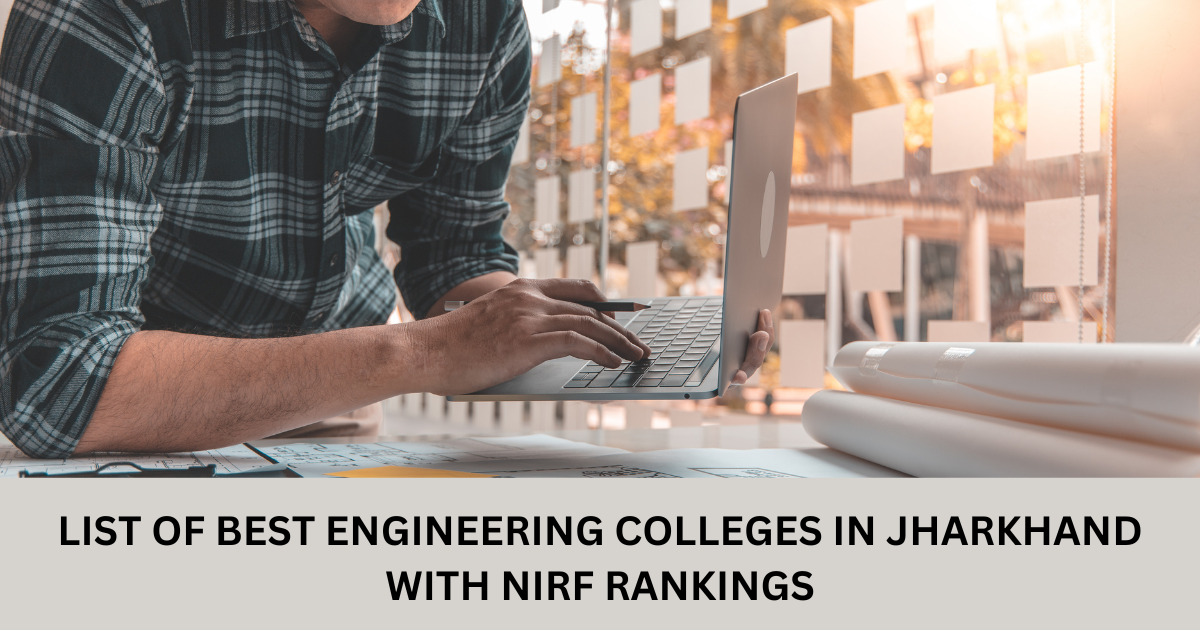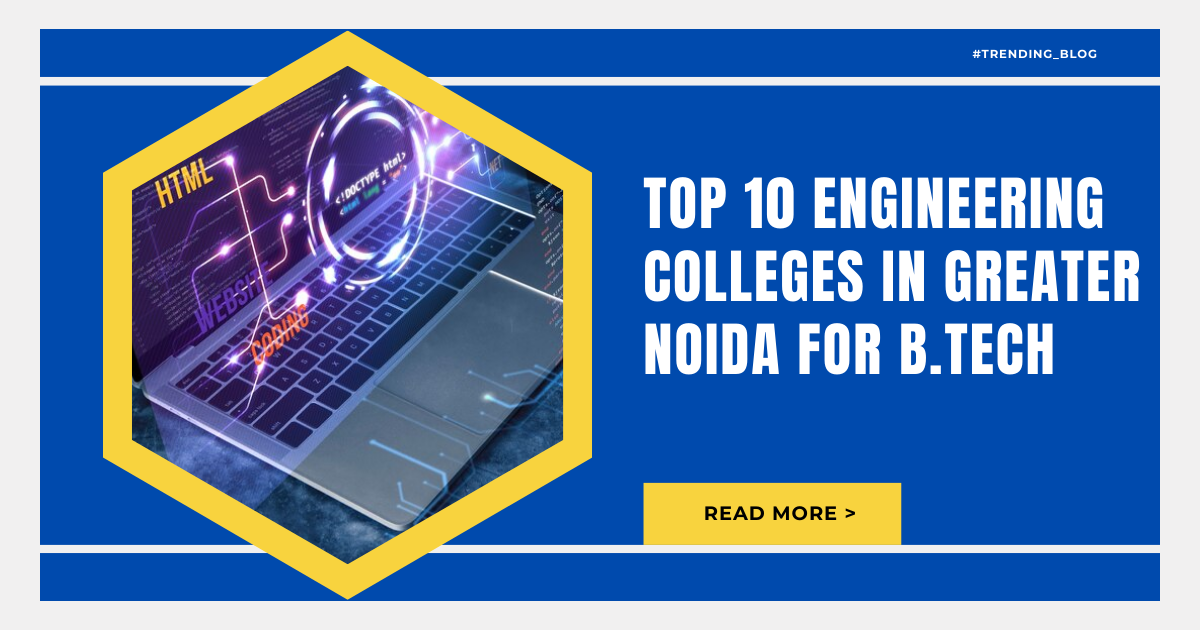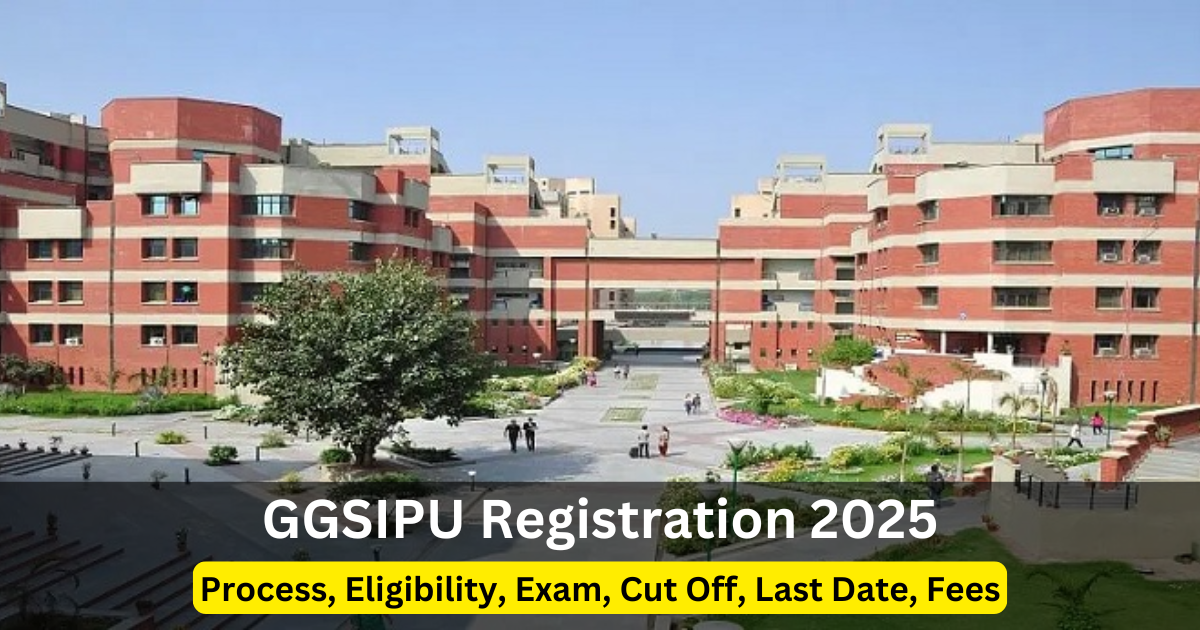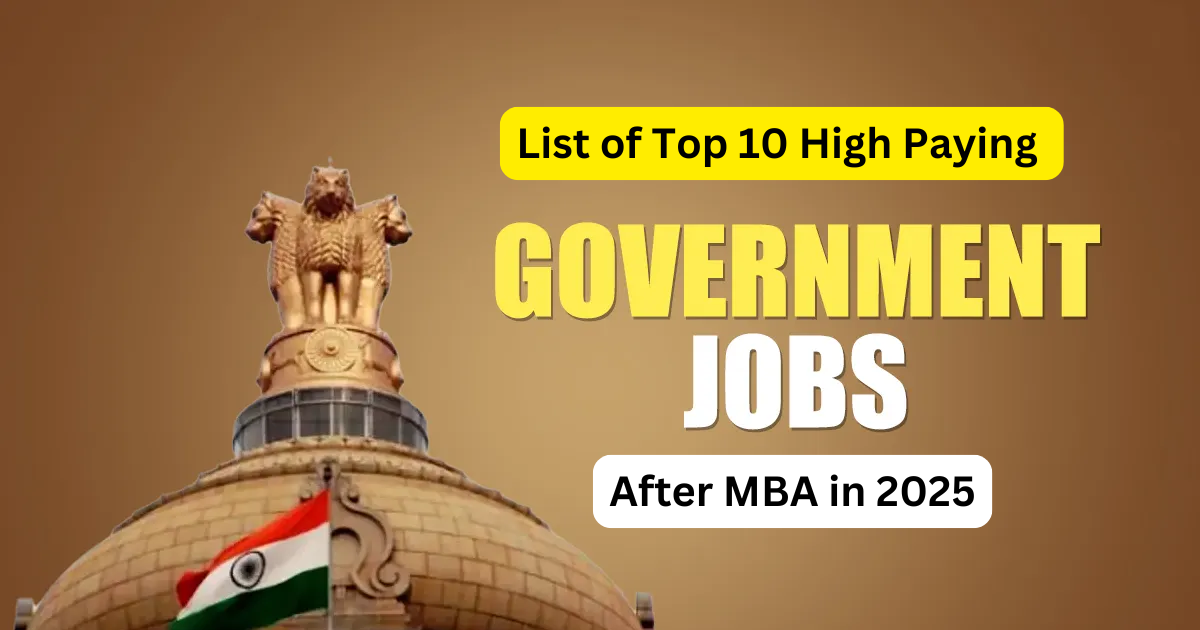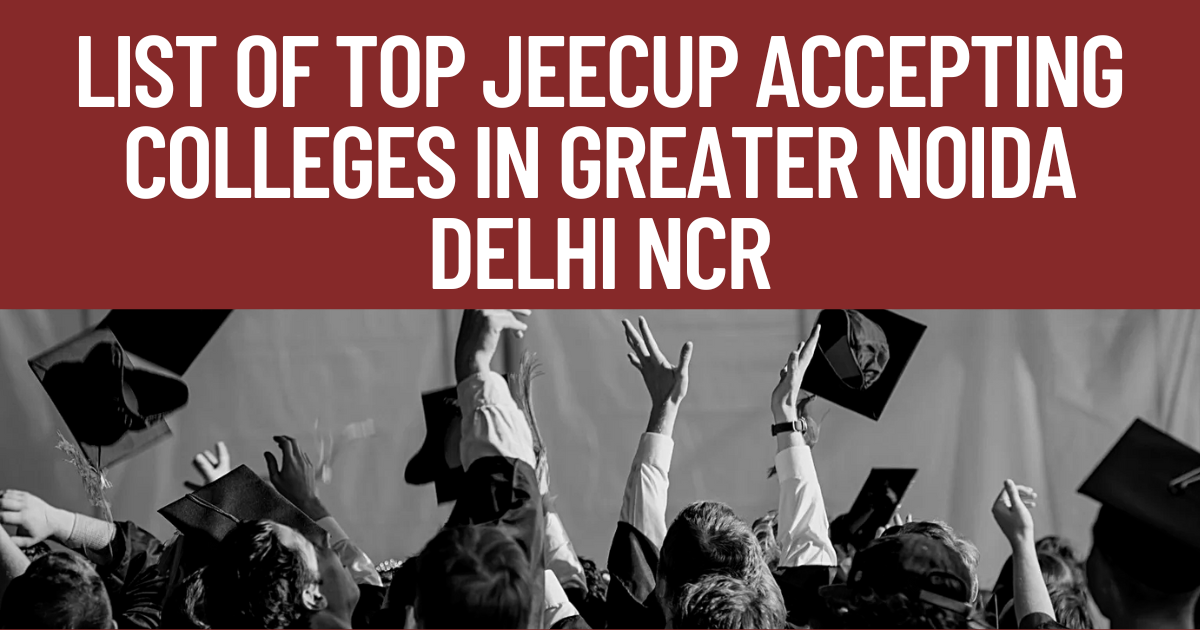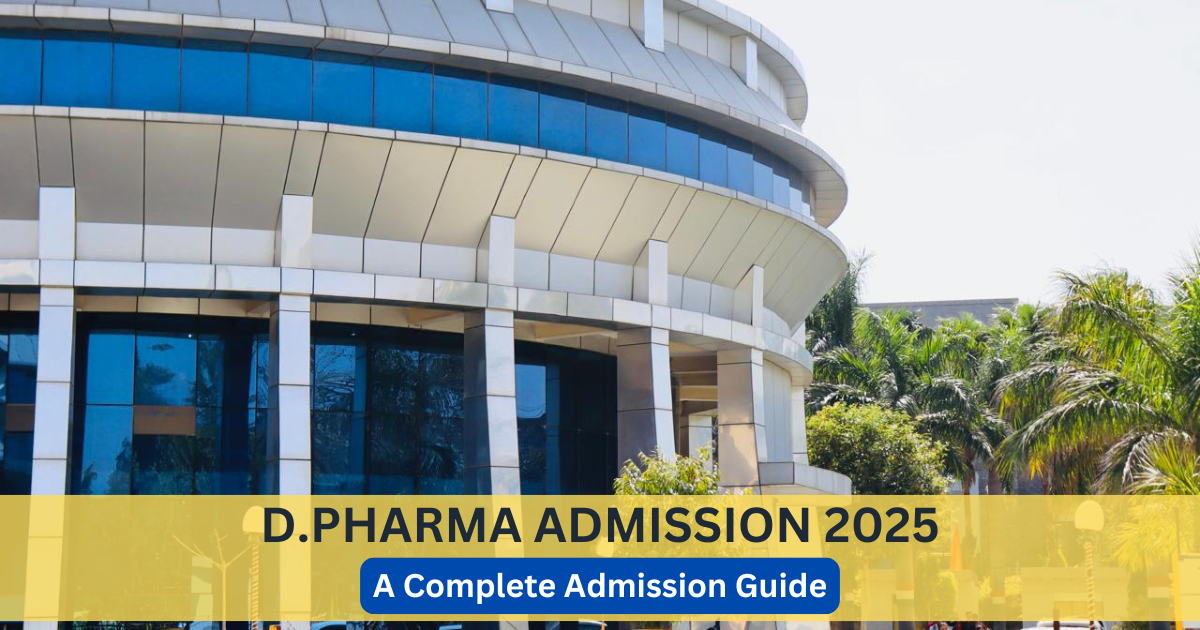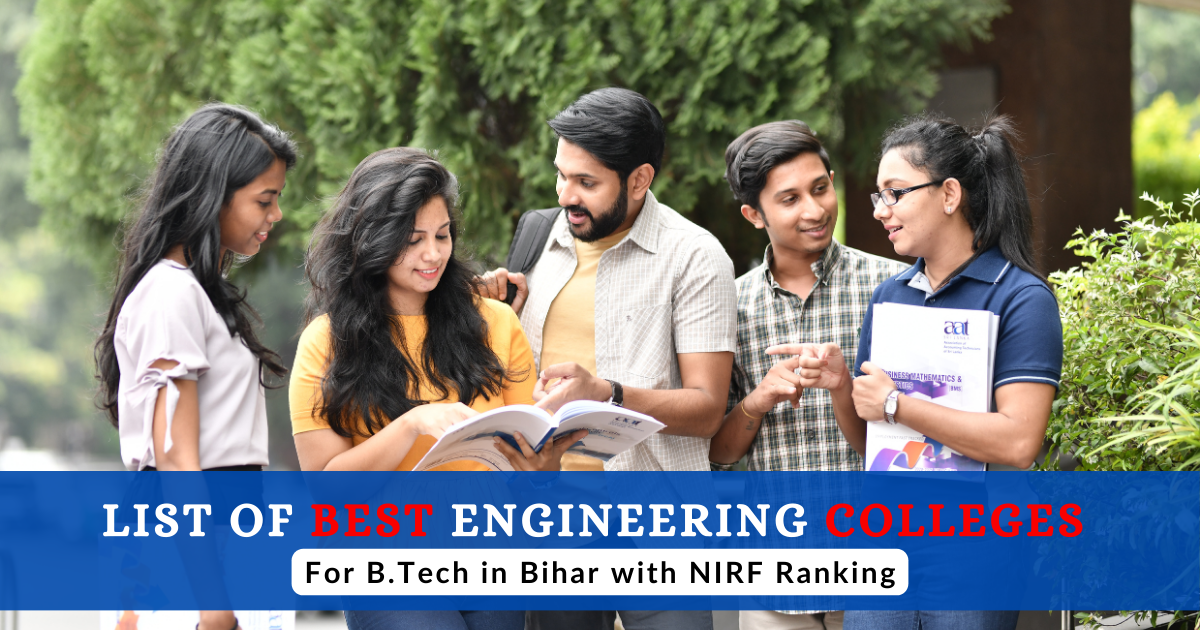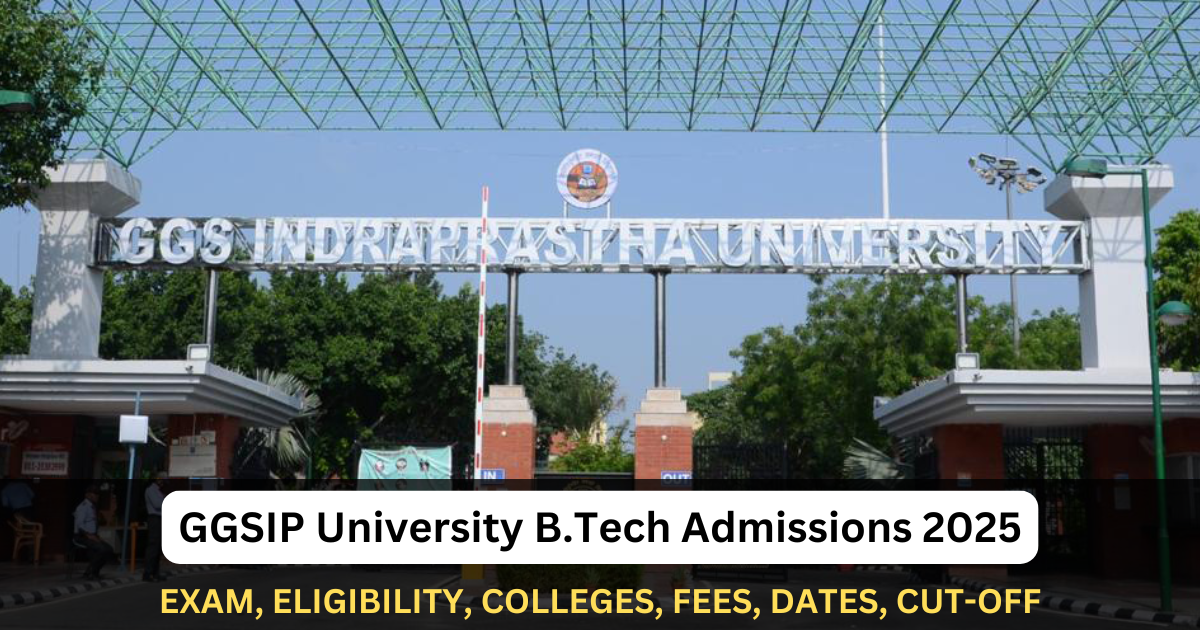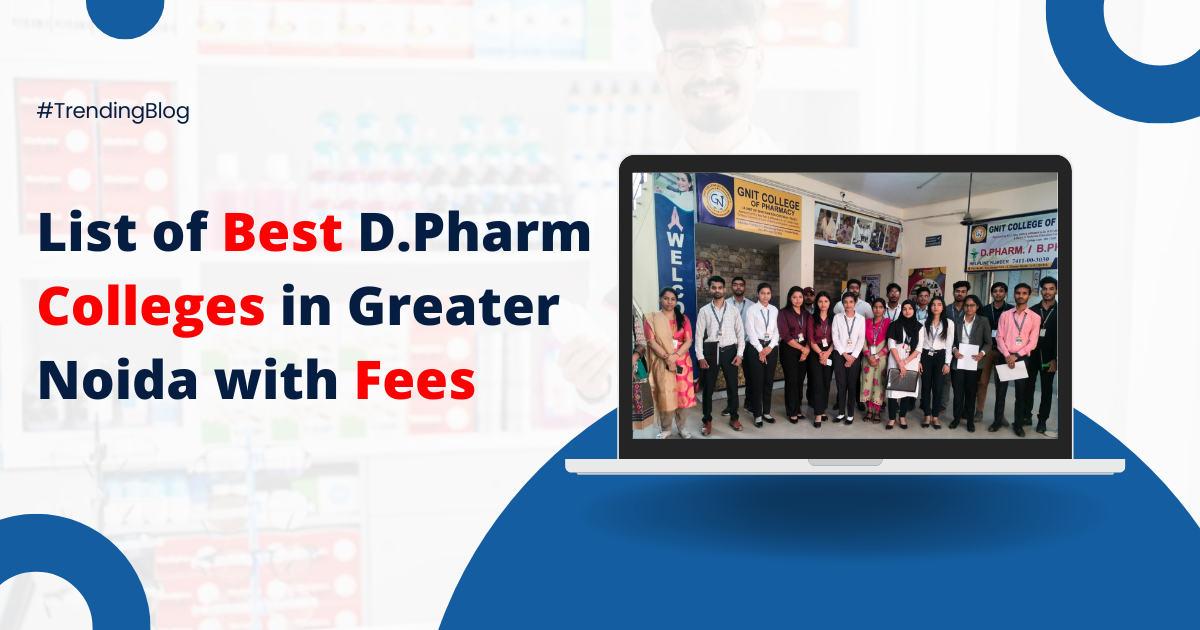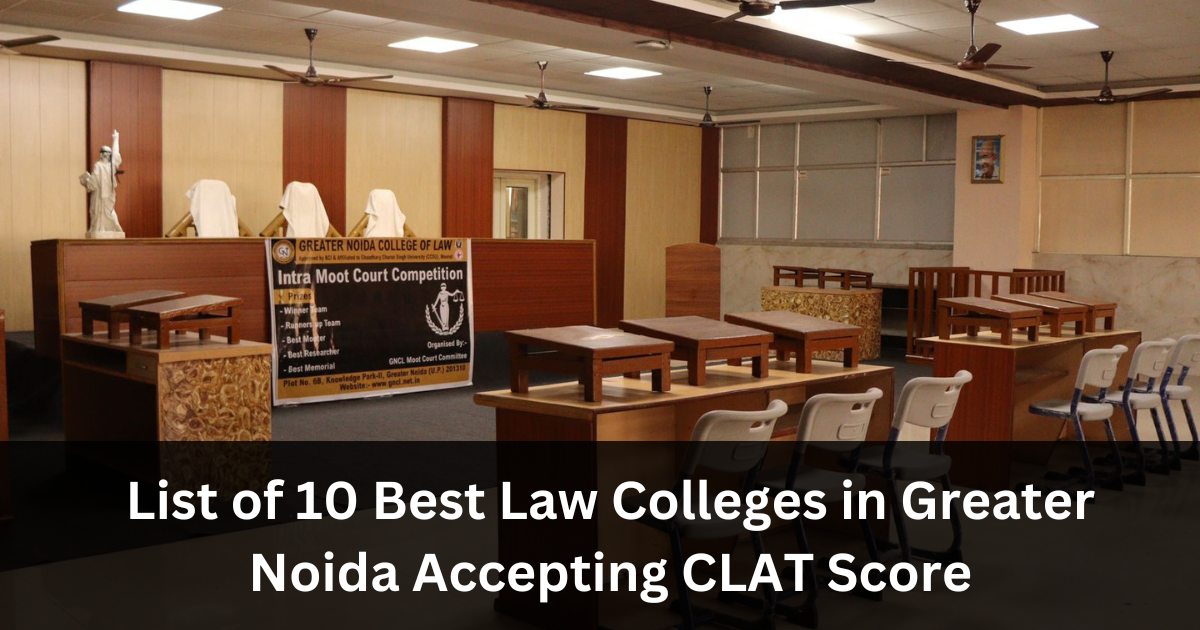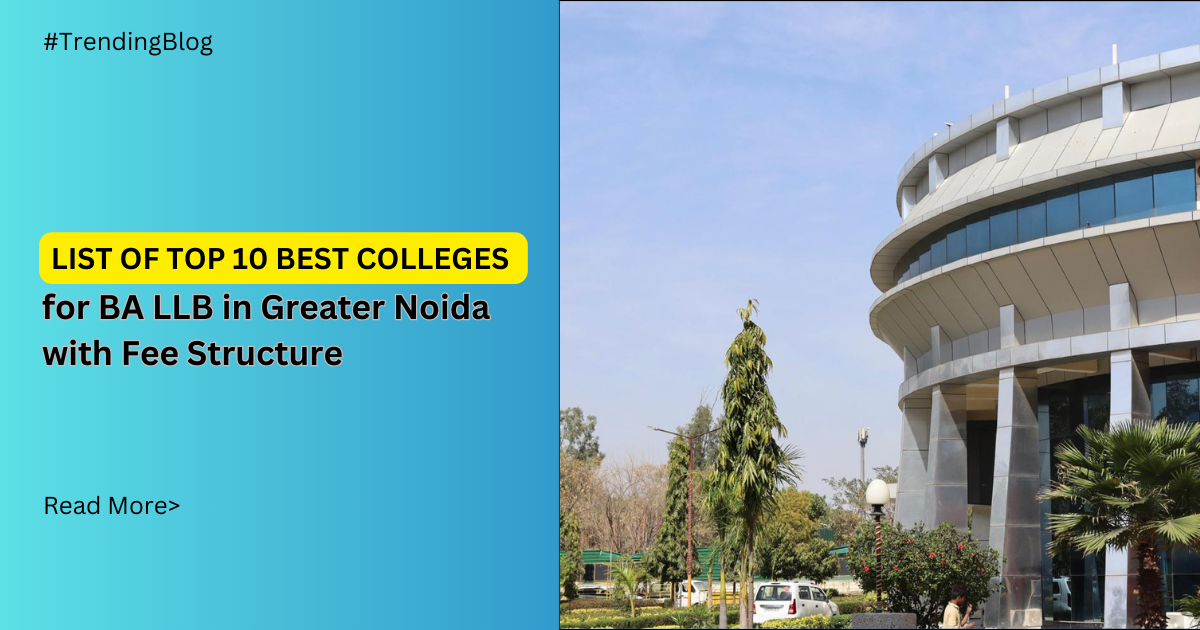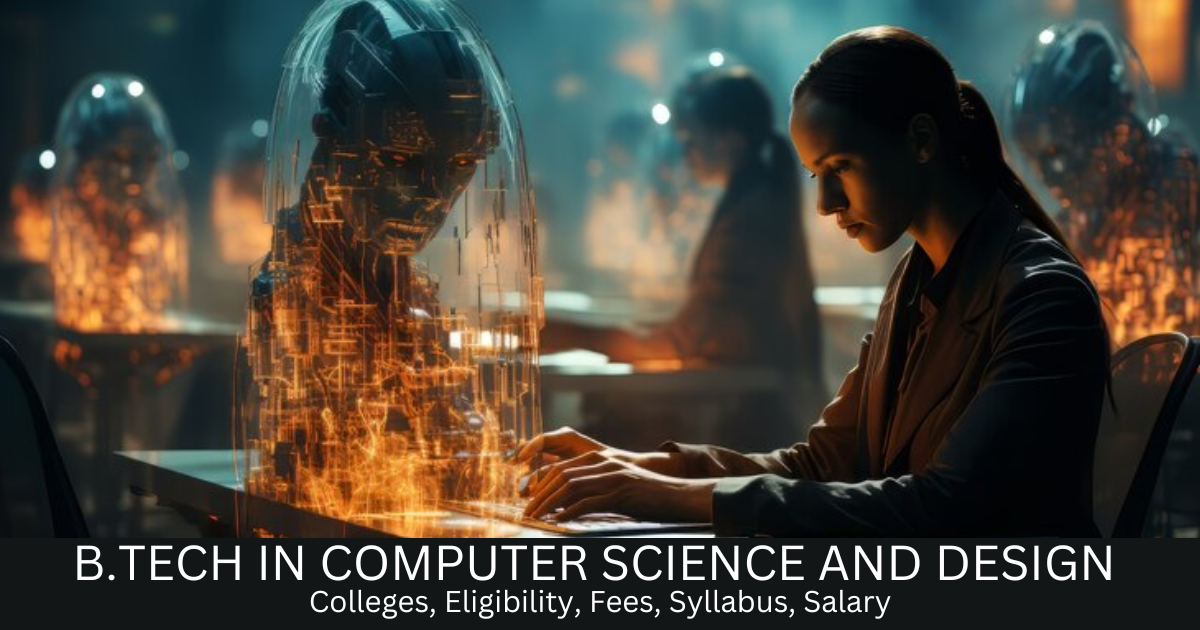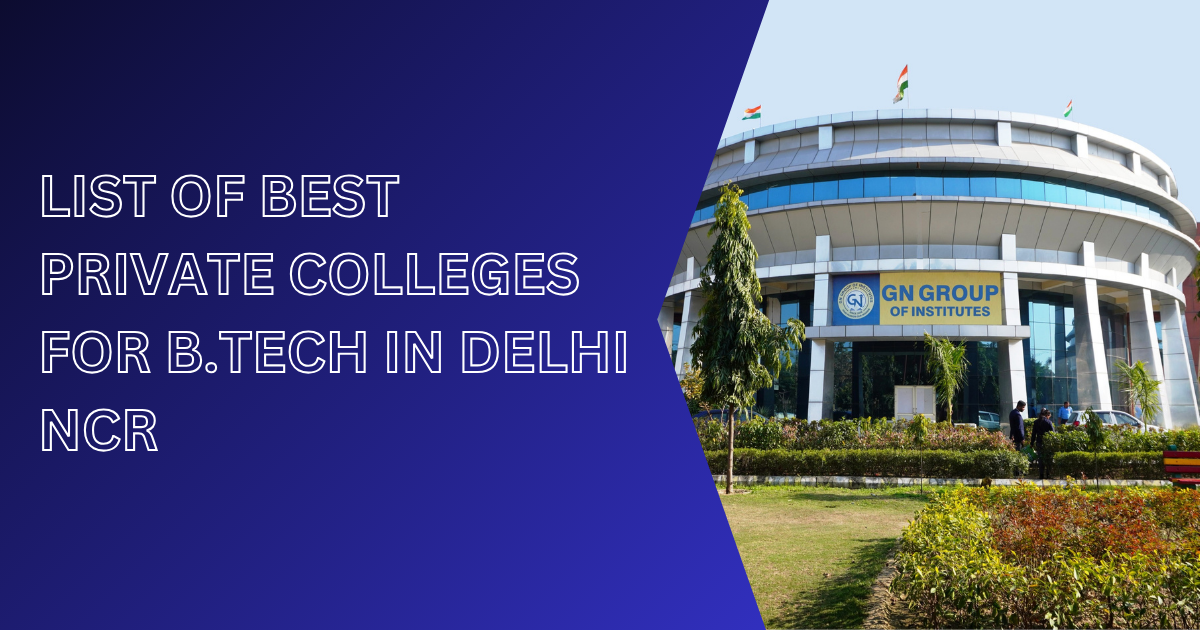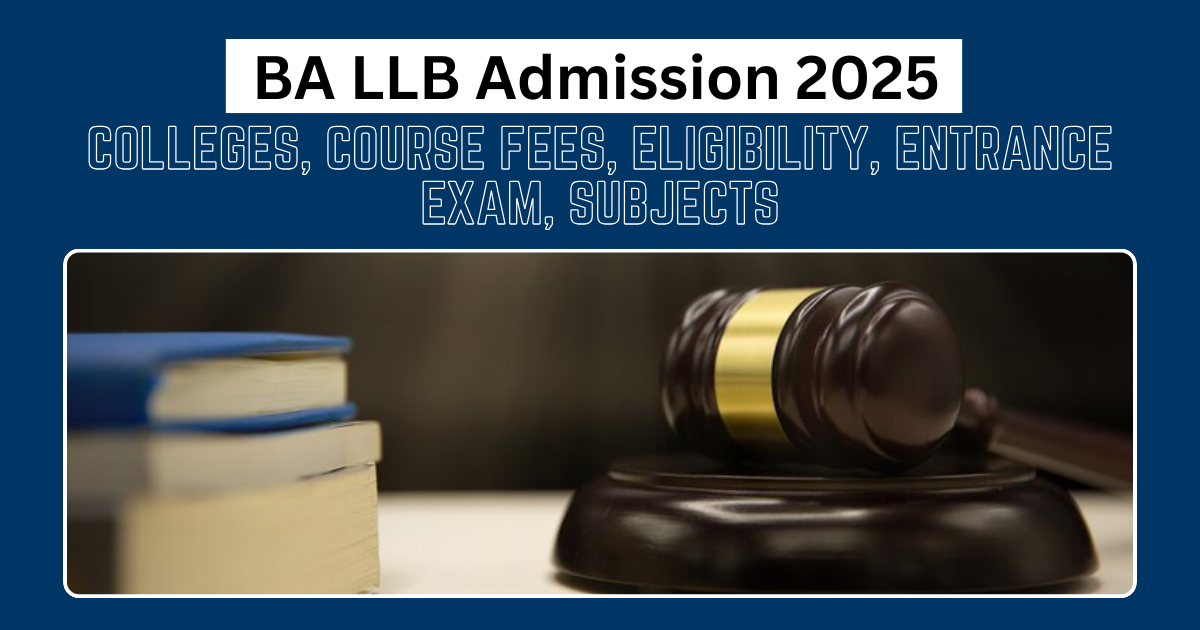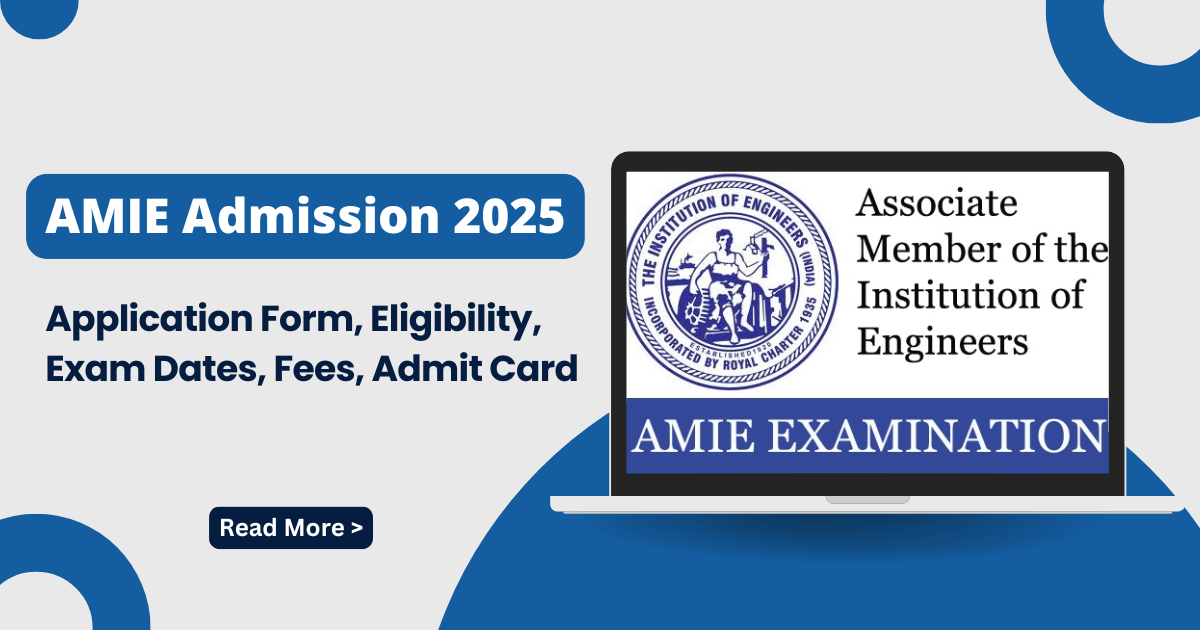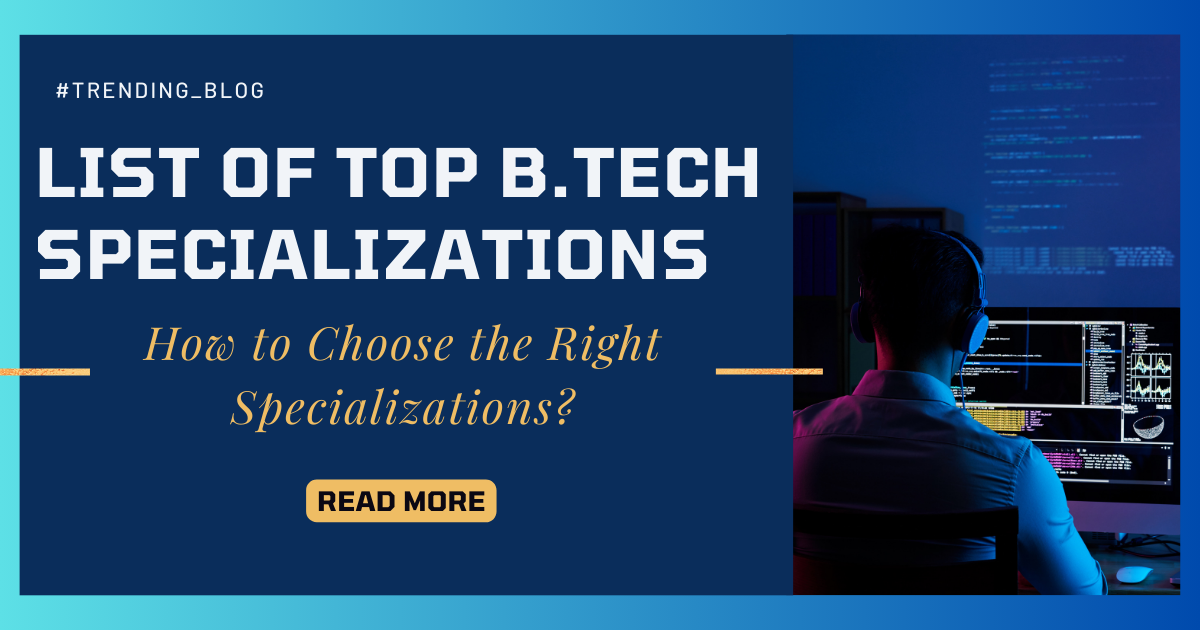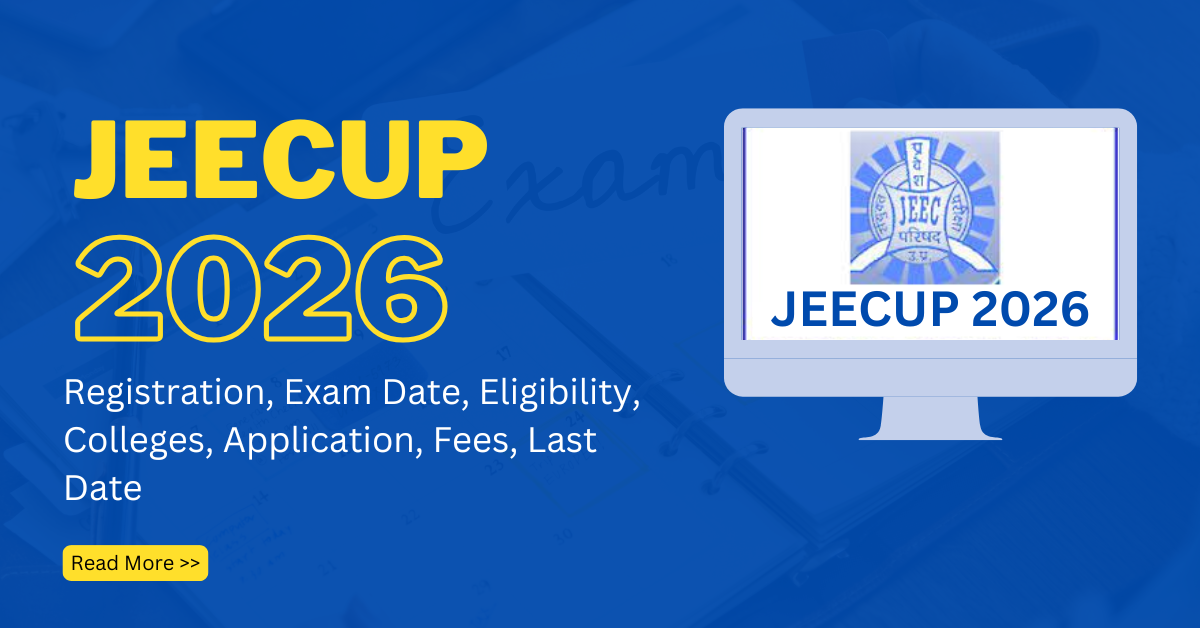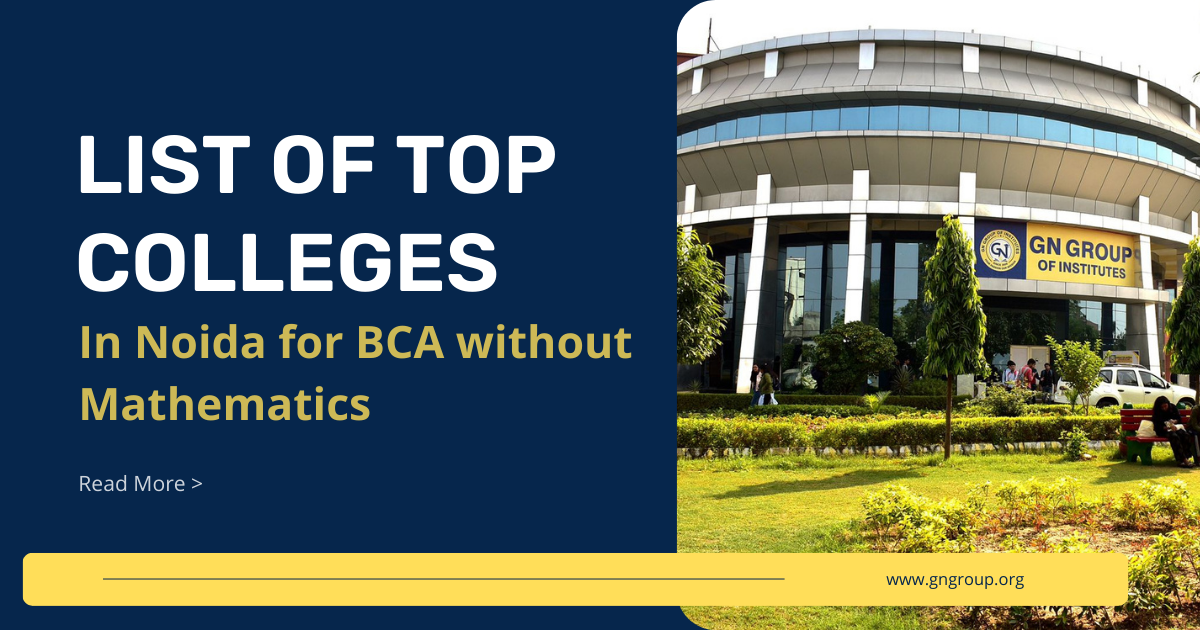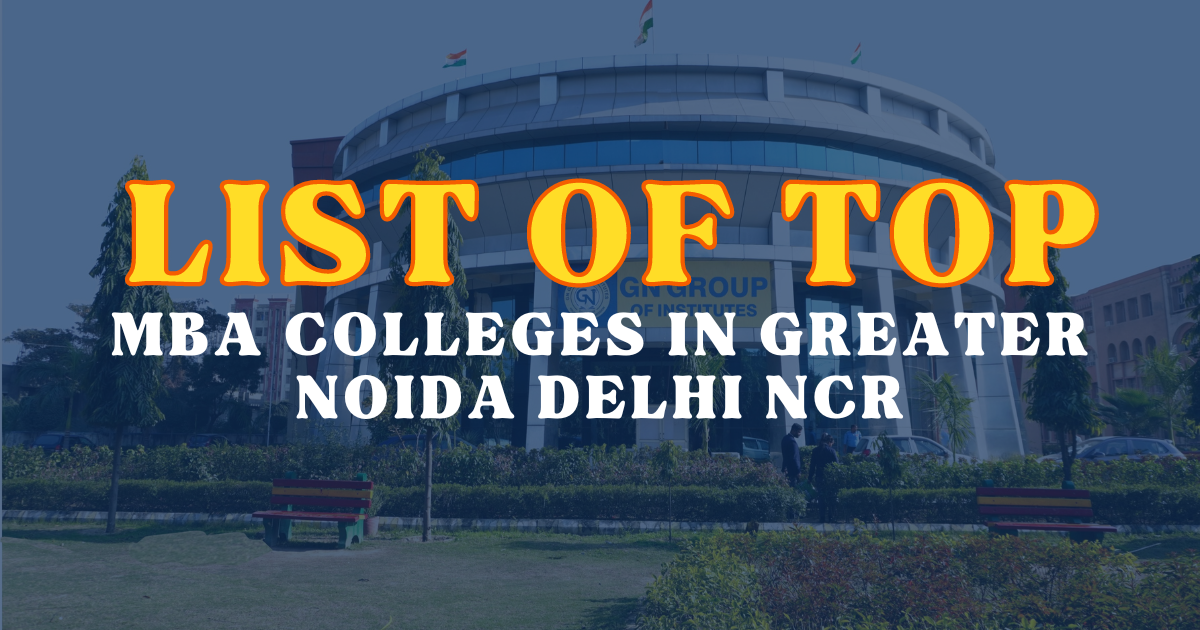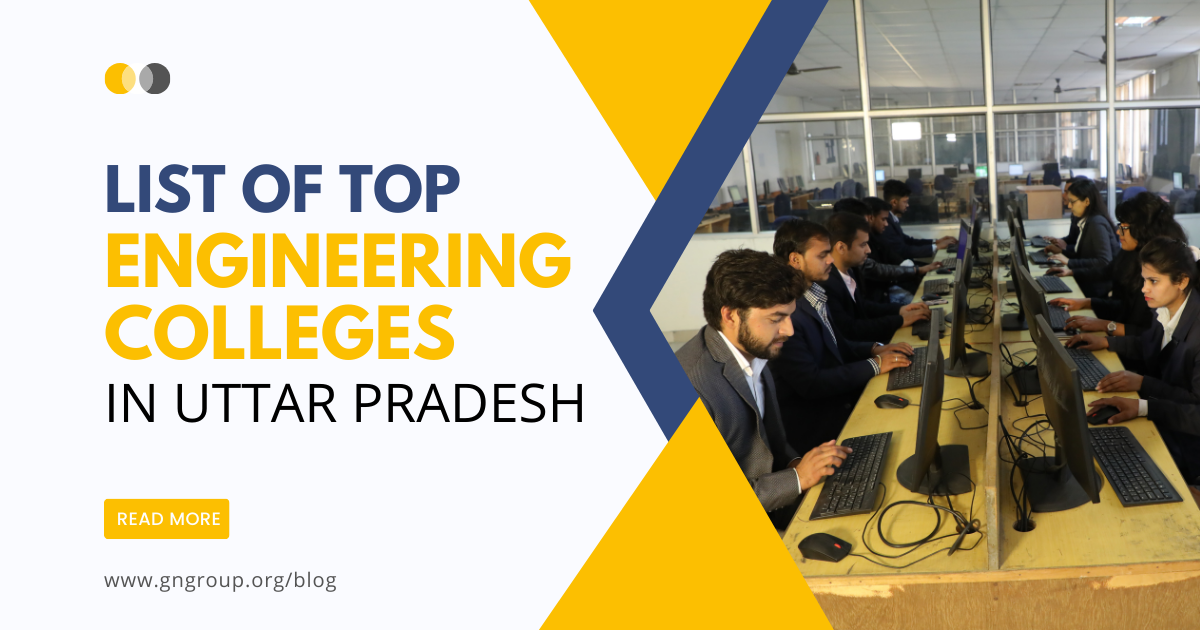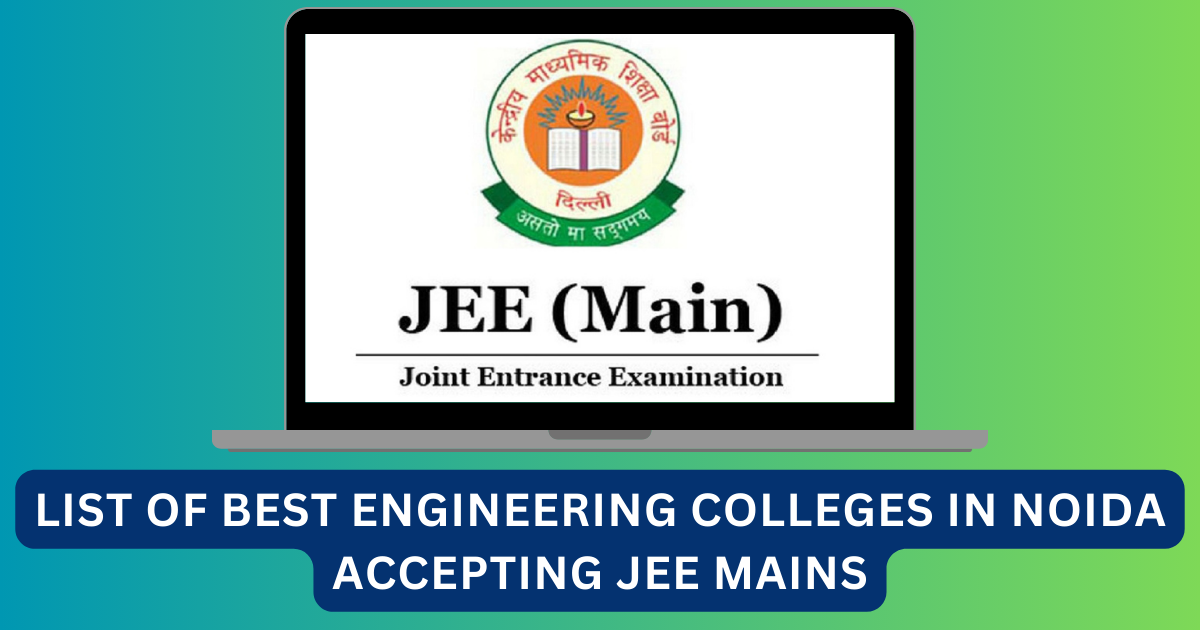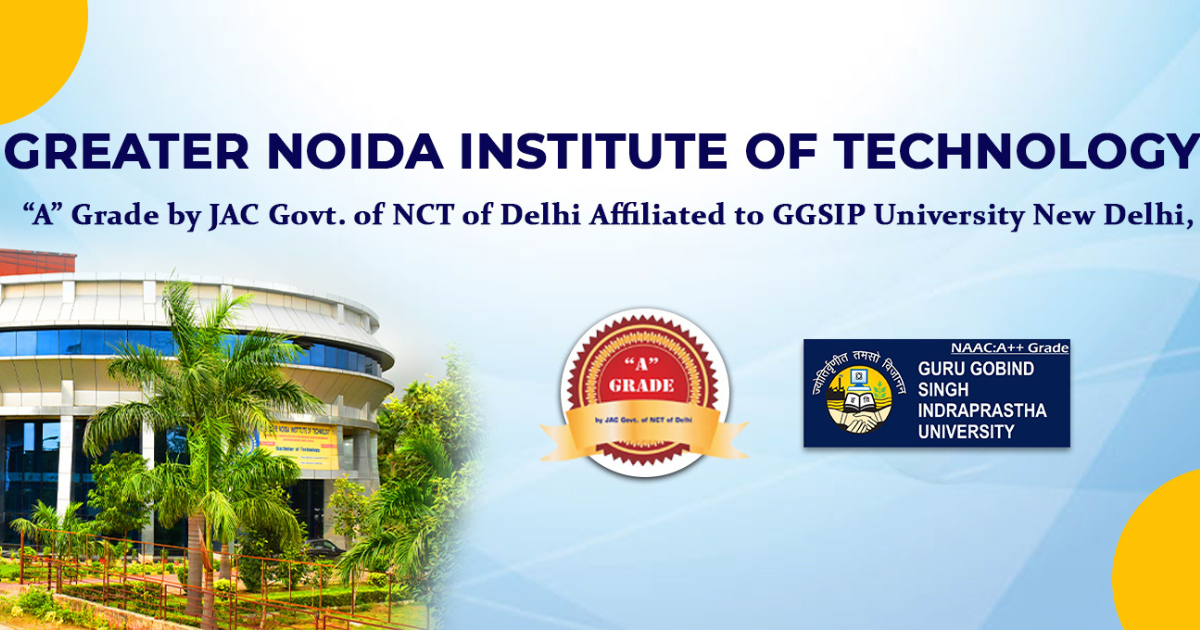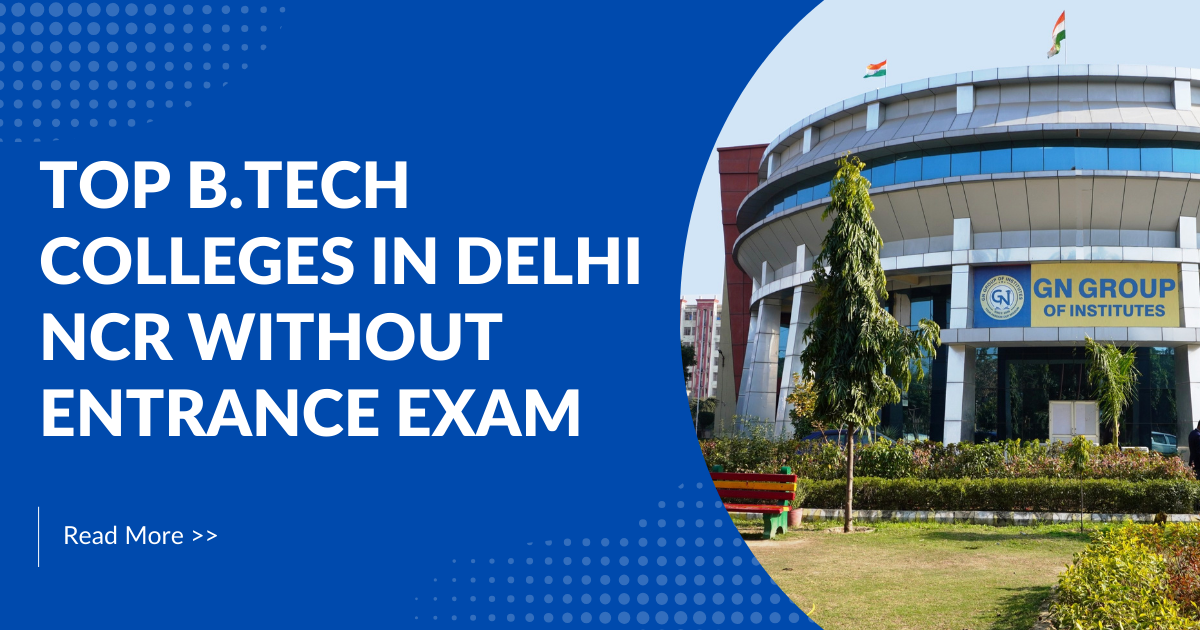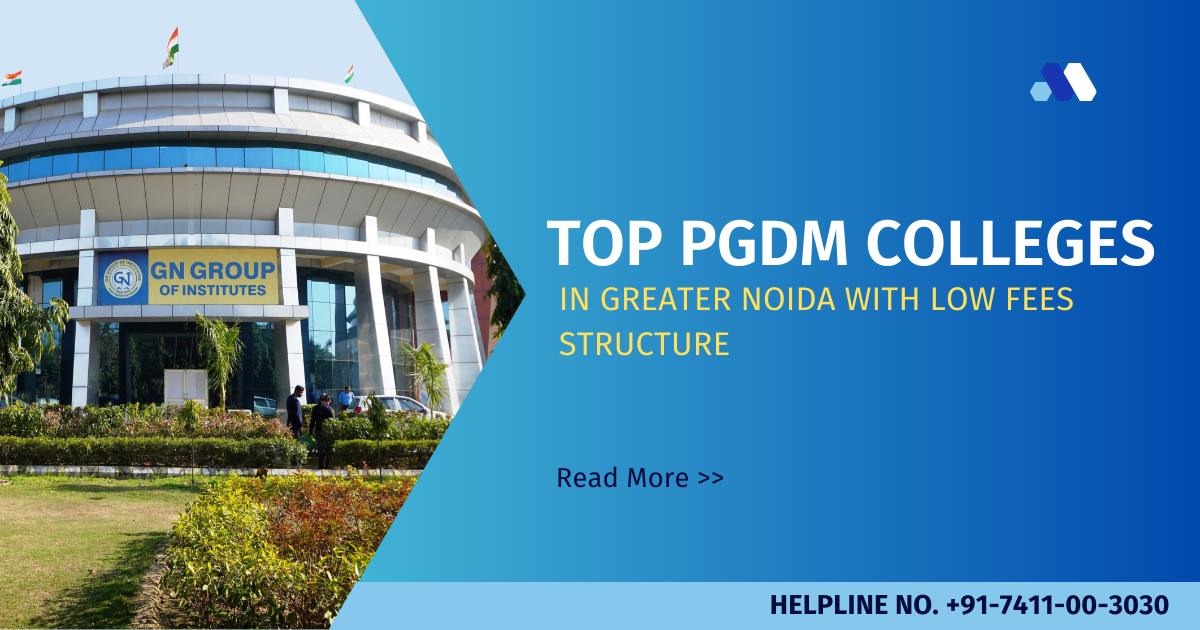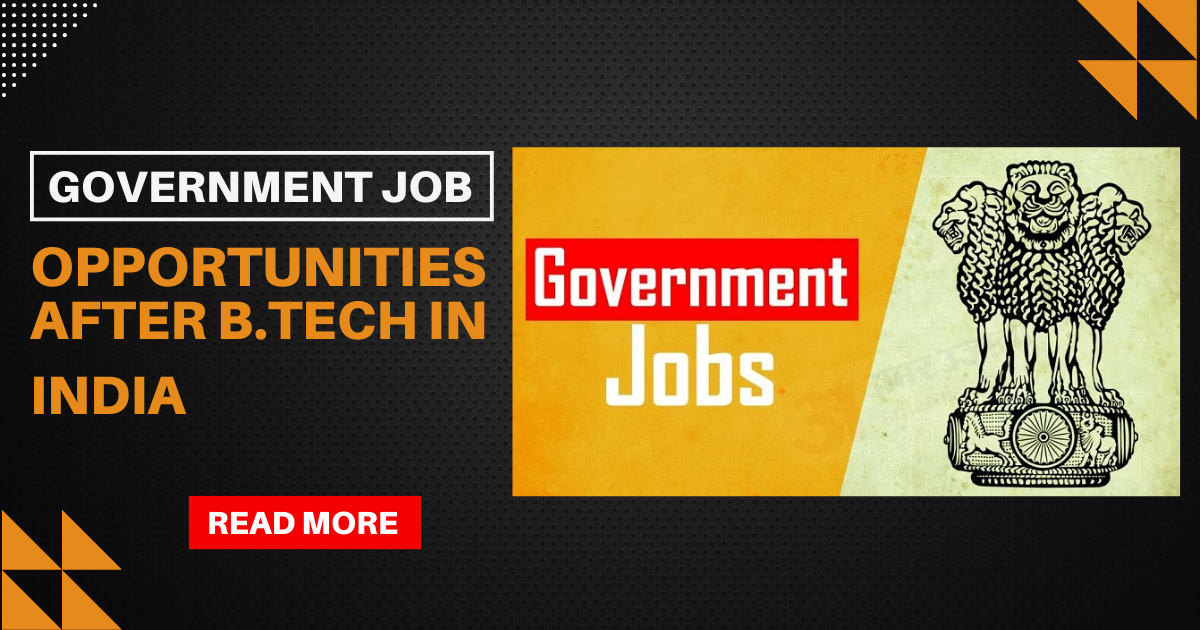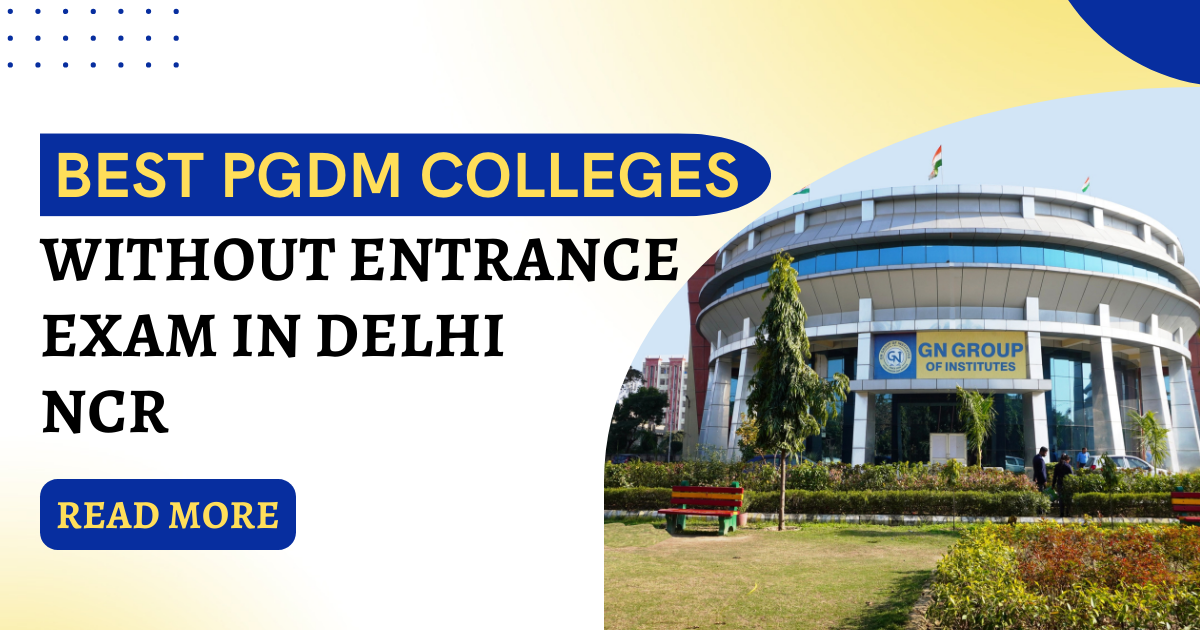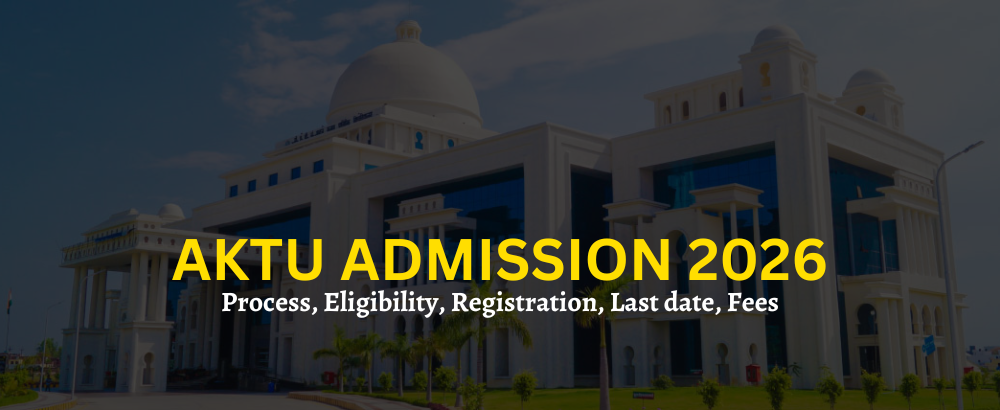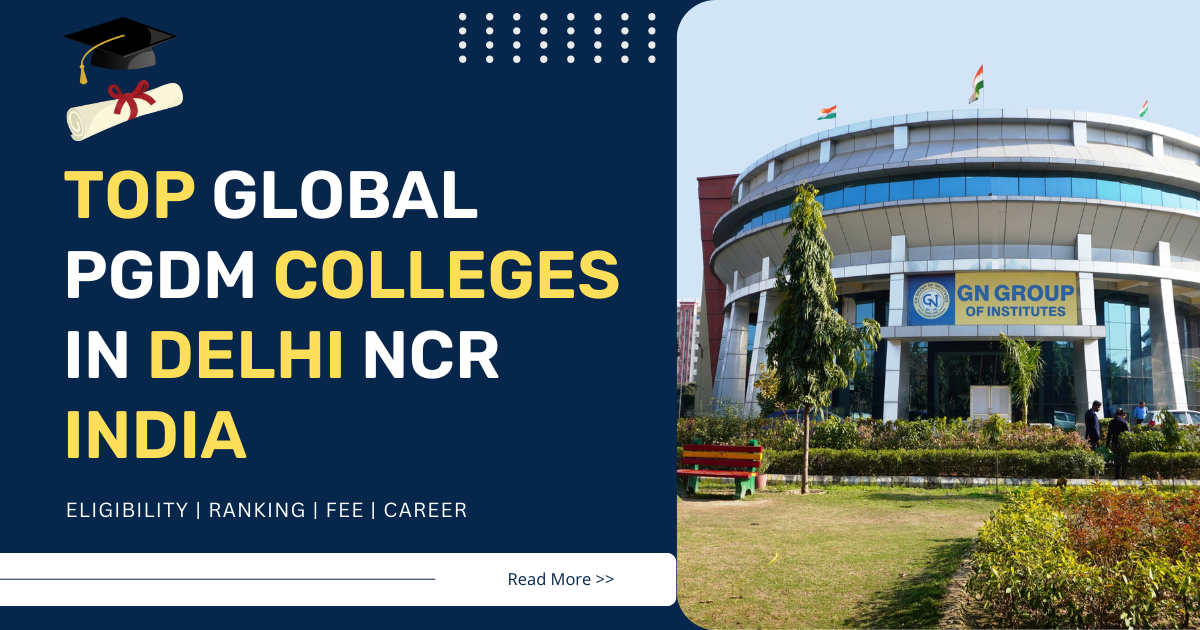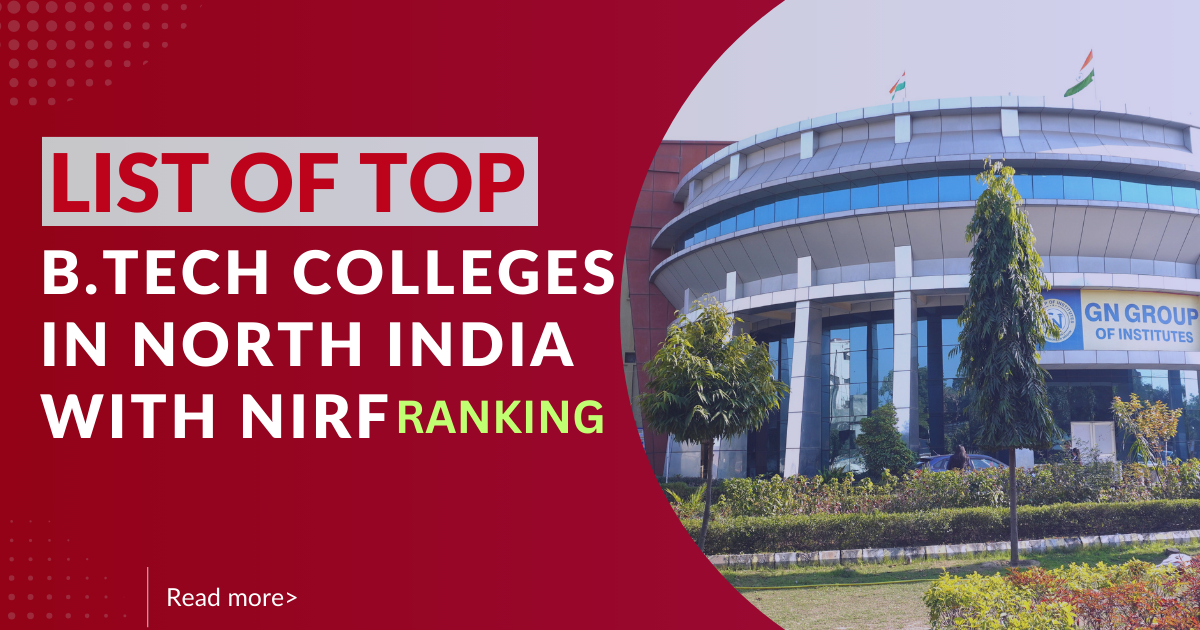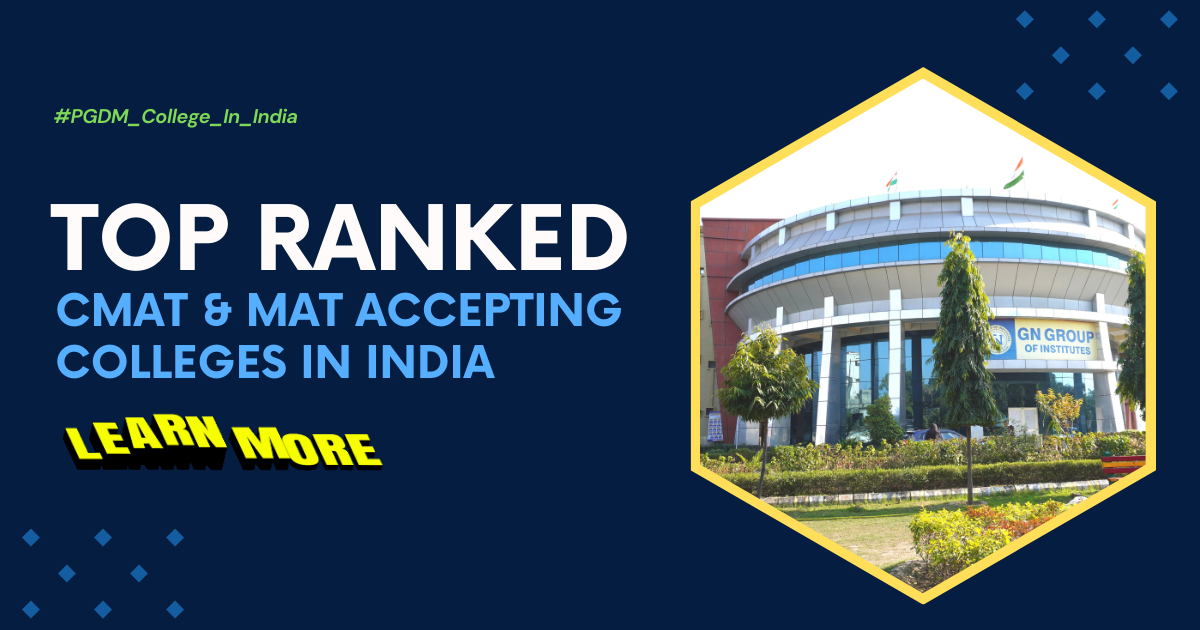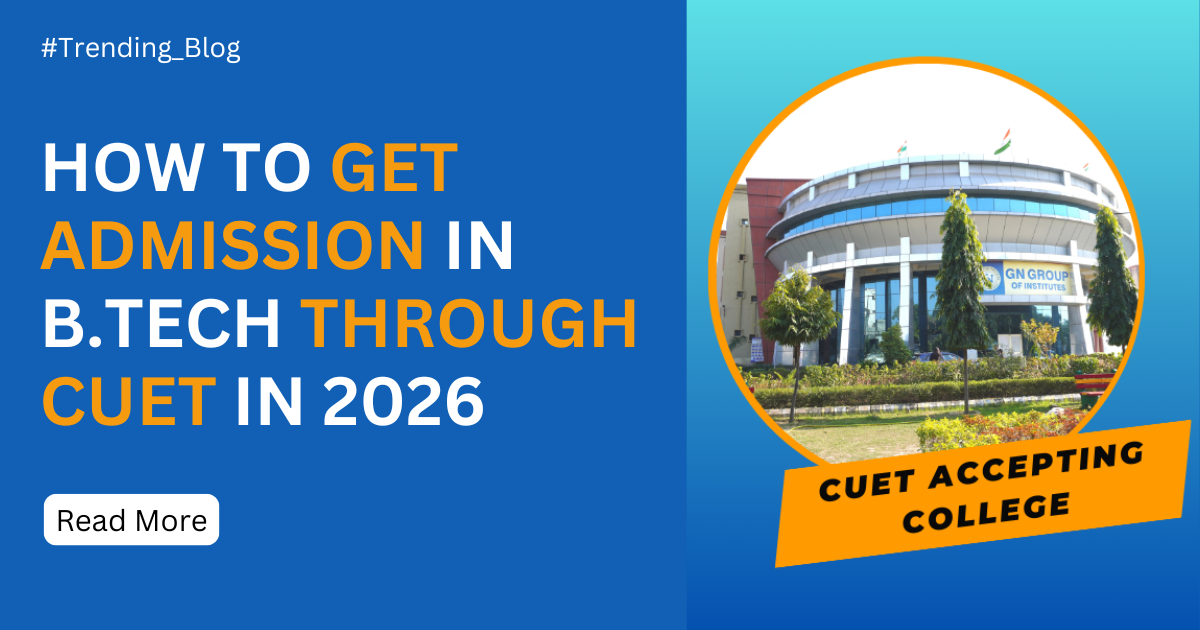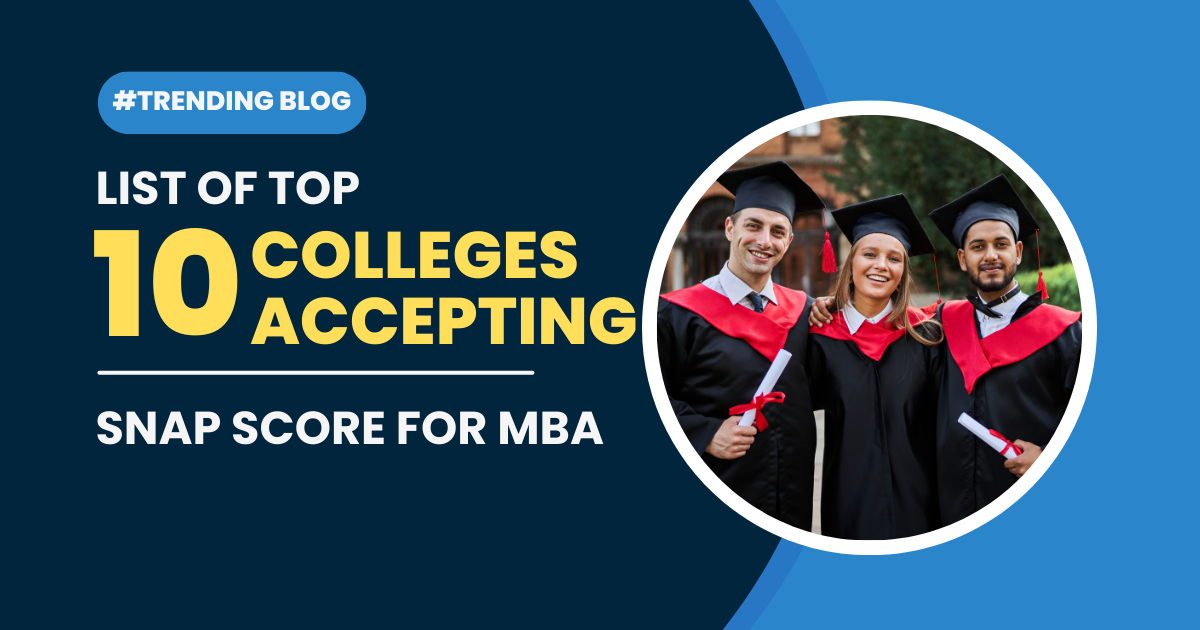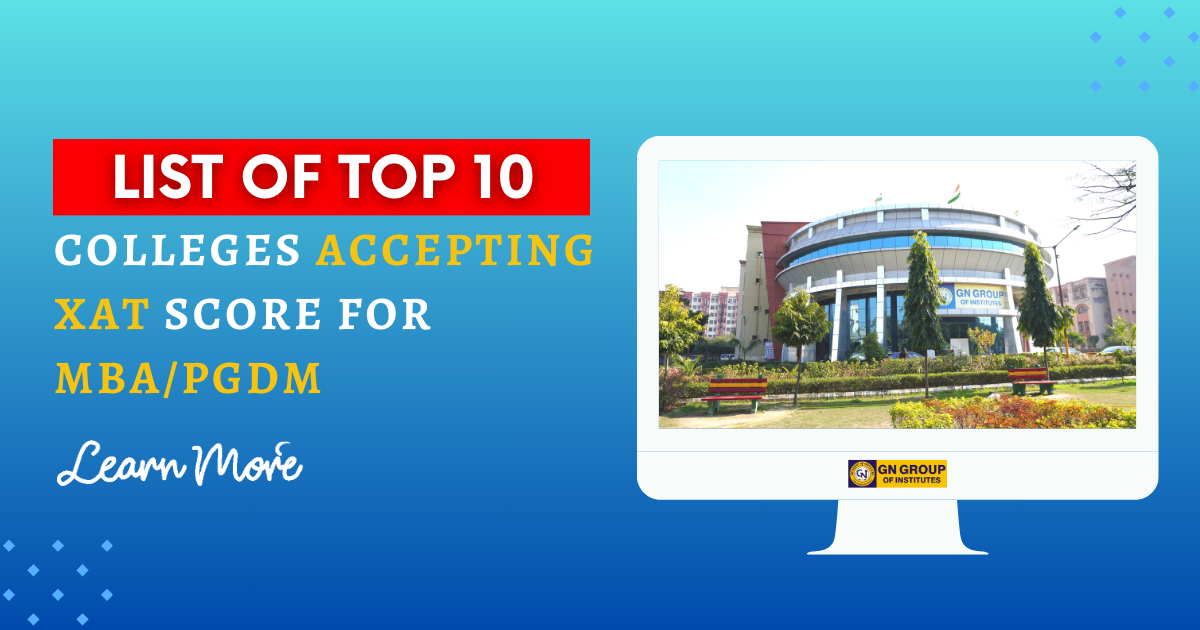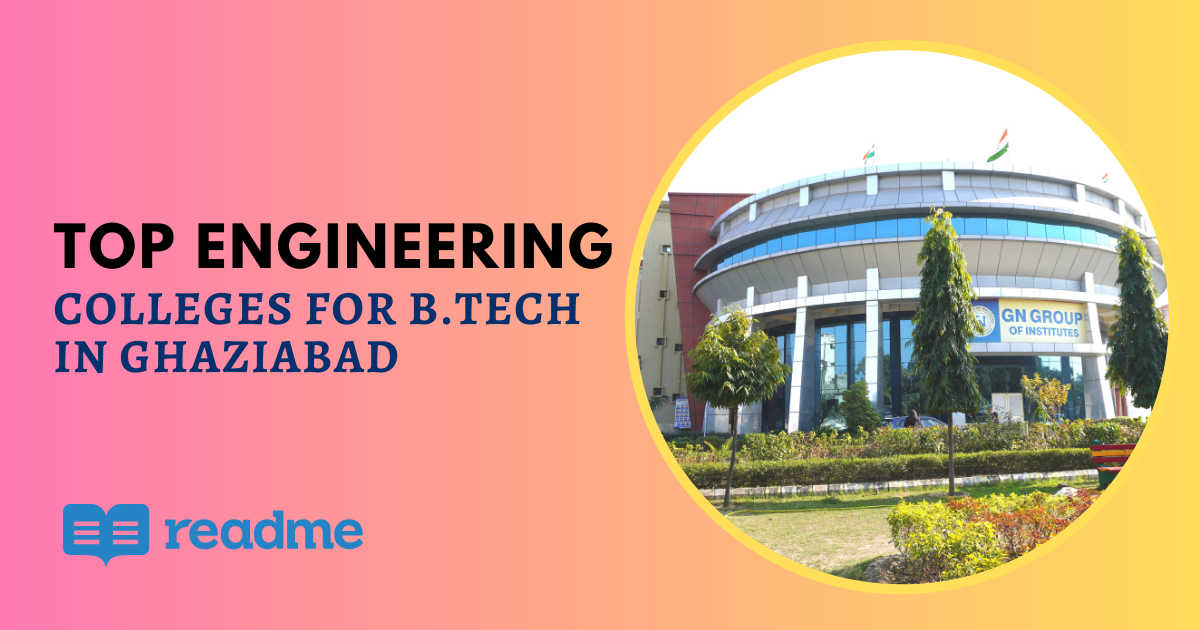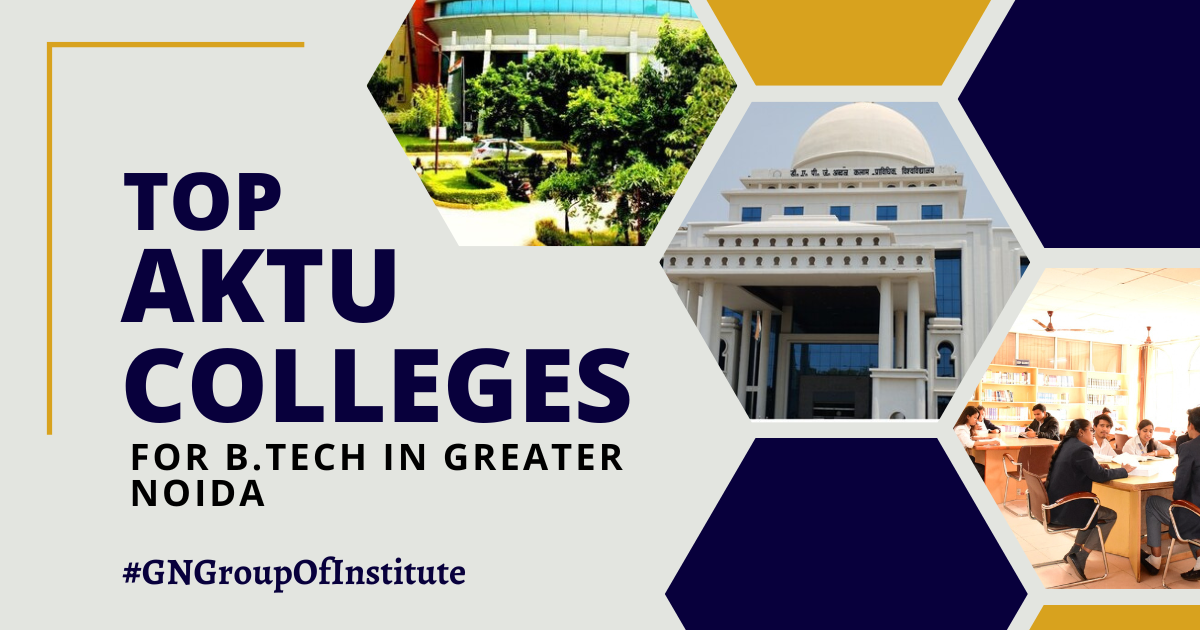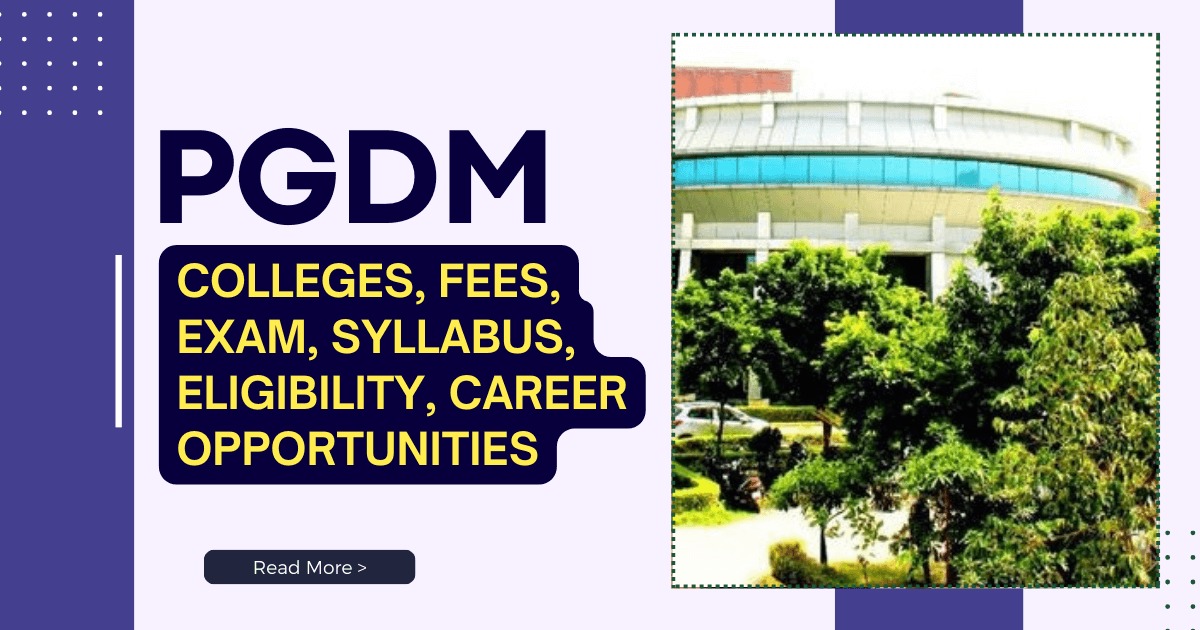Top B.Tech Colleges in Delhi NCR without Entrance Exam
One of the biggest obstacles in an engineering aspirant’s life is the intense competition for seats in top B.Tech colleges in Delhi NCR including IITs and NITs. To achieve this goal of securing a seat in top B.Tech colleges, students must compete against millions of participants every year without any guarantee of success. They prepare for a whole year to achieve higher ranks and minimum cut-off marks in entrance exams like JEE Mains, JEE Advance, CUET, WBJEE, BITSAT, and MHT CET, to qualify for admission in top B.Tech Colleges in Delhi NCR.
Out of a million candidates registering for the entrance exam, only a few thousand achieve this feat but the rest of them succumb to the pressure of preparations and end up losing hopes for studying engineering. They either switch to other branches of studies or settle down with low-ranking B.Tech colleges in Delhi without entrance exams if engineering is their end career goal. These colleges offer B.Tech admission based on the merit of students without taking into account the results of entrance exams.
There are about 134 engineering colleges in Delhi, the capital of India. Out of 134, 122 are private B.Tech Colleges in Delhi without entrance exams, and the remaining 12 are government-run universities and colleges. They provide several specializations, including civil, electrical, and mechanical, computer science, electronics, and communication.
Here in this blog, we will attempt to clear your doubts about top B.Tech Colleges in Delhi without entrance exams, their admission process, course fees, placement opportunities, and more.
Direct Admission to B.Tech Colleges in Delhi without Entrance Exam
Direct admission is the process of admitting engineering students to B.Tech Colleges in Delhi without entrance exams under various quotas including management quota, NIR quota, Women Quota, etc. Students who do not want to appear in entrance exams or any counseling process can choose from a wide range of private B.Tech colleges in Delhi NCR that offer direct admission by charging higher than regular fees.
Sometimes, direct admission is also referred to as “Paid admission” or “donation seat”. However, there are hundreds of engineering colleges in Delhi NCR that offer direct admission without charging an additional fee to meet their admission targets.
Even those students who performed poorly on entrance exams can also apply for merit-based direct admission. It becomes a savior of students with low cut-off marks in entrance exams. Recruiting firms frequently ask about résumé gaps of years. Therefore, direct admission would be the best option for pursuing a B.Tech degree without any delays.
Direct admission also allows students to choose whatever specialization they wish to pursue from B.Tech colleges in Delhi without entrance exams, which might not be the case with public colleges that base their admission process on entrance exams, personal interviews, and counseling rounds. Some of the top B.Tech specializations are as follows:
- Civil Engineering
- Electrical engineering
- Electronics and Communication
- Mechanical engineering
- Computer science and engineering
- Information technology
Management quota
The marks earned in the 12th class will determine who gets in under the management quota. The candidate's primary subjects, physics, chemistry, and mathematics, must account for 45% of their total marks.
Top Private B.Tech Colleges in Delhi without Entrance Exam
Listed below are the top private engineering colleges in Delhi without an entrance exam.
|
College Name |
Seat Intake |
|
Jamia Milia Islamia |
350 seats |
|
School of Engineering and Technology |
180 seats |
|
Amity School of Engineering and Technology |
300 seats |
|
Jagannath University |
300 seats |
|
Delhi Maritime Academy |
300 seats |
|
Gautam Buddha University |
180 seats |
|
GB Pant Government Engineering College |
180 seats |
|
Maharaja Surajmal Institute of Technology |
600 seats |
|
Delhi Institute of Engineering |
180 seats |
|
Netaji Subhas Institute of Technology |
180 seats |
|
Ambedkar Institute of Advanced Communication Technologies and Research |
224 seats |
|
University School of Information and Technology |
180 seats |
|
Northern India Engineering College |
180 seats |
What is the Engineering Entrance Exam?
The top-of-the-line B.Tech Colleges in Delhi accept the JEE Main, UPCET, IPU-CET, SRMJEEE, and SRMHCAT entrance exams. It is advised that all engineering aspirants take the entrance tests and secure the required cut-off marks to qualify for admission. The exam's complexity, the quantity of applicants, and several other factors are frequently taken into account when determining the cut-off scores for entrance exams.
The entrance exam is a time-tested method of assessing a student's intellectual skills and deficiencies to create a shortlist of promising candidates deemed qualified to study engineering at top B.Tech colleges. Entrance exams can be administered at the national, state, and university levels to choose students who will be admitted into a specific stream, class, or honors program.
Top Engineering Entrance Exams in India
- JEE Mains
- JEE Advance
- MHT CET
- WBJEE
- KEAM
- BITSAT
- VITEEE
- COMEDK
A few private colleges also require students to attend counseling processes, personal interviews, and group discussions to determine their areas of expertise. Students must pass any one of these exams to qualify for admission to the best B.Tech Colleges in Delhi.
What should you choose? Entrance Exam or Direct Admission
It depends on the student’s abilities, academic background, perseverance, and willpower. If one feels confident about enrolling in an engineering entrance exam and prepared for months to achieve a respectable score, then he or she should go for it. Engineering exams are not for the faint of hearts. The toughest engineering entrance exams in India are JEE Mains followed by JEE Advance.
Thousands of candidates choose to bypass the entrance exams and join a private B.Tech college in Delhi without entrance exam even if it costs a higher fee. The amount one will spend on coaching centres for JEE Main preparation for a whole year would be enough to pay for the donation fees at top B.Tech colleges in Delhi.
However, your dream of getting admitted to IITs or NITs will be gone forever but you will have peace of mind knowing that private B.Tech colleges in Delhi have a lot of opportunities to offer if you do well in the next 4 years of engineering.
If you are mentally, financially, and physically prepared to take the exam, then go for it but if you have even an iota of doubt that you might fail, just drop it and pick yourself a nice college with a good placement record.
Who is Eligible for Direct Admission?
Candidates who can get direct admission to B.Tech Colleges in Delhi without entrance exam include:
- Those who don't want to waste a year preparing for entrance tests.
- Those who performed poorly on the engineering entrance exam in 2023.
- Those who don't want to take any entrance exams
- Those who performed poorly in the entrance exam or who haven't taken the entrance exam.
- Those who have a 3-year diploma in engineering from an AICTE-approved institution.
How can I Apply for Direct Admission to B.Tech Colleges in Delhi without Entrance Exams?
Students must know that the eligibility criteria for direct admission vary from college to college. The following are some of the fundamental prerequisites for being directly admitted to the top B.Tech colleges in Delhi without entrance exam -
- Applicants seeking management quota seats must have a minimum of a 60% science background.
- The candidates' primary subjects in upper secondary school should have been math, chemistry, and physics.
- The age range for applicants to the undergraduate B.Tech program should be 17 to 25.
Direct admission works on a first-come, first-serve policy. Merit students will not have the same admissions processes or time allotted to them as management quota students. To find out more information, students must either contact the college directly or visit its website. To start the admissions process, some essential guidelines are as follows: -
Students should fill up and submit the application form received from the relevant institution together with the required documents, or they can enter their related documents online on the college website, such as copies of their mark lists, transfer certificates, photos, and ID proofs.
The management shortlists candidates based on the number of available seats, and students are required to report to complete the remaining admission procedures.
Important Documents Required for Direct Engineering Admission
To finish the admissions process, candidates who make it through the screening phase and either the online or offline counseling process must provide the following documents and report to the admissions centre.
- 10th Certificate
- 12th Certificate
- Diploma Certificate (for B.Tech Lateral Entry)
- Caste Certificate (only for those who belong to SC/ST/OBC/PWD and others)
- 5 Passport Size Photographs
- Cut-Off in Entrance Exam (if any)
Direct Admission without Donation Fee
If you want to enroll in B.Tech colleges in Delhi without entrance exam or having to pay a donation fee, you need to find a college that doesn’t care for either entrance exams or donation fees. Private colleges often provide direct admission without a donation fee based on a student’s merit and academic background. However, they still have to satisfy the basic requirements for B.Tech admission, which says that students must have cleared 12th with PCM subjects and a minimum of 45% in the final exam. If you don't make the JEE Main cut-off, you will still receive a ranking. Based on that ranking, you can participate in the private institutions' counseling process for admission to their B.Tech programs.
The counseling is offered by the Central Seat Allocation Board (CSAB). Consequently, candidates may participate in the counseling process by visiting csab.nic.in, the board's official website. The course fee and the registration fee for counseling are the only expenses that candidates must pay.
Using this approach, you can avoid taking a year off from school.
Benefits of Direct Admission Top B.Tech Colleges in Delhi without Entrance Exam
- Quick and Trouble-free Admission – Students can gain immediate admission to the top B.Tech colleges in Delhi without entrance exam. A student can apply for direct admission to any prestigious private college even if they fail to achieve higher cut-off marks and closing rank in the State entrance exam.
- Freedom of Choice: Through a direct admissions process, students can enroll in any college or institution of their choosing. It enables students to choose the top B.Tech colleges in Delhi without entrance exam.
- Choice of Specialization: Students enrolled in direct engineering admission are free to choose any engineering specialization they like. This will enable them to secure lucrative jobs. Probably, entry exams won't allow for this.
- Location preference: Students looking for B.Tech colleges near me to pursue an engineering degree are free to choose any location of their choice. Is there somewhere more ideal than Delhi NCR? They will be able to select a college that is near their house if direct admission is applicable.
- A break from the nerve-wracking prep for entrance examinations like WBJEE, VITEEE, JEE Main, JEE Advance, and BIT SAT.
Why Choose Greater Noida (GNC) for Direct B.Tech Admission in Delhi NCR?
Under the auspices of the GN Group of Institutes founded in 2008, Greater Noida College (GNC) is one of the best B.Tech colleges in Delhi without entrance exam, located in the prime region of Greater Noida. The Institute offers B.Tech programs in a variety of specializations, including computer science engineering and computer science engineering with a focus on artificial intelligence, mechanical engineering, applied sciences, and virtual lab. The Institute is affiliated with Dr. Abdul Kalam Technical University, AKTU - State University of UP with a B+ NAAC accreditation in the engineering sector.
Students must pass the UPCET or JEE Main test to proceed with the admissions procedure. Additionally, they must pass the 12th grade from an accredited board with at least 50% of the aggregate marks. The first-year fee for GNC B.Tech programs is INR 1,08,000, while the application fee is INR 1000. For admission to the B.Tech program, the university accepts applications both offline and online.
Also Read:
- When Engineering Colleges Start Admissions for 2025: Registration, Entrance Exam, Dates
- Top AKTU Colleges for B.Tech in Greater Noida
- Top Engineering Colleges for B.Tech in Ghaziabad
- List of Best Engineering Colleges in Delhi with Low Fees Structure
- How to Get Admission in B.Tech through CUET in 2025
- Exploring Government Job Opportunities after B.Tech in India
- List of Top B.Tech Colleges in North India with NIRF Ranking
FAQs for Top B.Tech Colleges in Delhi NCR without Entrance Exam
Q1: WHAT ARE THE REQUIREMENTS TO BE ELIGIBLE TO ENROLL IN B.TECH COLLEGES IN DELHI WITHOUT ENTRANCE EXAMS?
Each institution may have different requirements for admission, but in general, applicants must have finished their 10+2 education with a minimum cumulative percentage in subjects that are required by the college.
Q2: HOW DO I APPLY TO THESE COLLEGES WITHOUT TAKING ENTRANCE EXAMS?
Typically, the application procedure entails completing the online application form on the college's official website, submitting the relevant academic and personal information, and sending in the appropriate supporting documents as instructed by the college.
Q3. WHAT ARE THE REQUIREMENTS FOR SELECTION IF ONE WANTS TO ATTEND B.TECH COLLEGES IN DELHI WITHOUT ENTRANCE EXAMS?
In most cases, the selection criteria comprise a merit-based procedure, evaluation of the candidate's academic record in the qualifying exam (such as 10+2 board examinations), and perhaps personal interviews or counseling sessions.
Q4. ARE B.TECH COLLEGES IN DELHI RECOGNIZED AND ACCREDITED BY AUTHORITIES?
Reputable organizations like the National Board of Accreditation (NBA) and the All India Council for Technical Education (AICTE) have authorized private B.Tech colleges in Delhi without entrance exam.
Q5. WHAT KIND OF PLACEMENT PACKAGE DO B.TECH COLLEGES IN DELHI OFFER?
These colleges' typical placement packages can differ on several variables, including the engineering discipline, student achievement, industry demand, and general economic conditions. Placement packages typically fall between Rs. 4 and Rs. 8 lakh annually, while certain branches may offer larger average compensation.
Q6. IS ENTRANCE EXAM MANDATORY TO TAKE ADMISSION IN ENGINEERING PROGRAM IN TOP B.TECH COLLEGES IN DELHI/NCR
Entrance exam is a common exam conducted by an organizing body as to offer admission in B.Tech program to respective colleges as per score awarded. But to give holistic approach, many of the Top B.Tech colleges in Delhi/NCR offer admission in B.Tech without entrance exam which is also called as management quota where student can get admission in B.Tech.
Q7. WHICH ENGINEERING COLLEGES IN DELHI/NCR OFFER ADMISSION IN B.TECH WITHOUT ENTRANCE EXAM?
There are some top B.Tech colleges in Delhi/NCR that offers admission in B.Tech program without entrance exam in which Greater Noida College (GNC) is one of the best private engineering colleges to offer admission in B.Tech program.
Q8. WHICH SPECIALIZATION STUDY IN OFFERED BY TOP B.TECH COLLEGES IN DELHI/NCR WITHOUT ENTRANCE EXAM?
Most of the colleges offer all branches of study where GNC Greater Noida College offers specialization which is looked by industries nowadays.
Like Civil, Electrical and electronic communication, Mechanical, CSE (Computer Science engineering) and Information Technology.
Q9. CAN I PURSUE ENGINEERING (B.TECH) BY TAKING DIRECT ADMISSION IN DELHI/NCR?
Yes, many students prefer to take direct admission without entrance exam and secure their admission in B.Tech. Greater Noida College is one of the reputed engineering colleges in Greater Noida that offers direct admission in engineering program in account to consider other valuable skills of the students.
Q10. DO STUDENT HAVE TO PAY DONATION FEE TO TAKE ADMISSION IN B.TECH PROGRAM IN TOP B.TECH COLLEGES IN DELHI/NCR WITHOUT ENTRANCE EXAM.
It depends upon college. Some colleges charge donation fees in B.Tech course admission without entrance exam. But GNC Greater Noida College offer direct admission in B.Tech course without charging any donation. Student must be aware from such cautions.


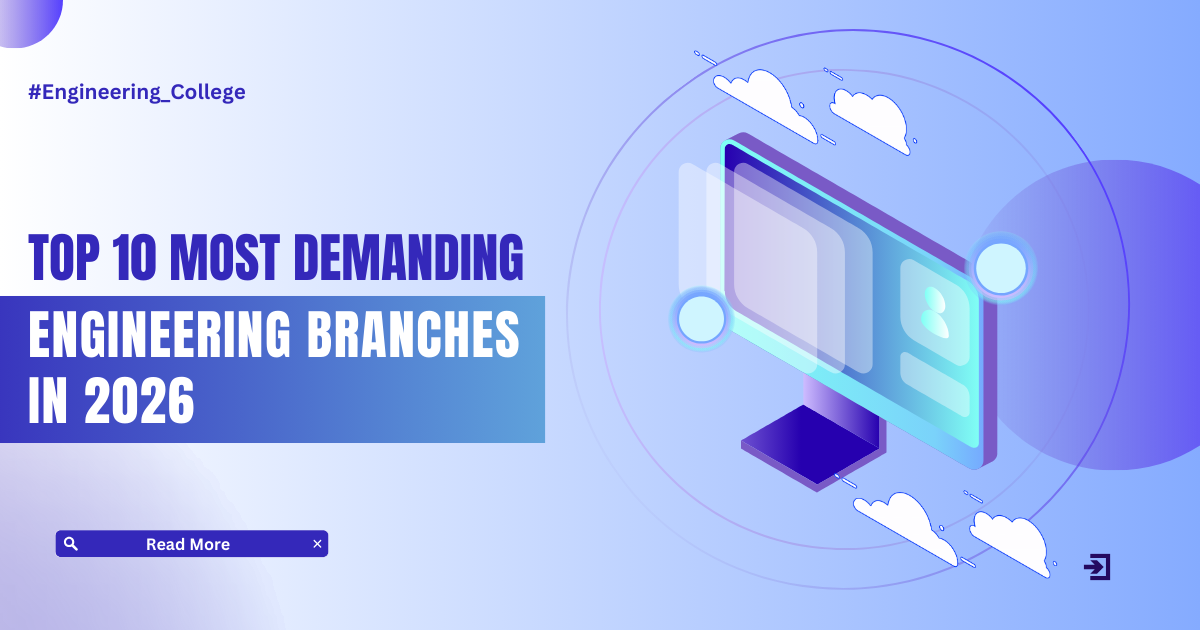

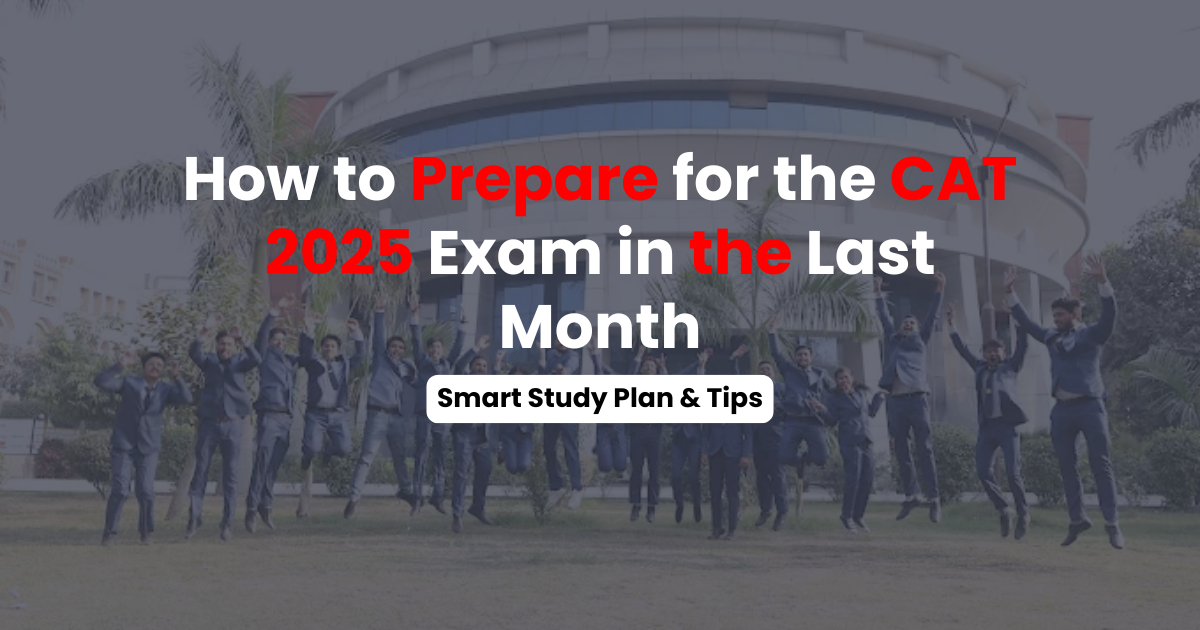

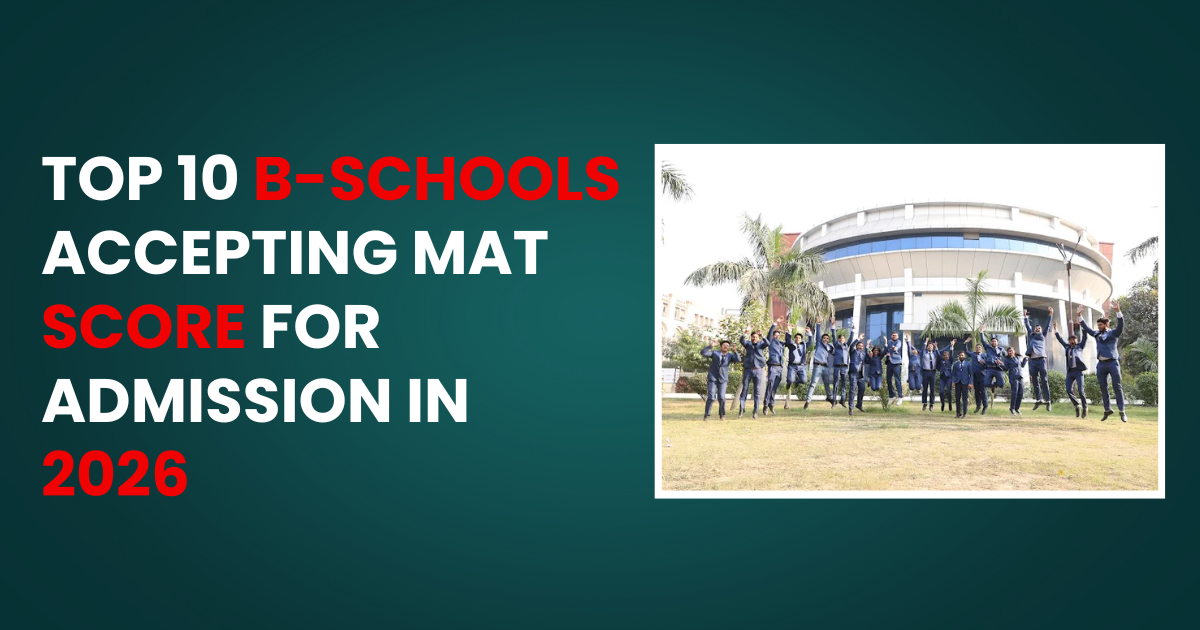

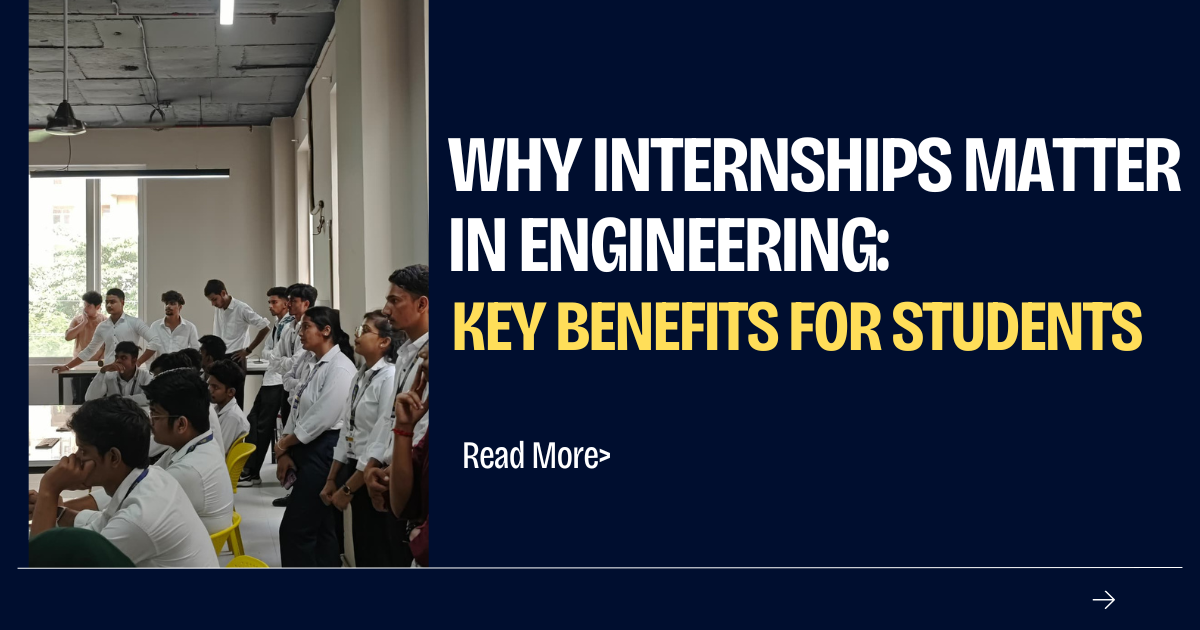
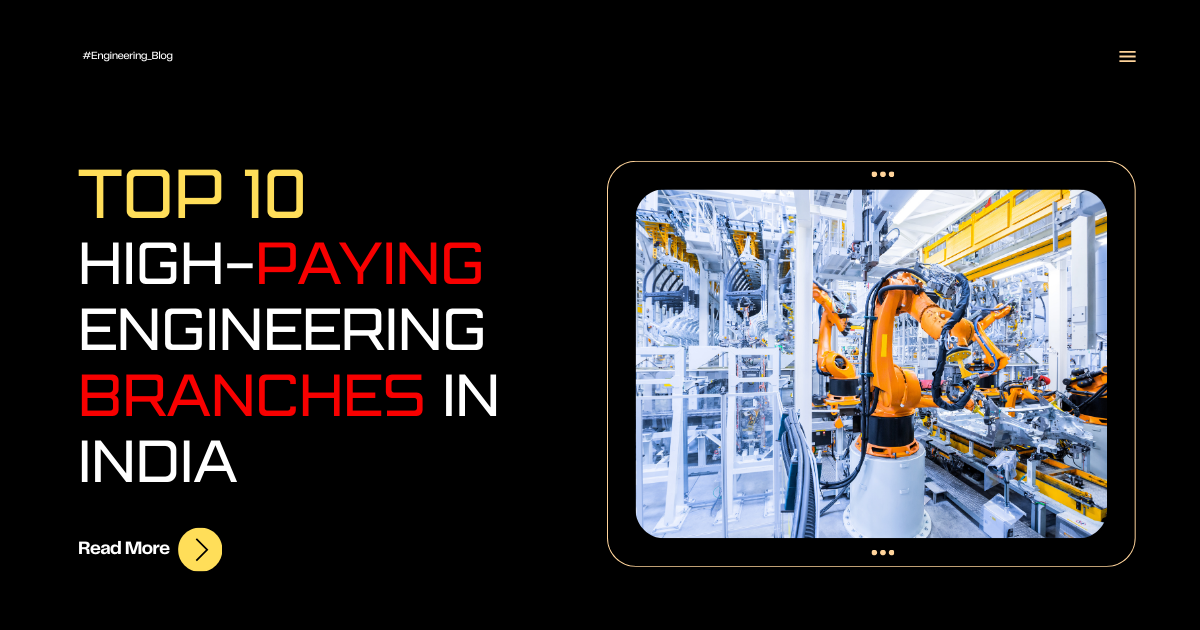






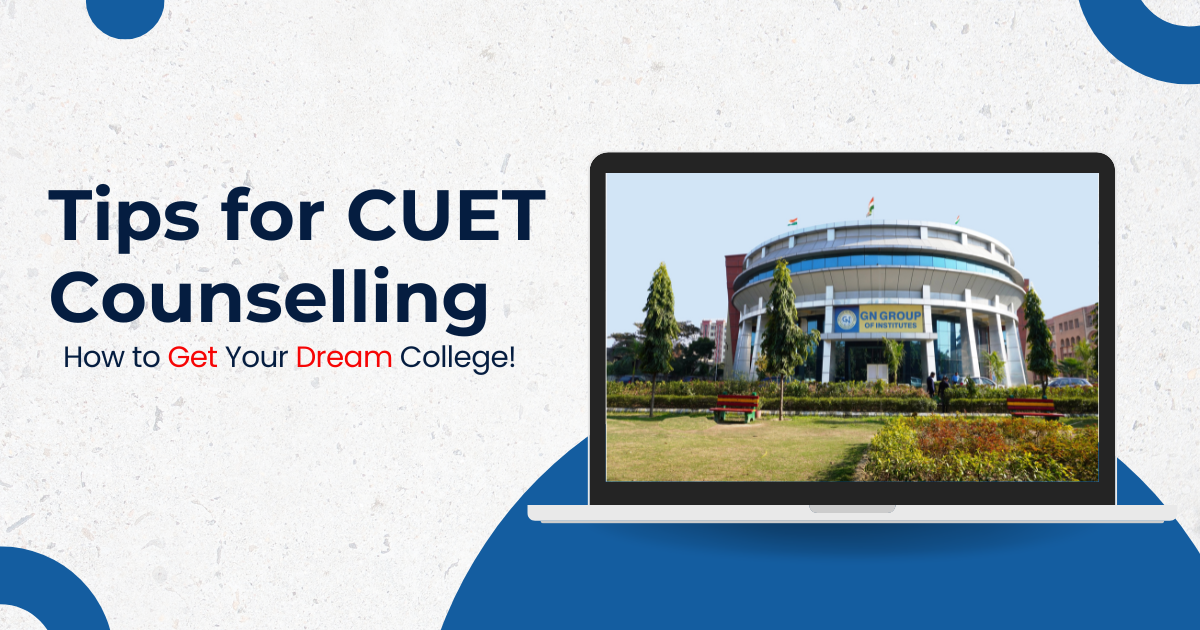
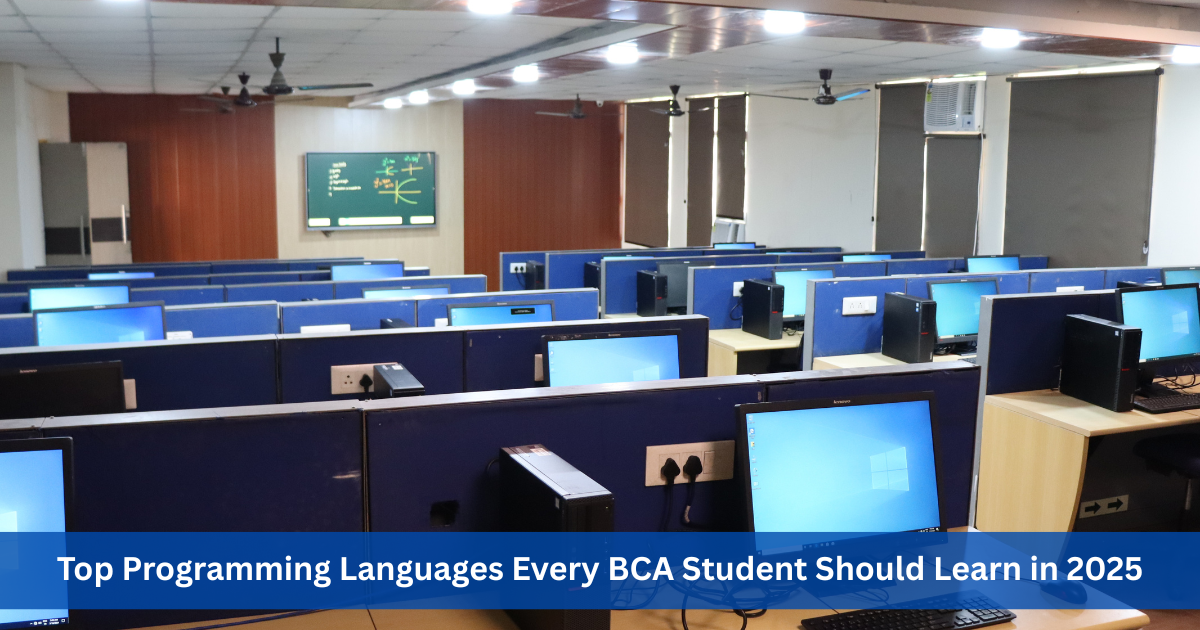

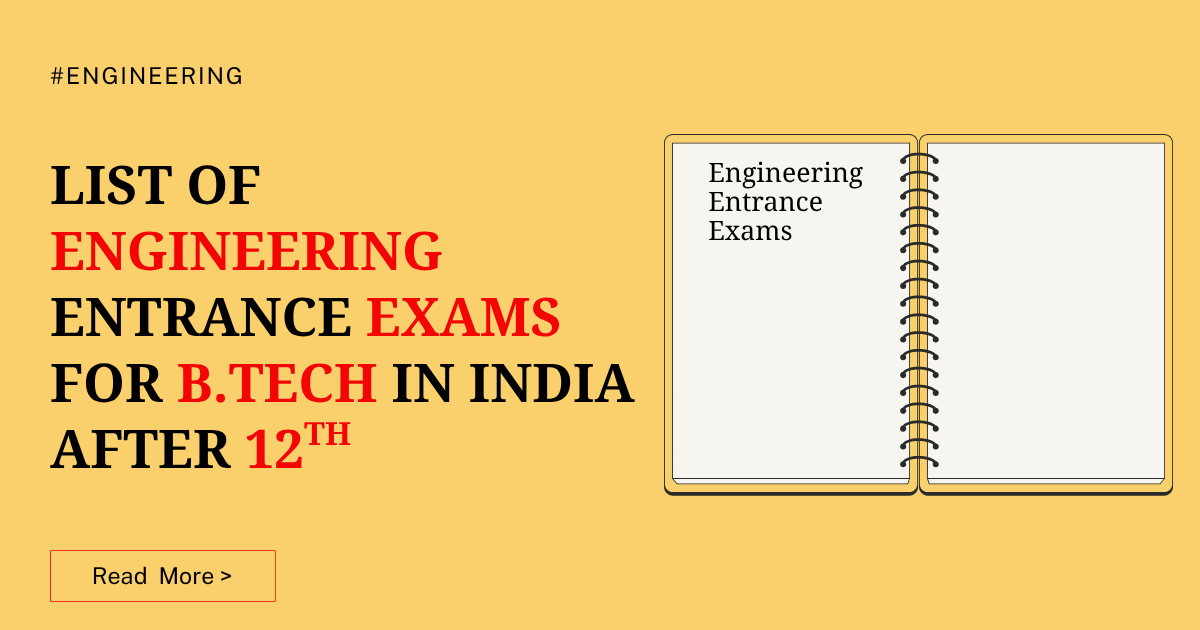

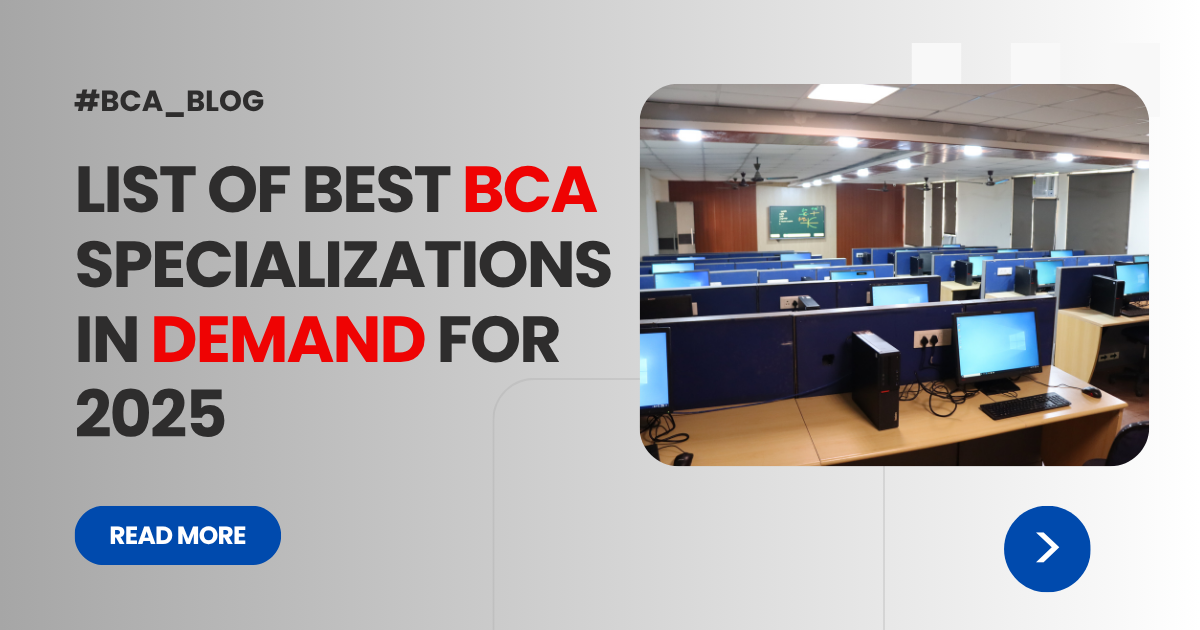
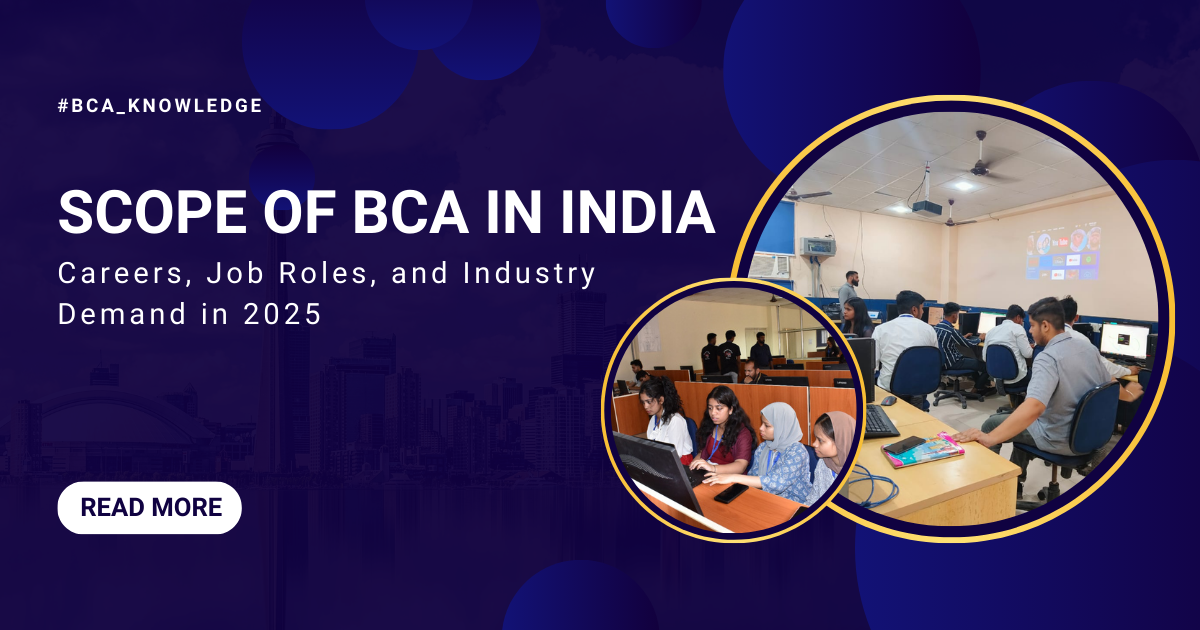

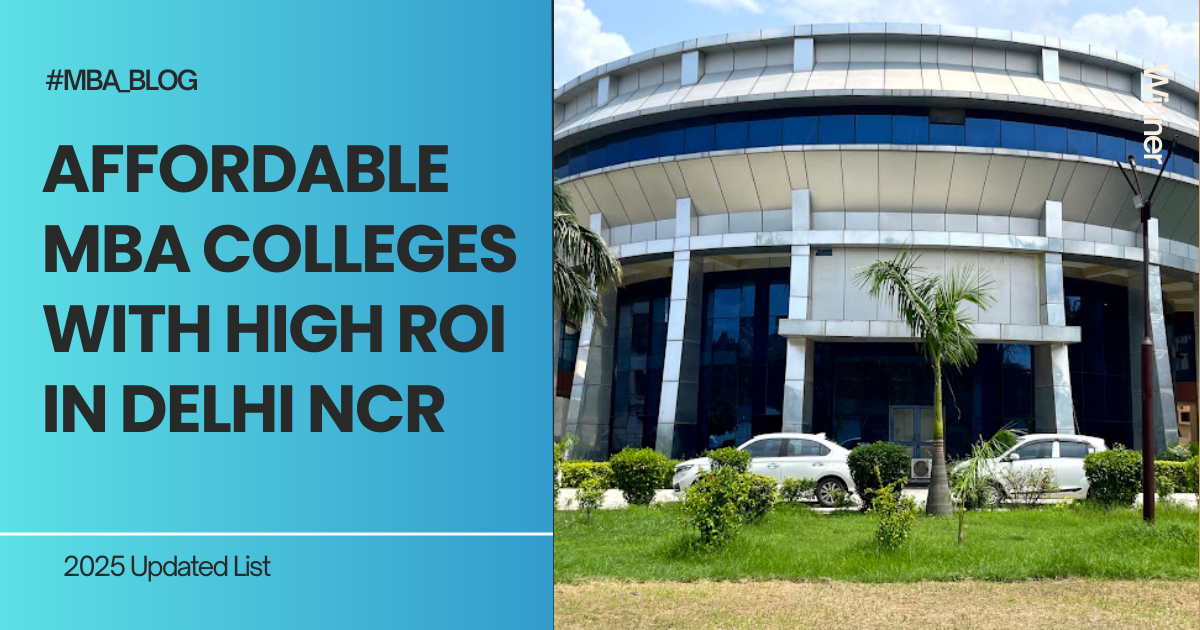
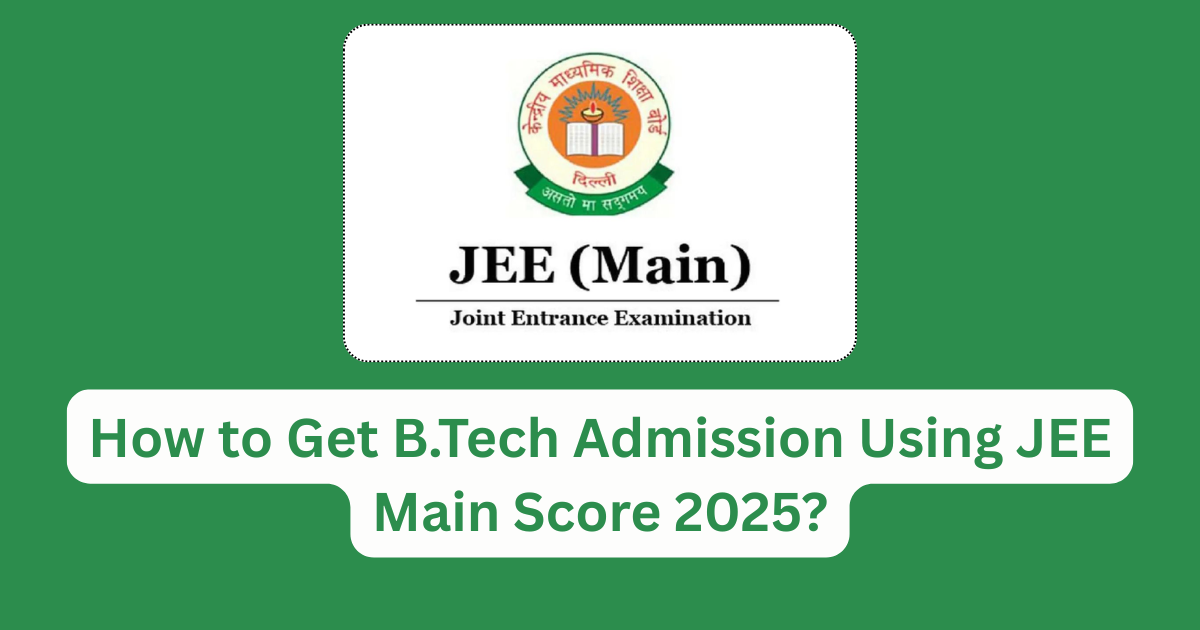



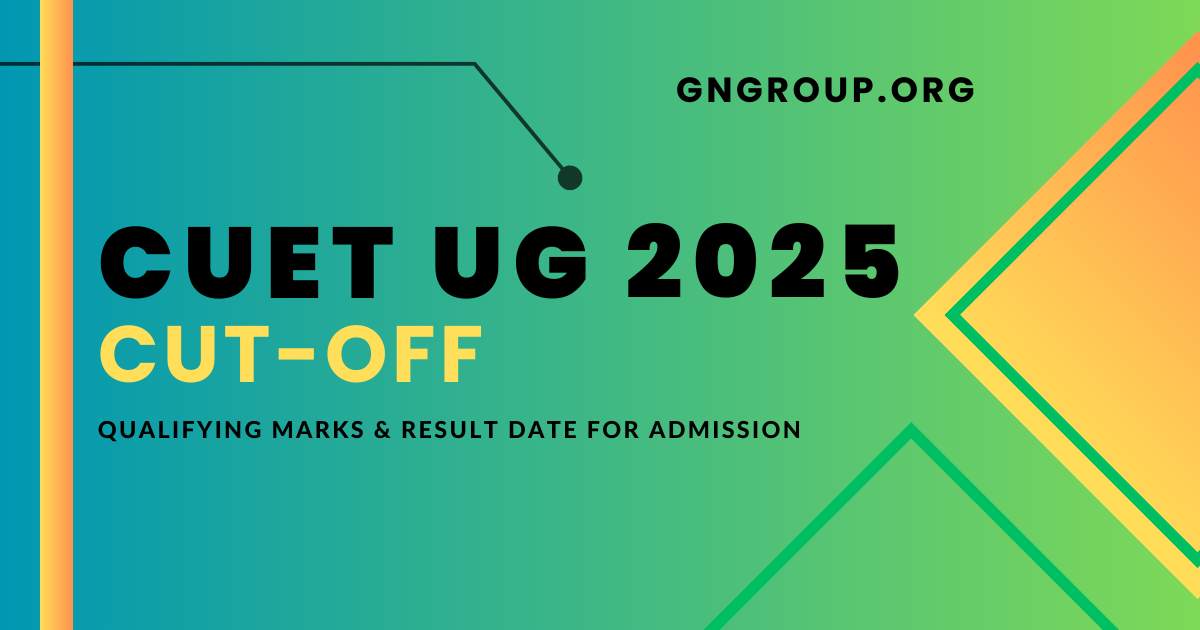
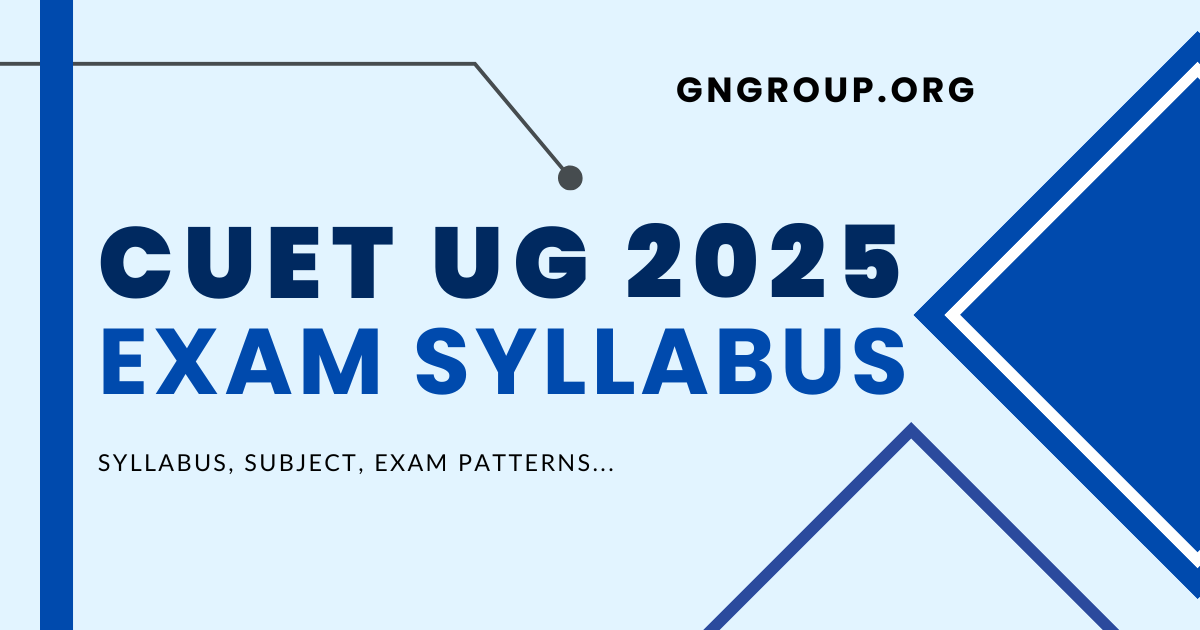
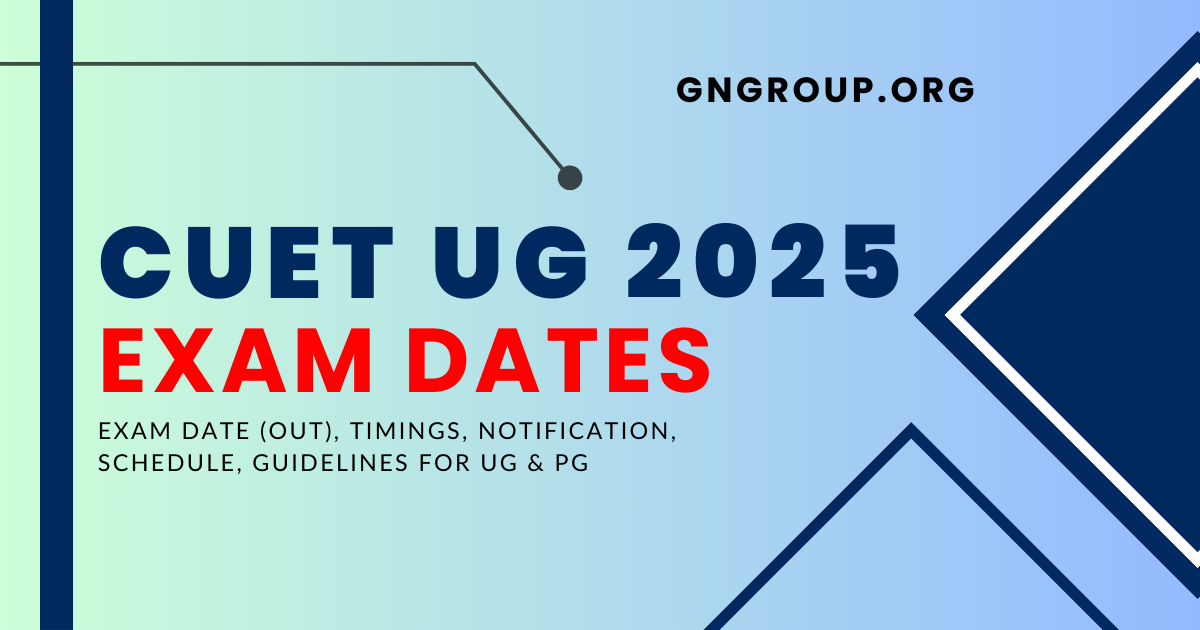
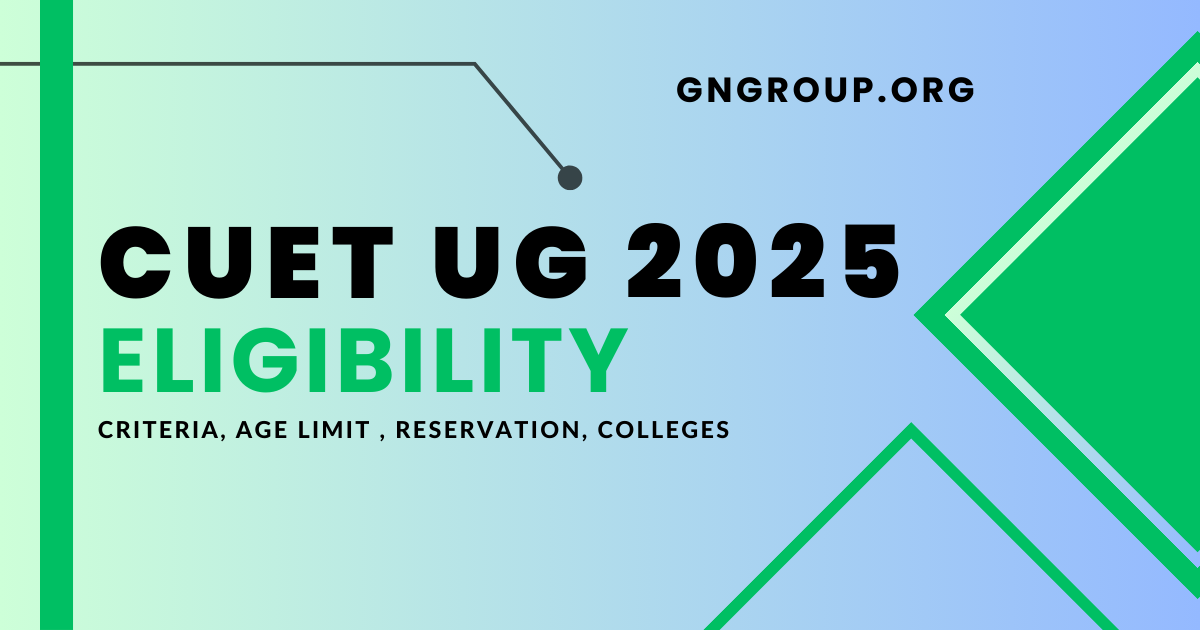
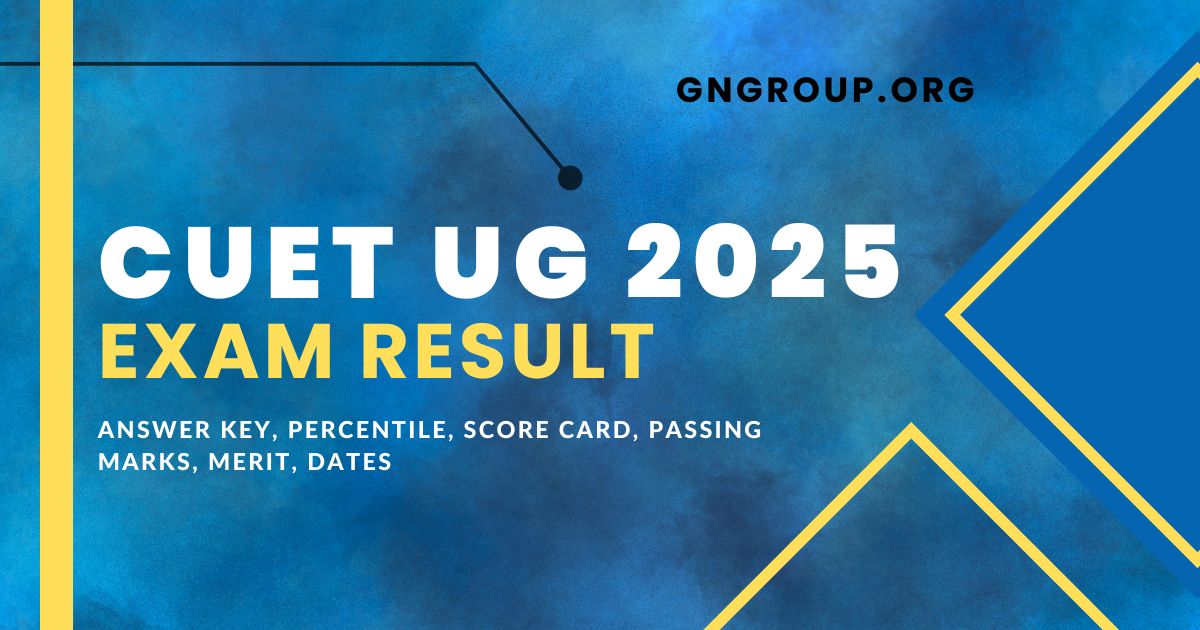
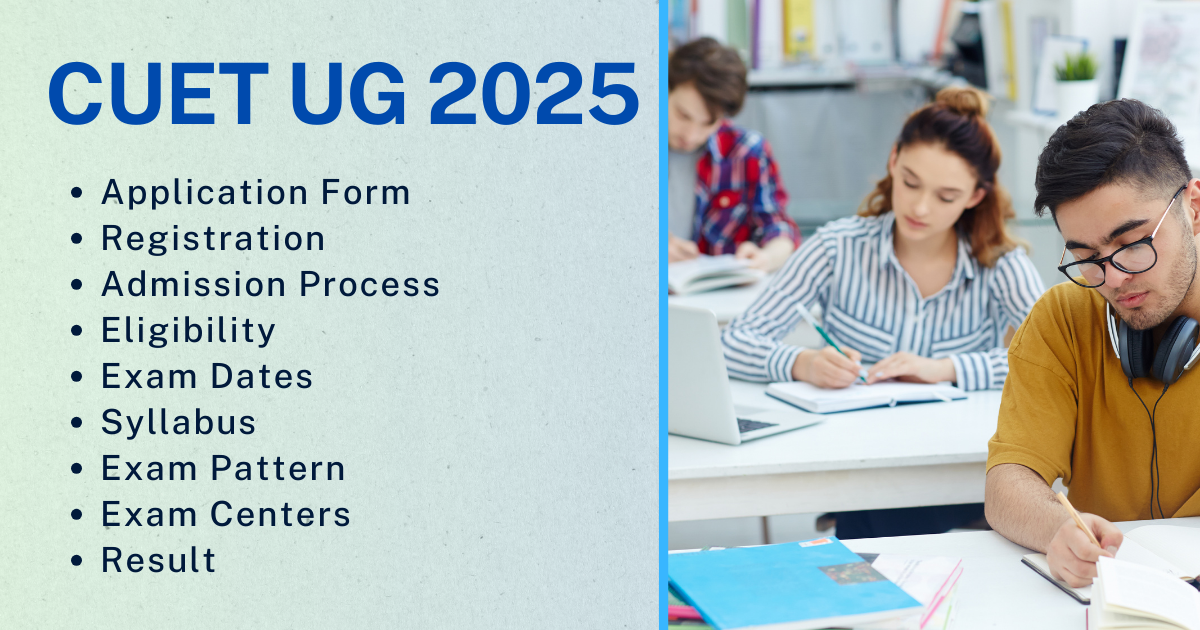


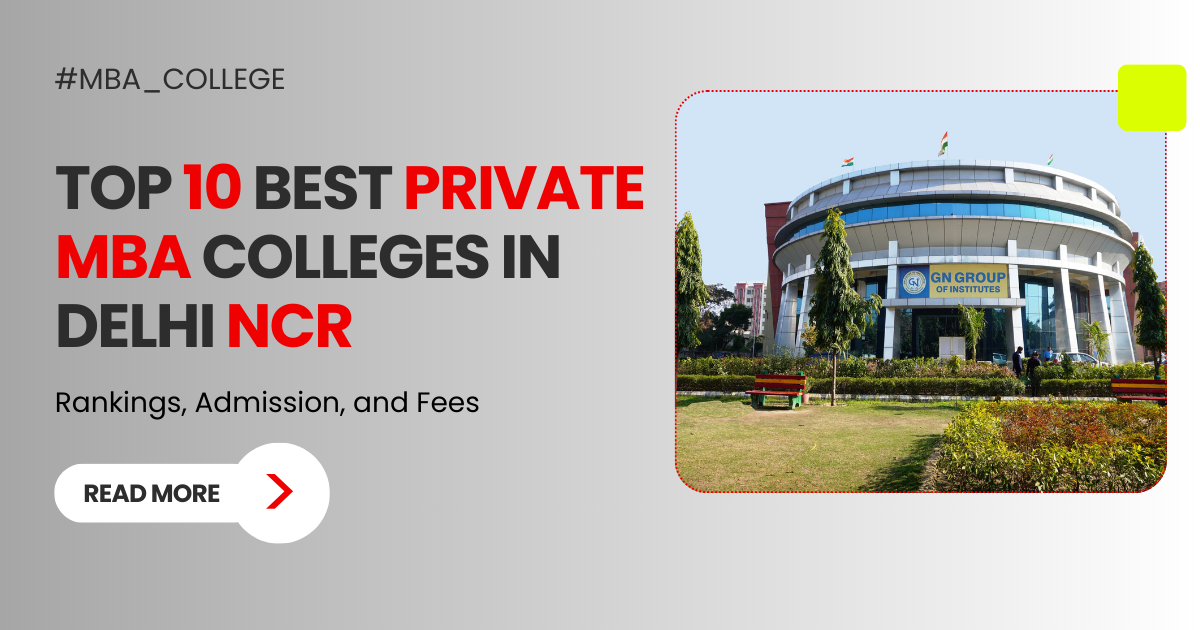
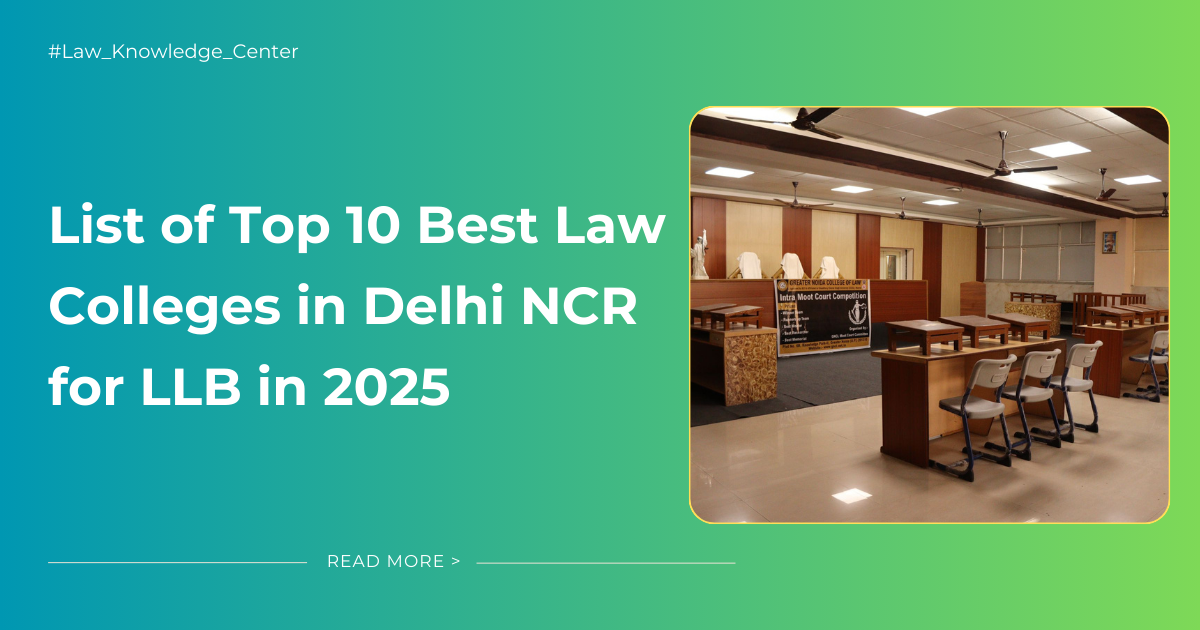
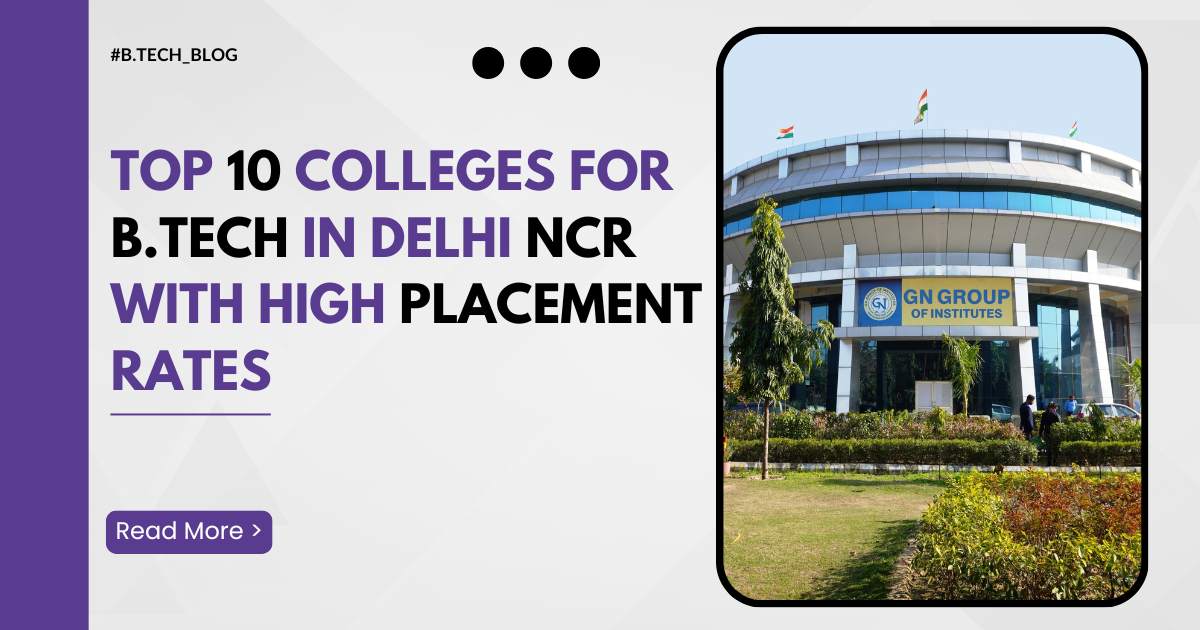
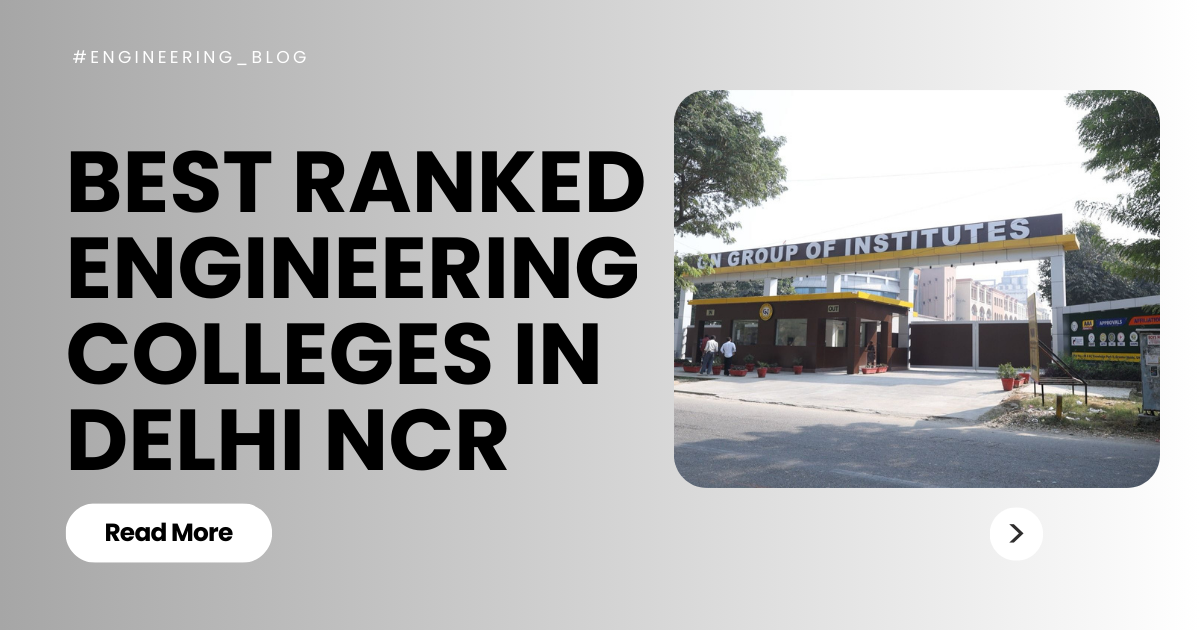
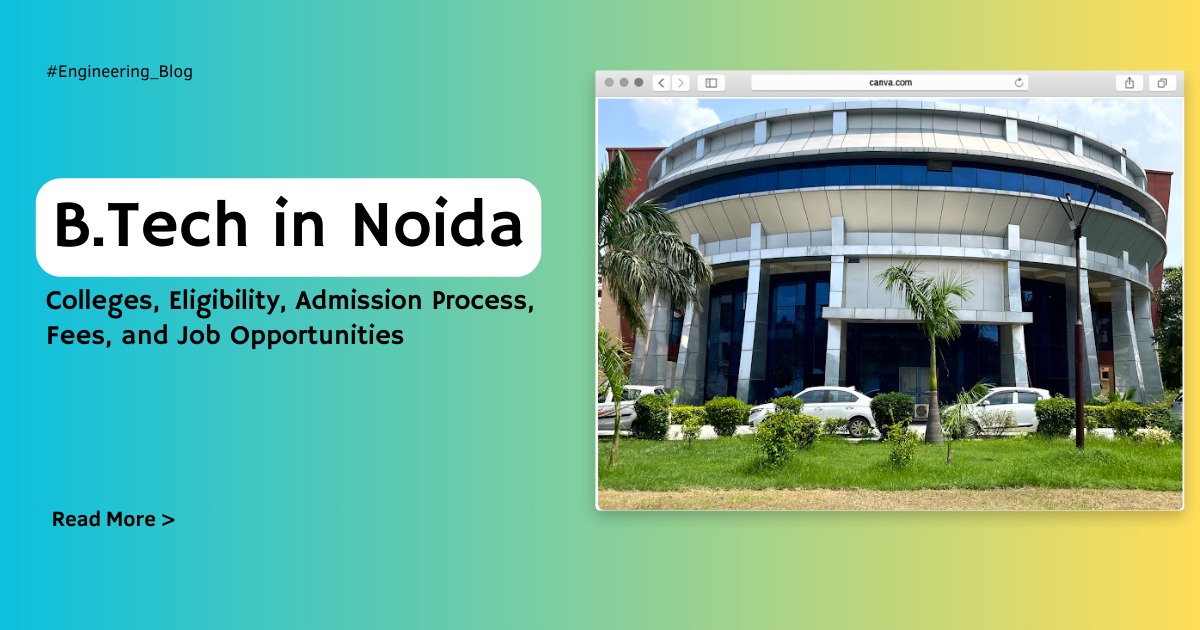
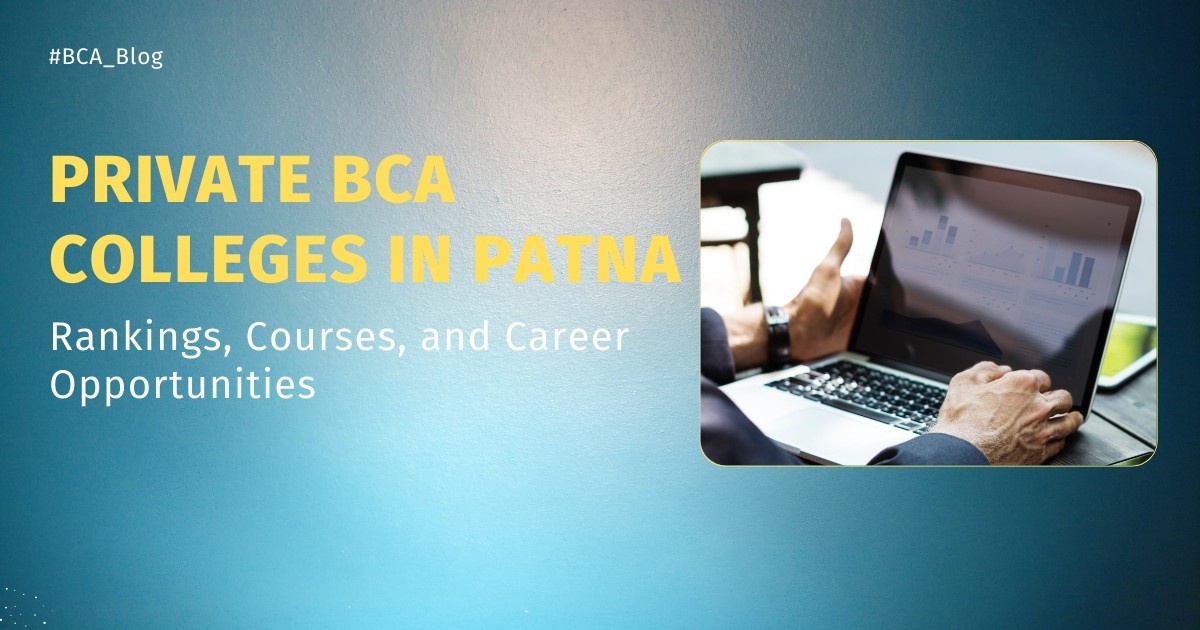
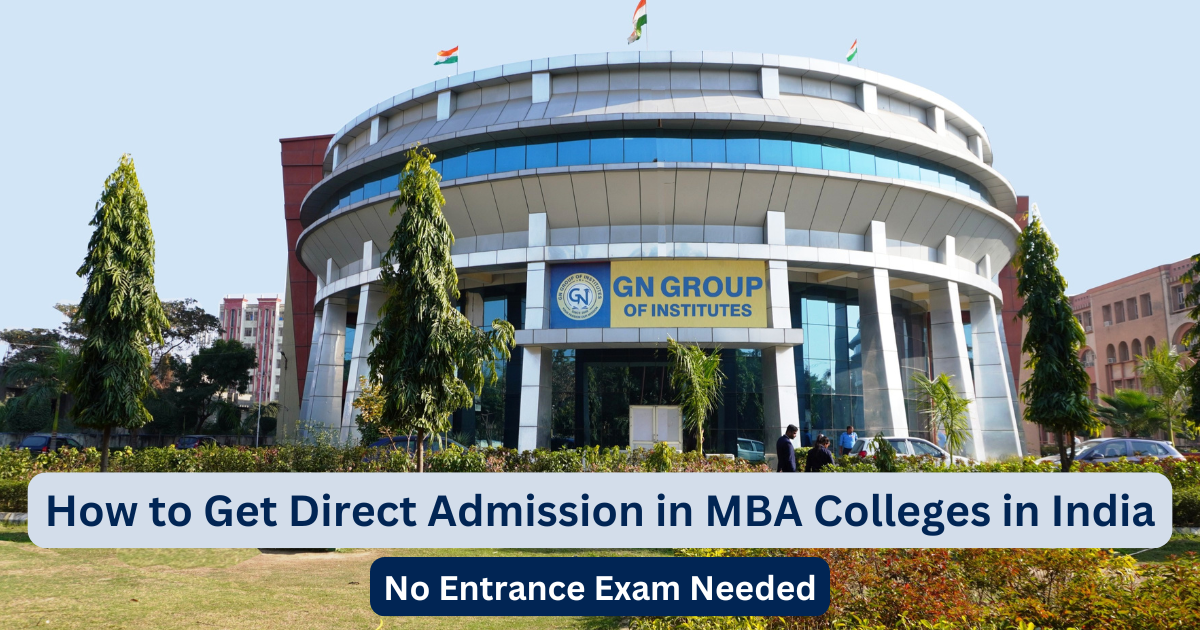
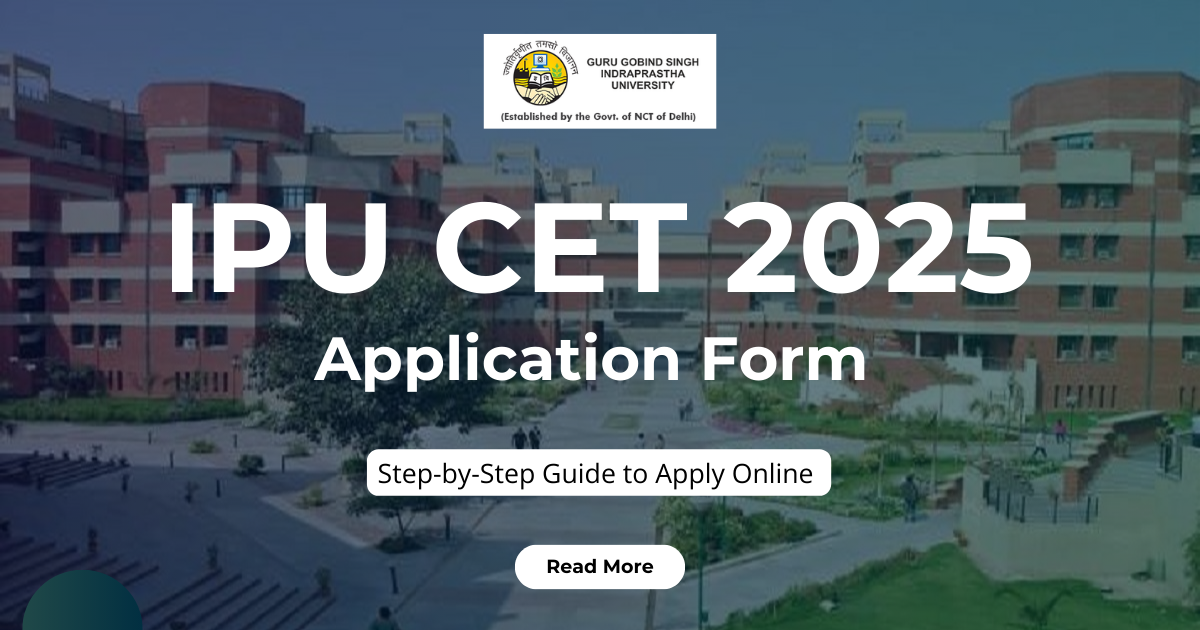

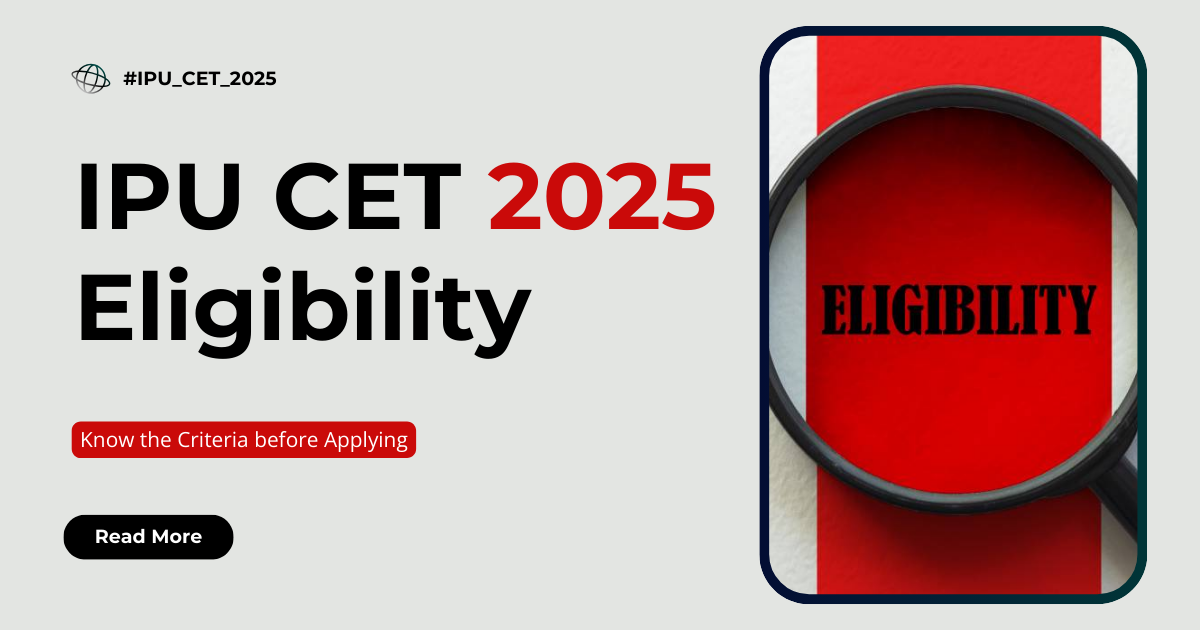
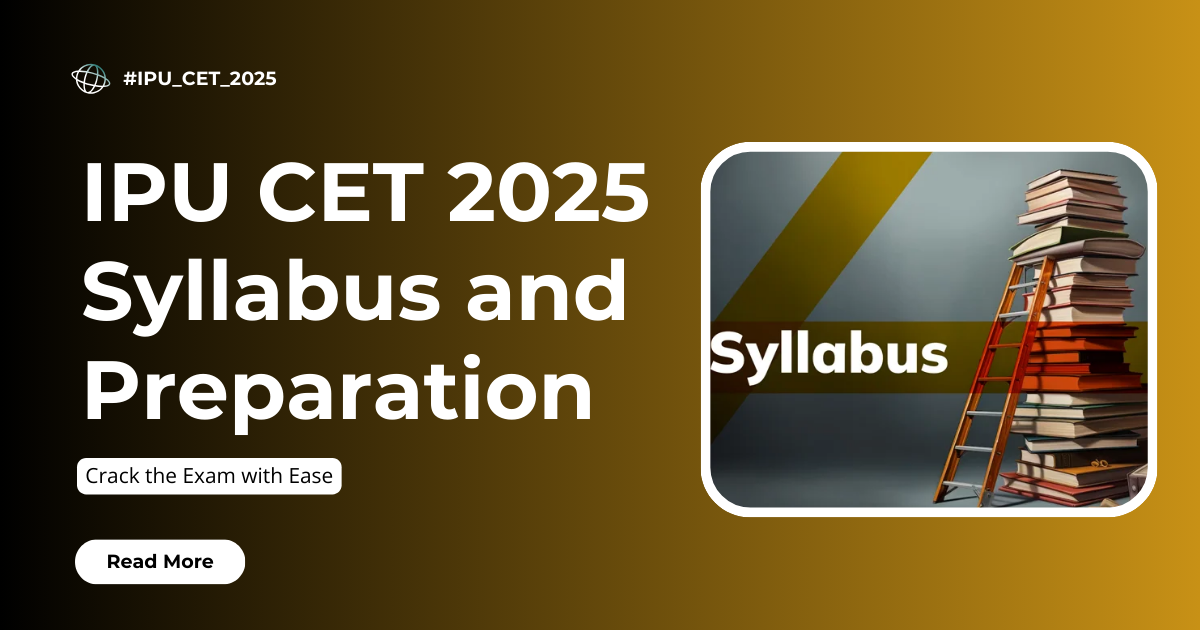
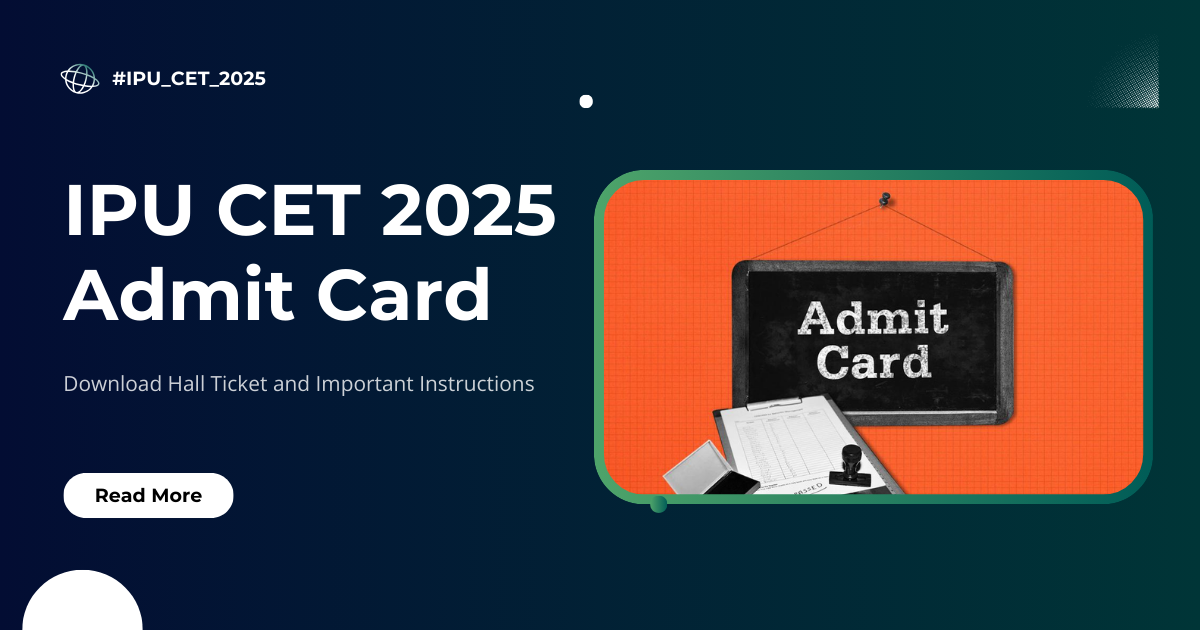
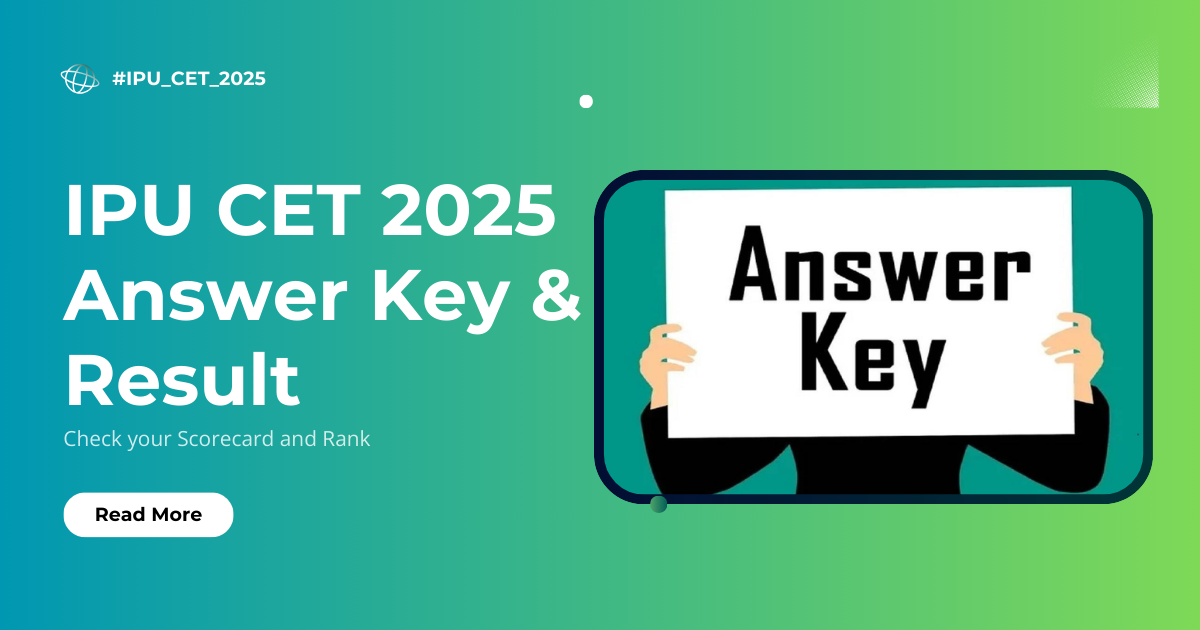

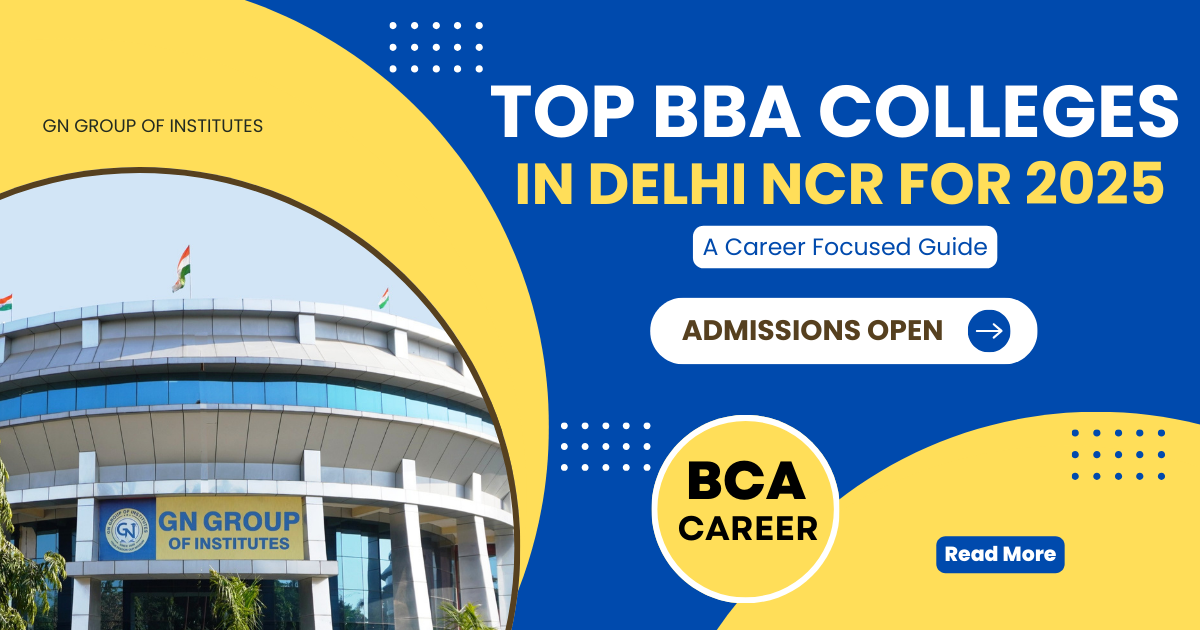
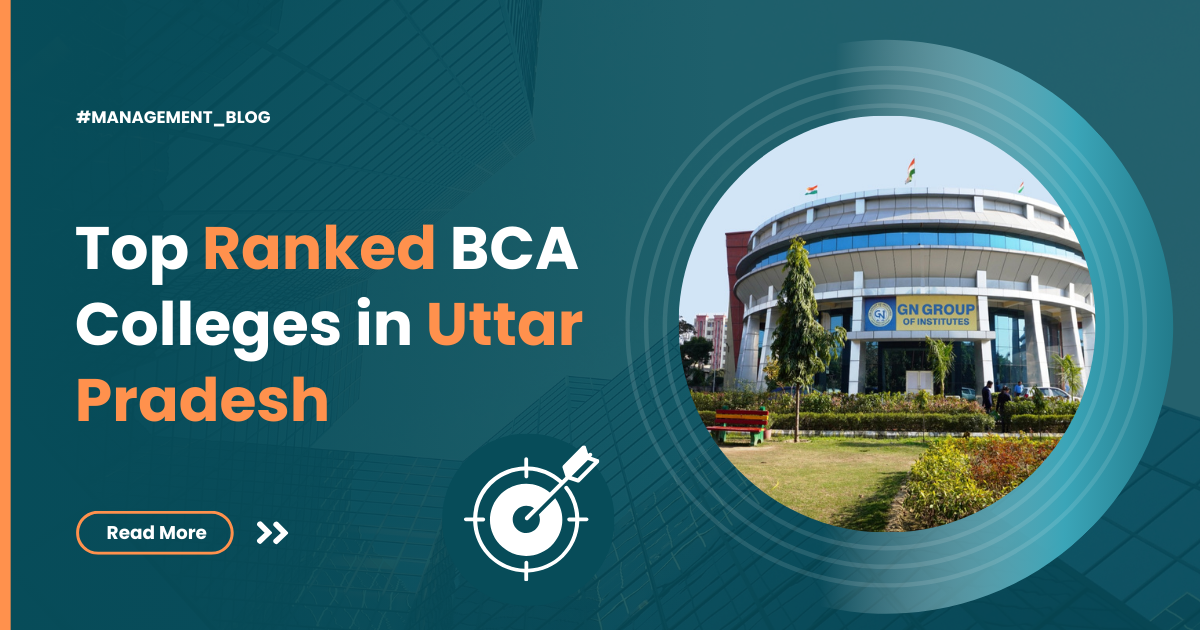
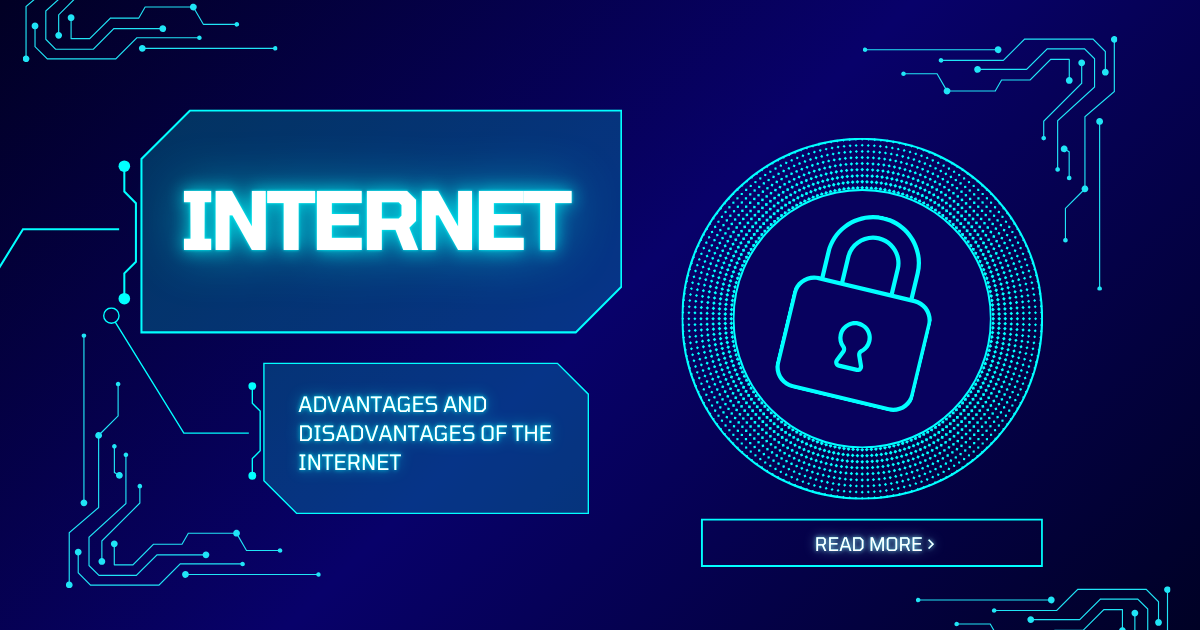
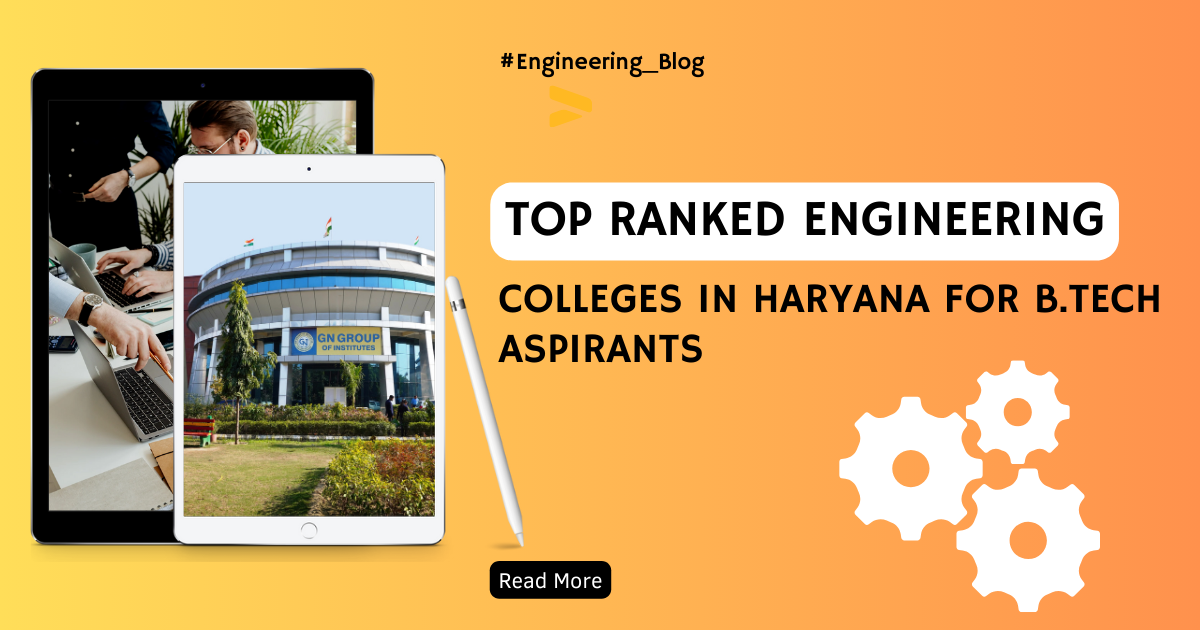

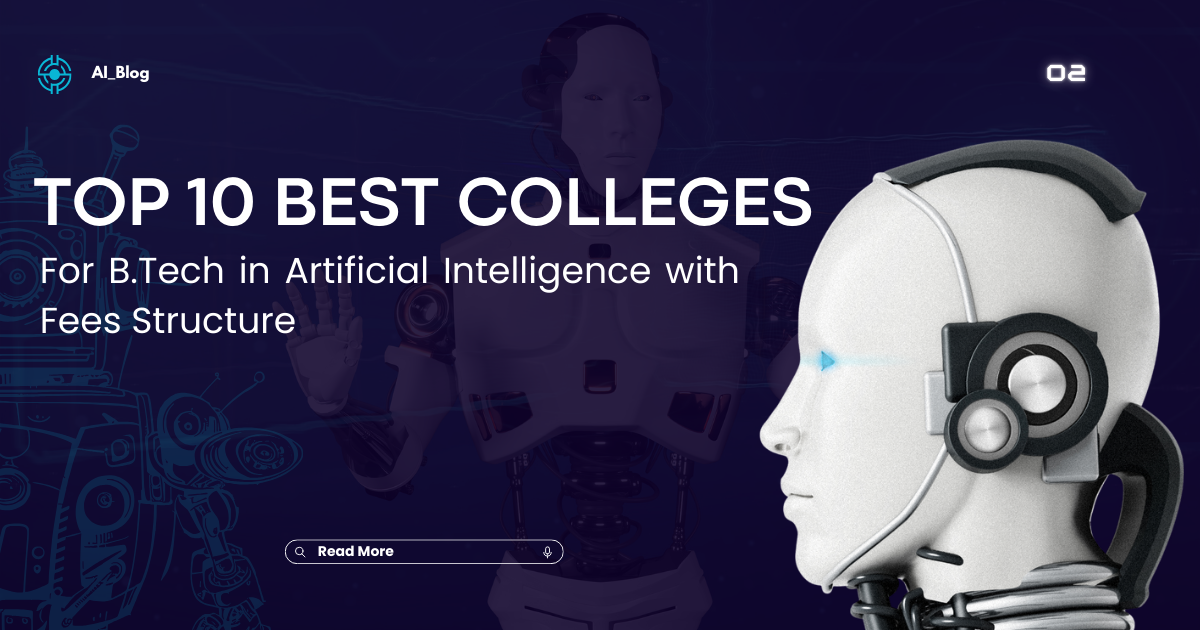
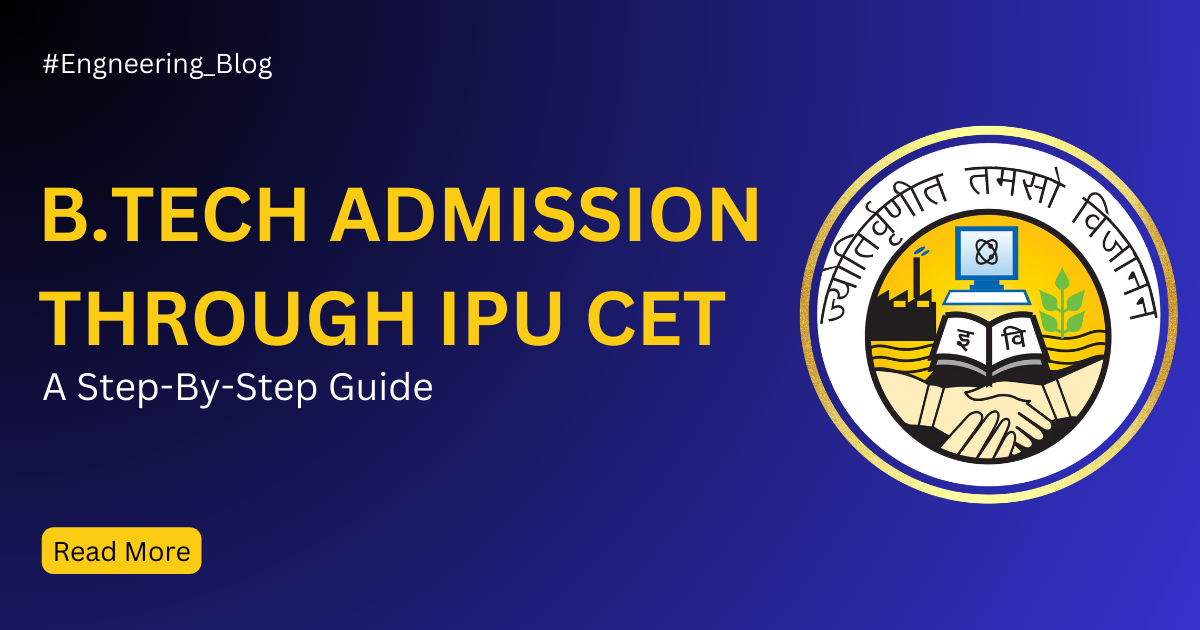
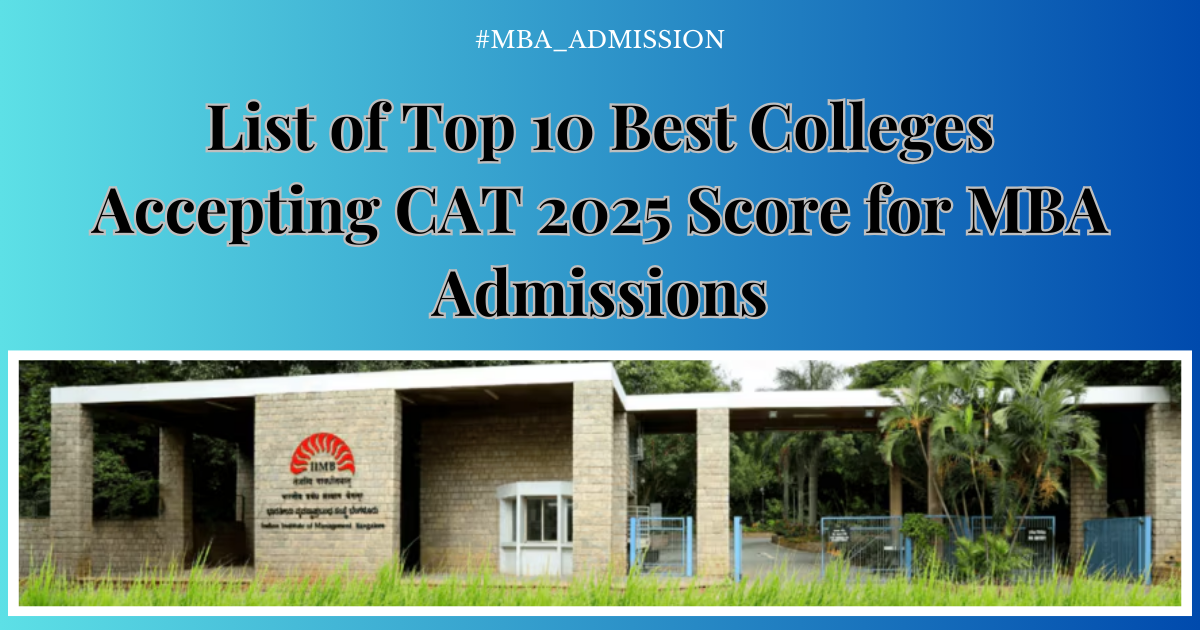


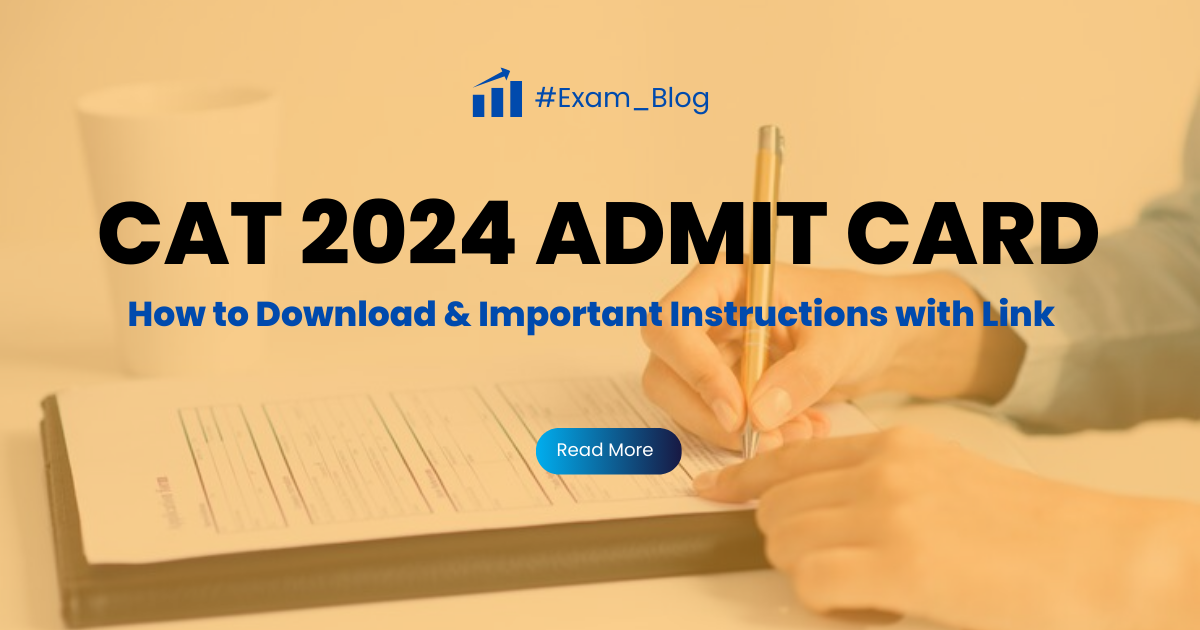
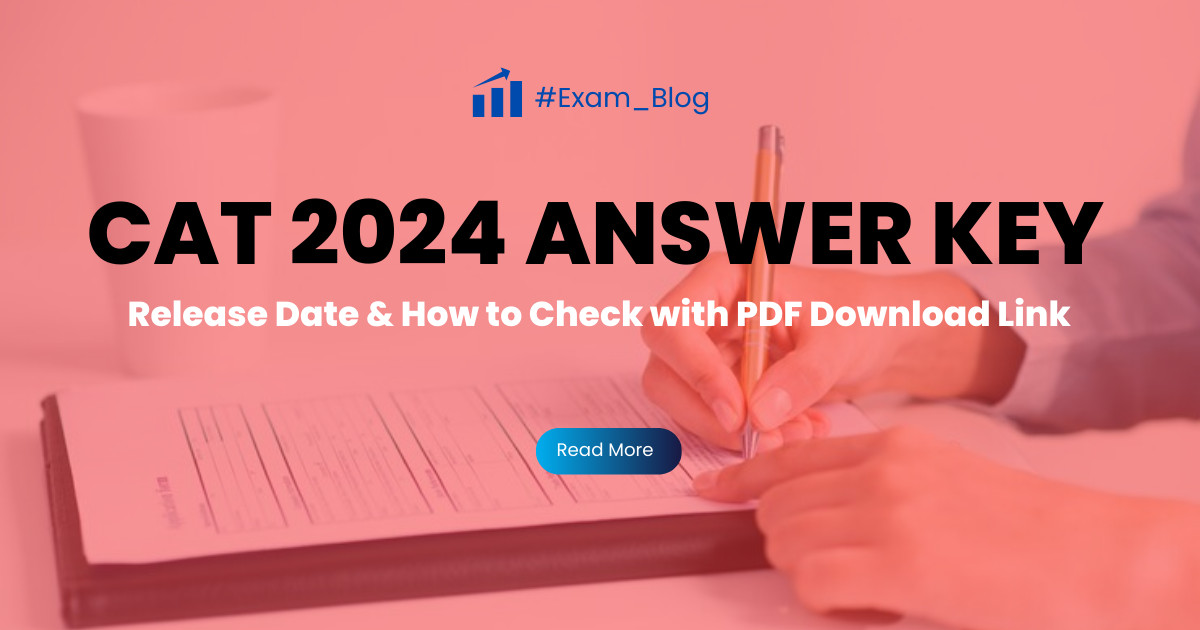
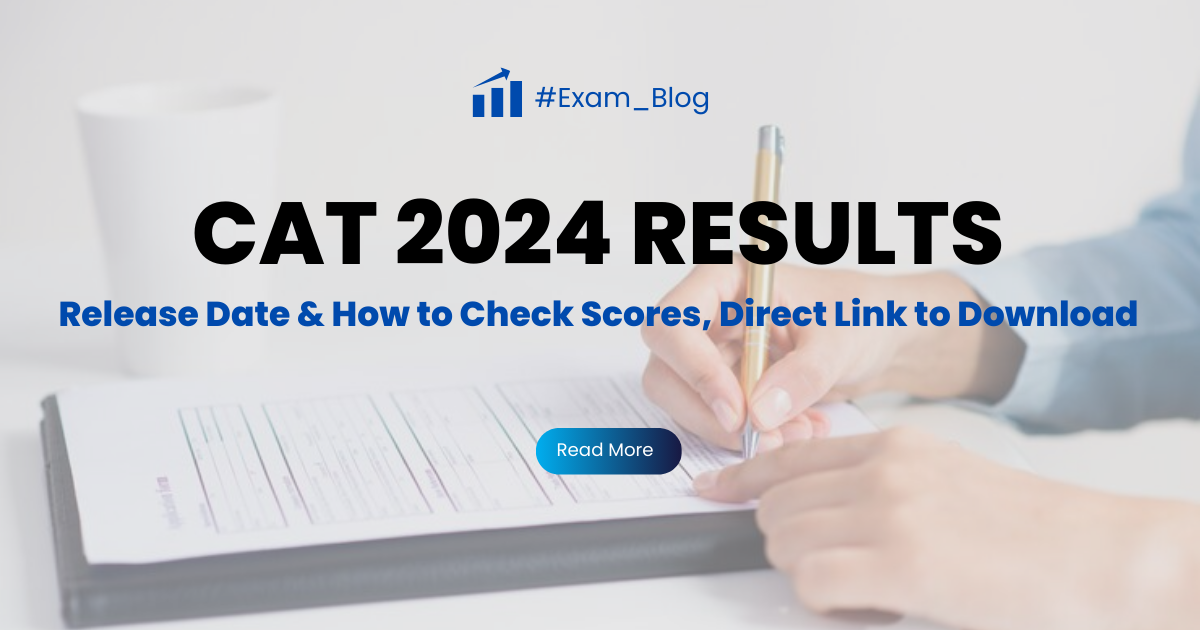
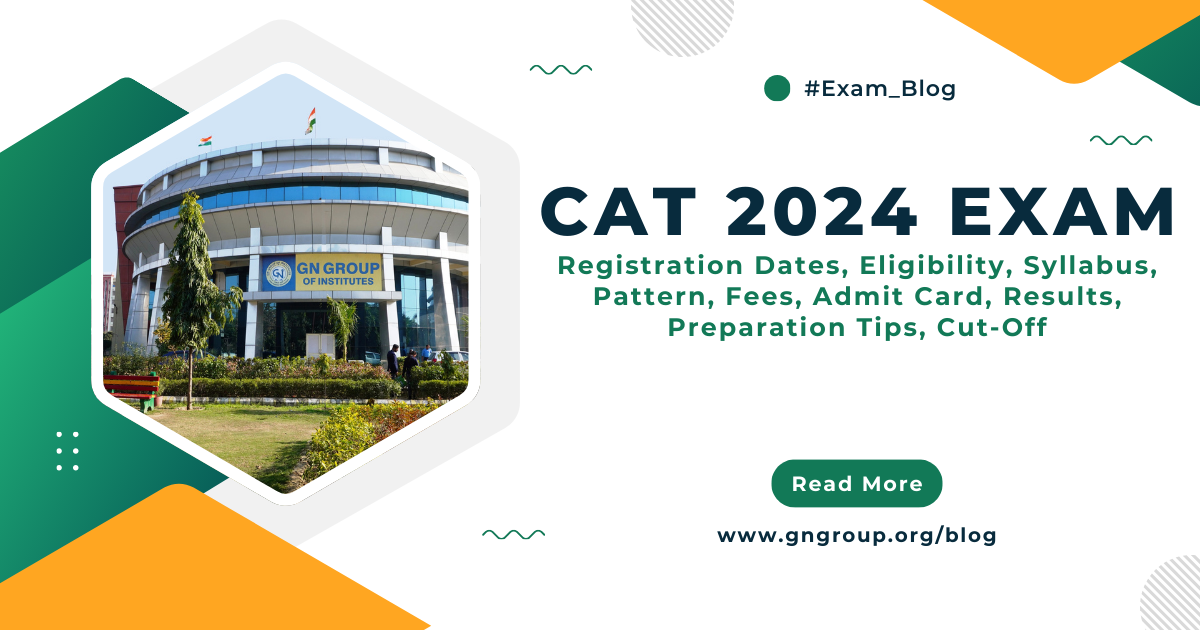

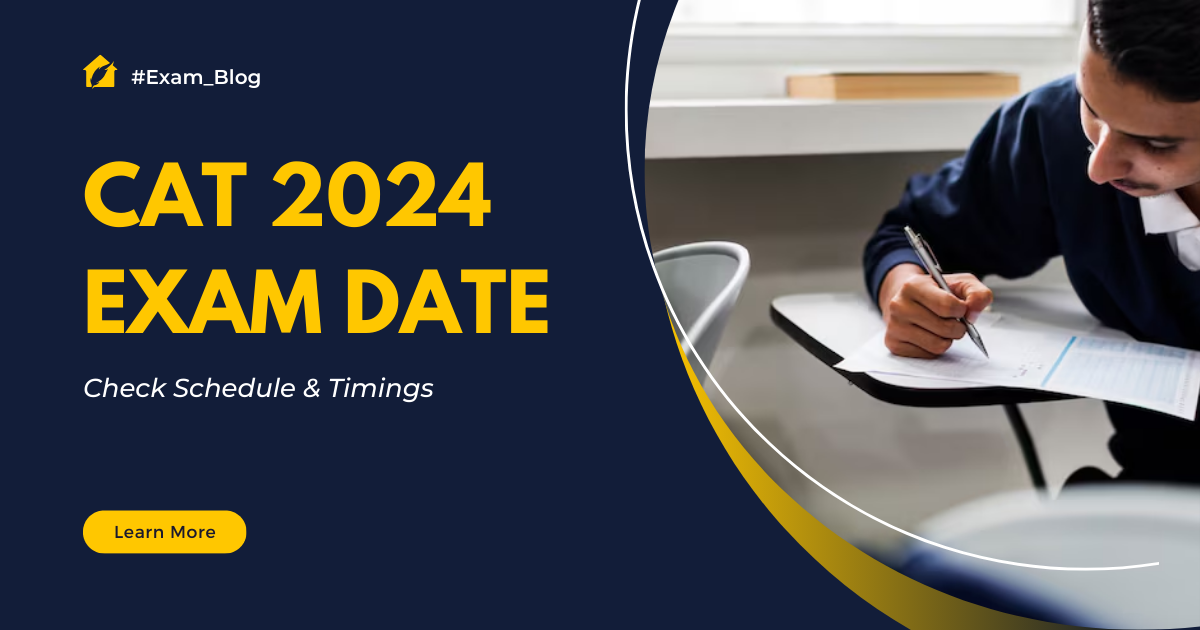
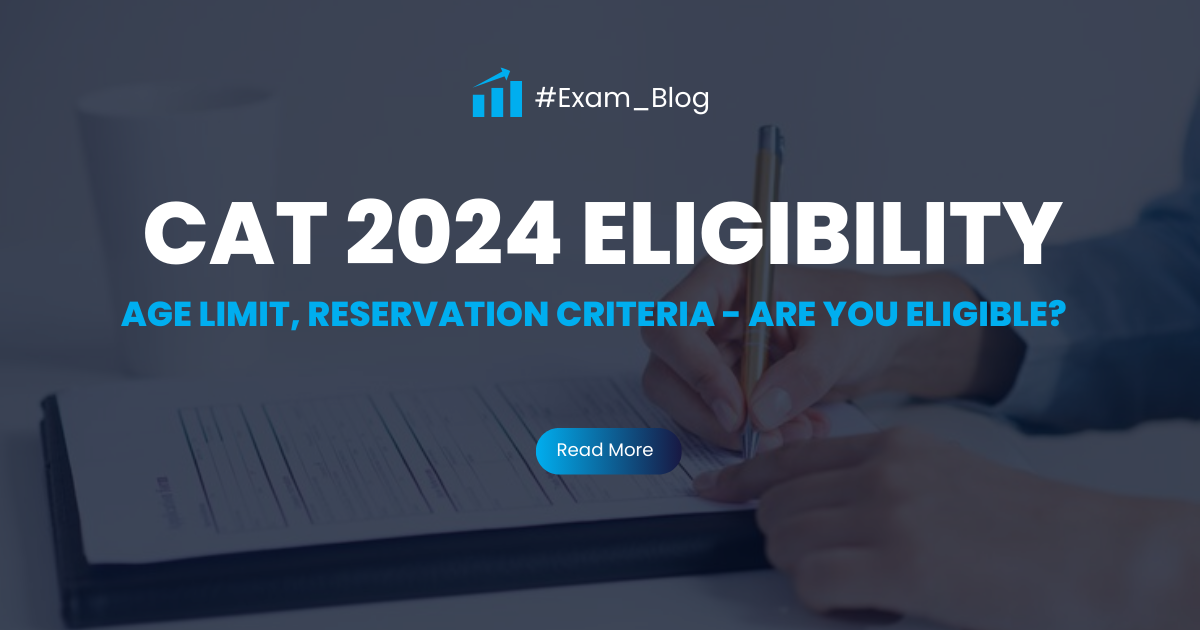
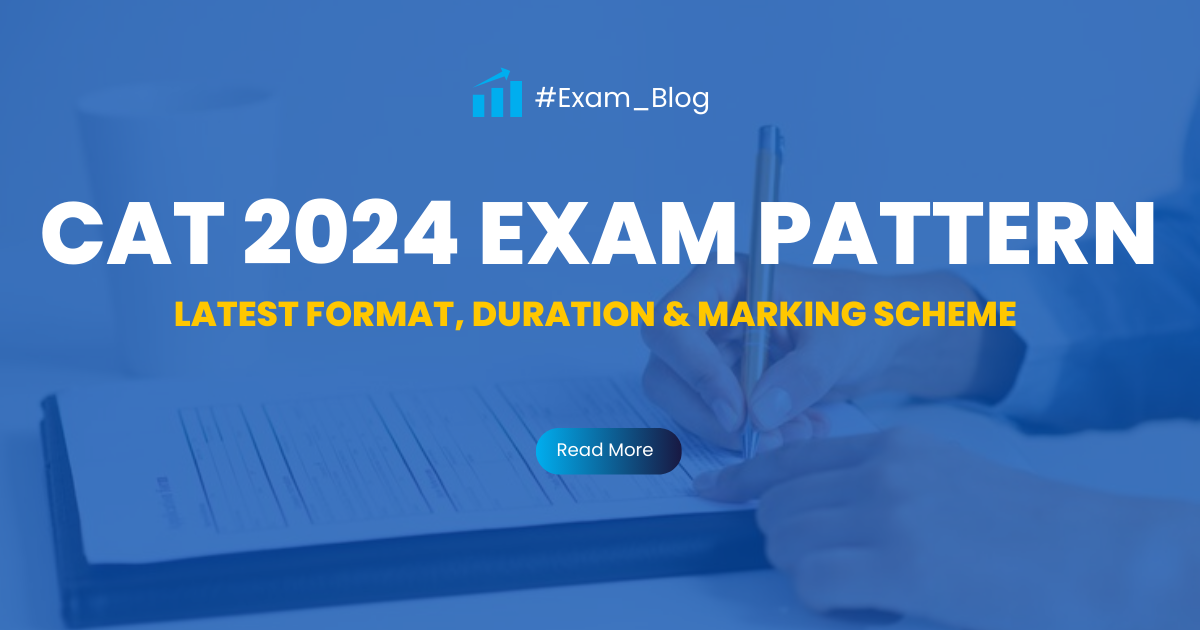
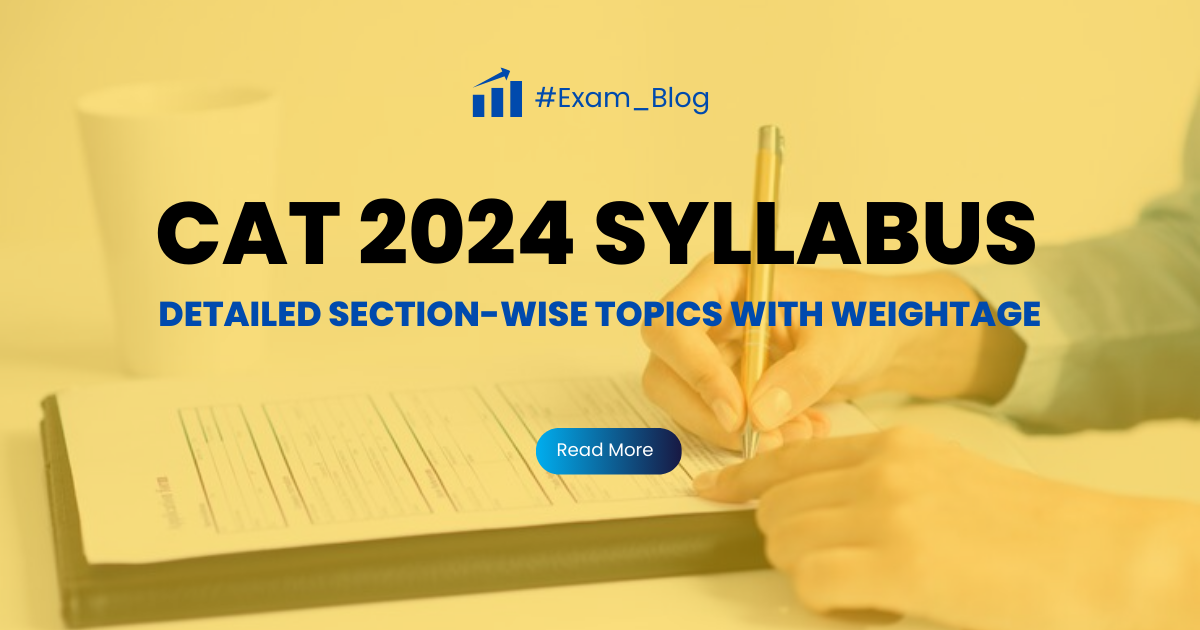
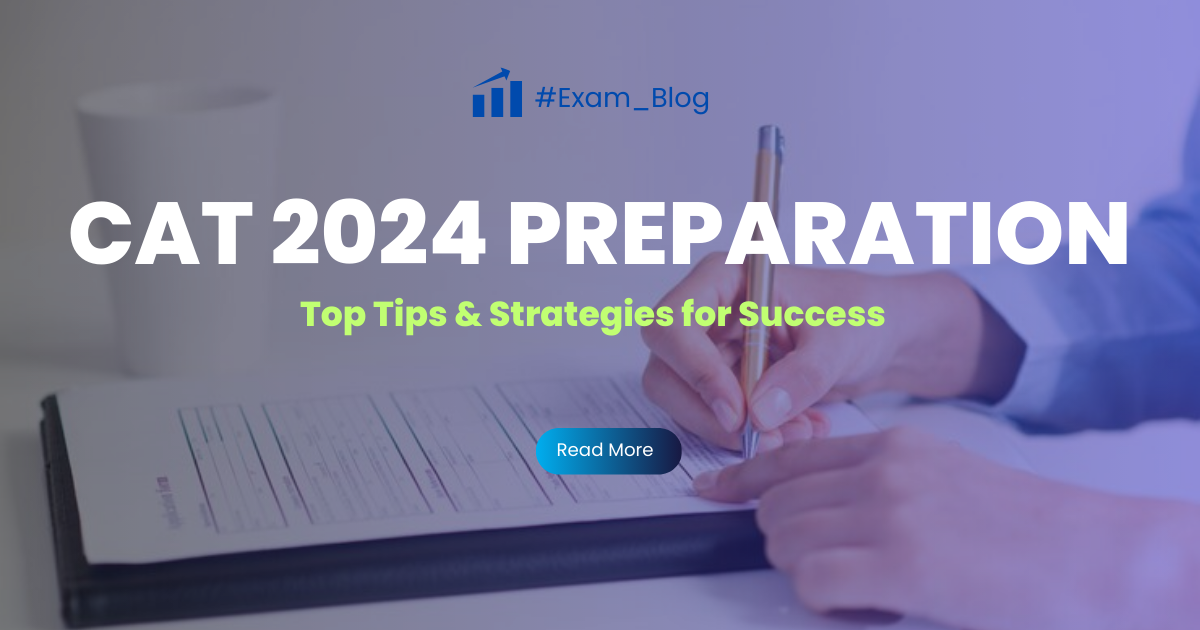
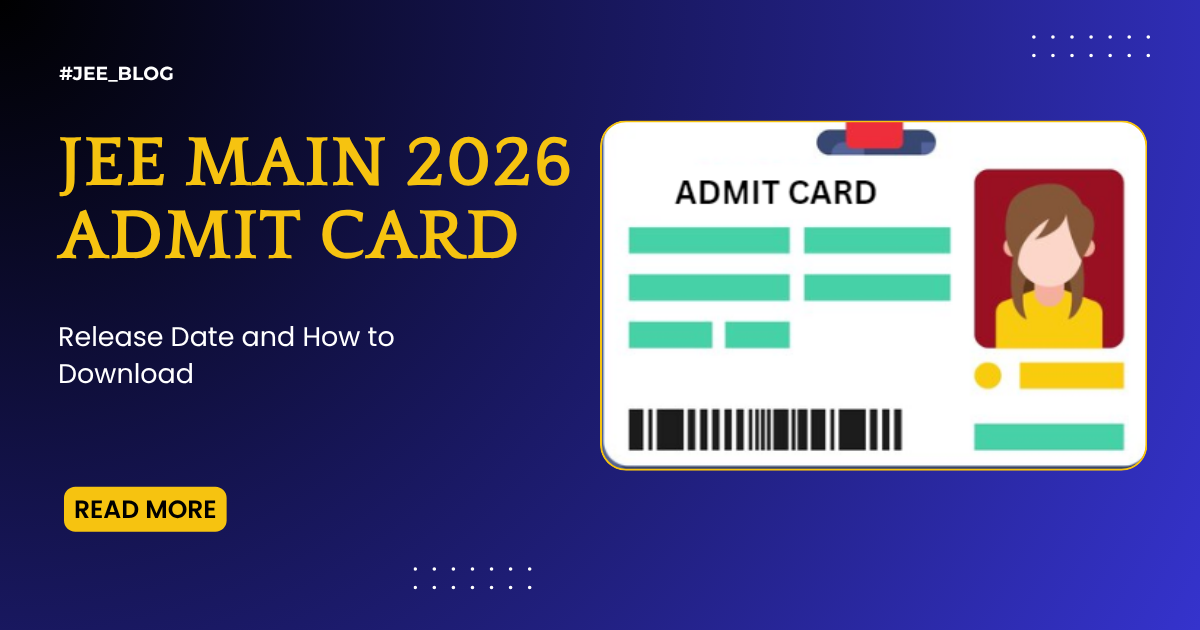

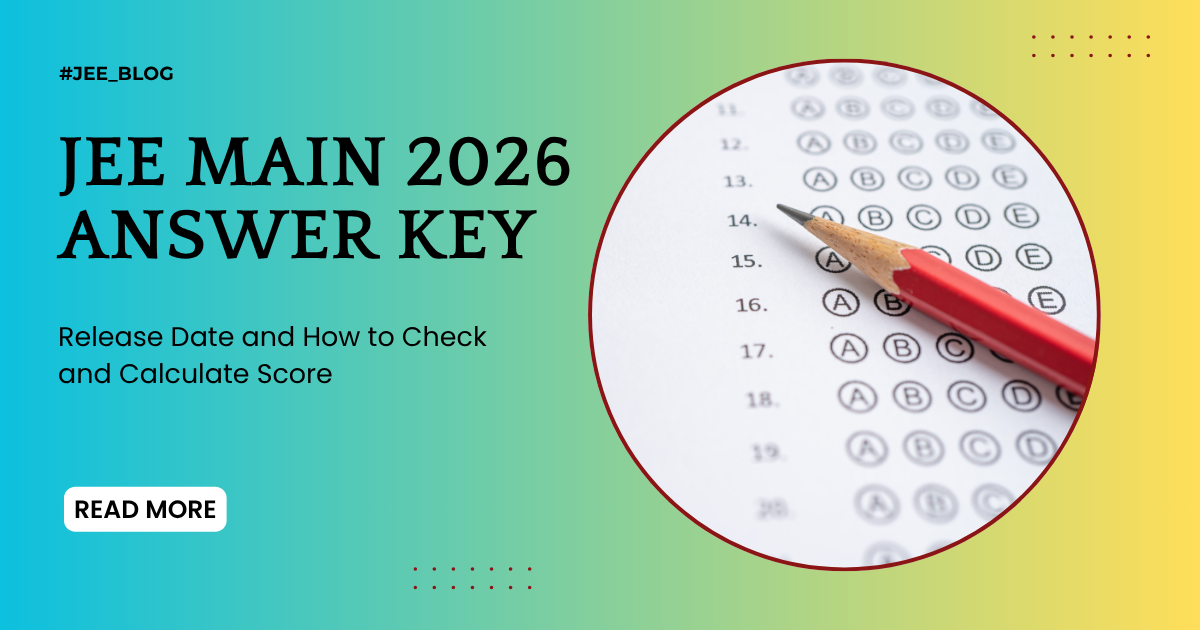

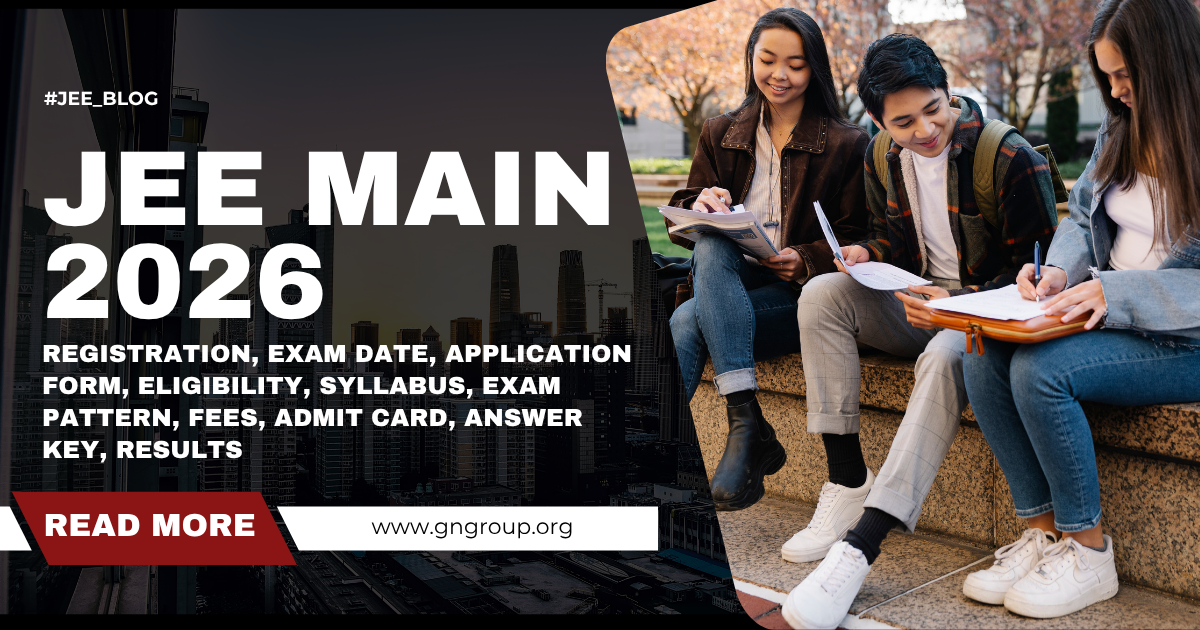
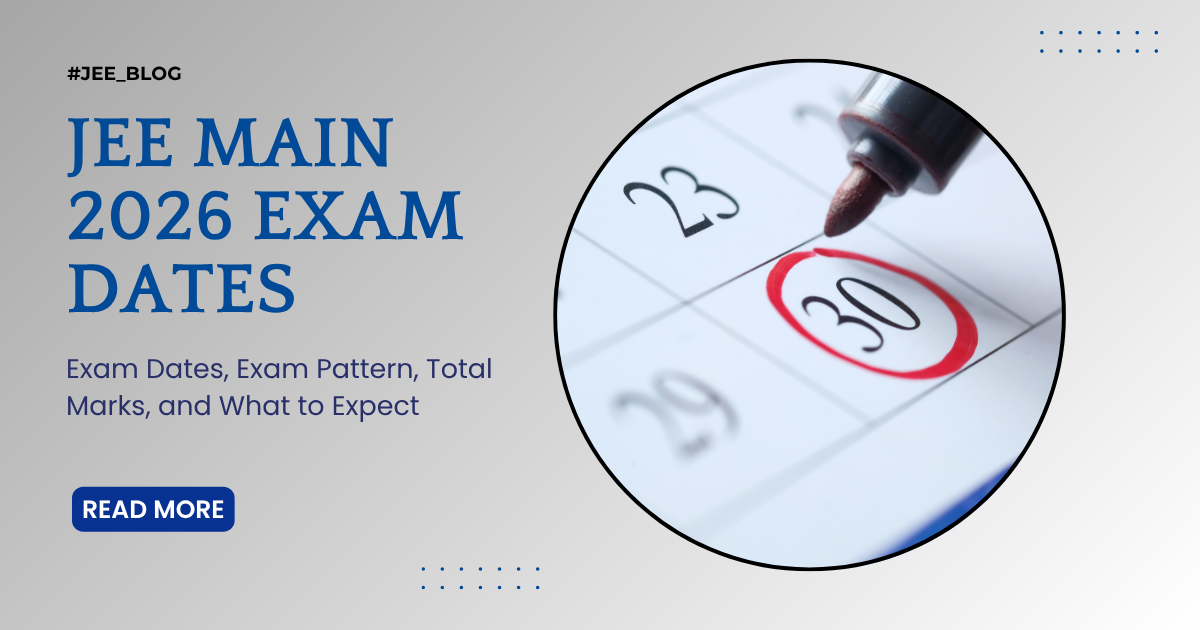
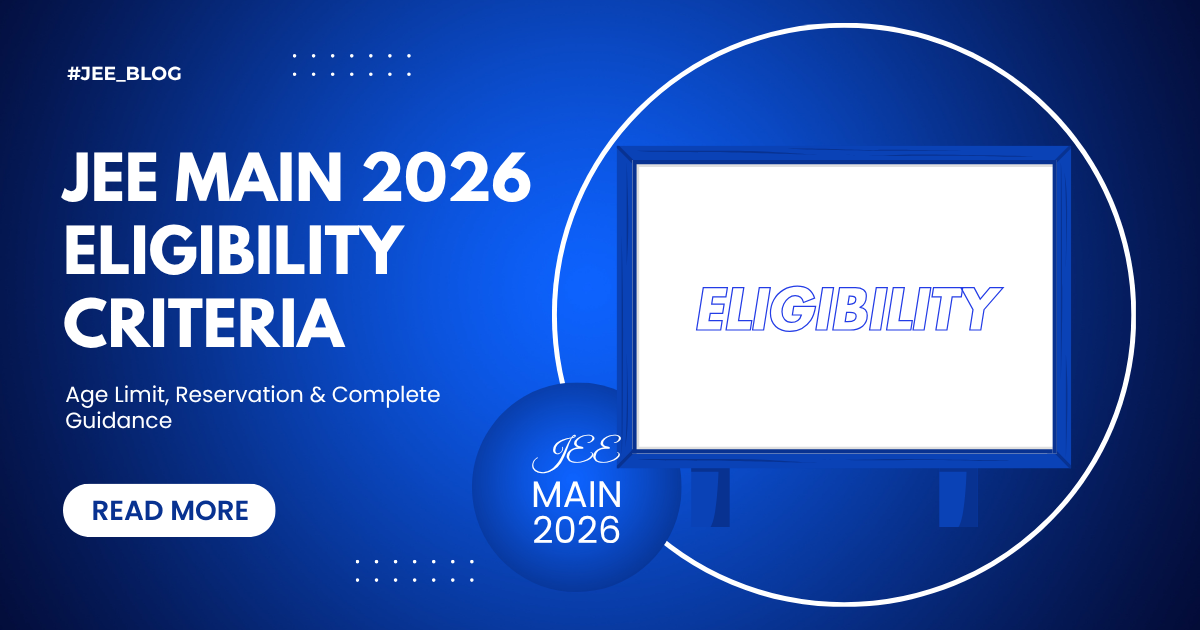

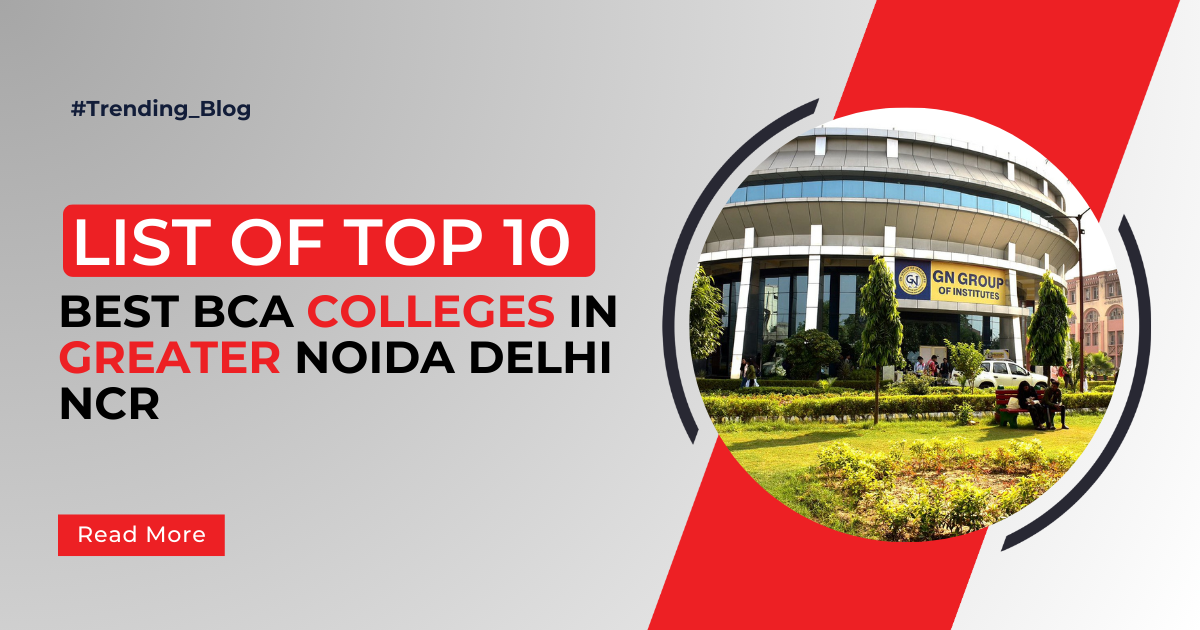
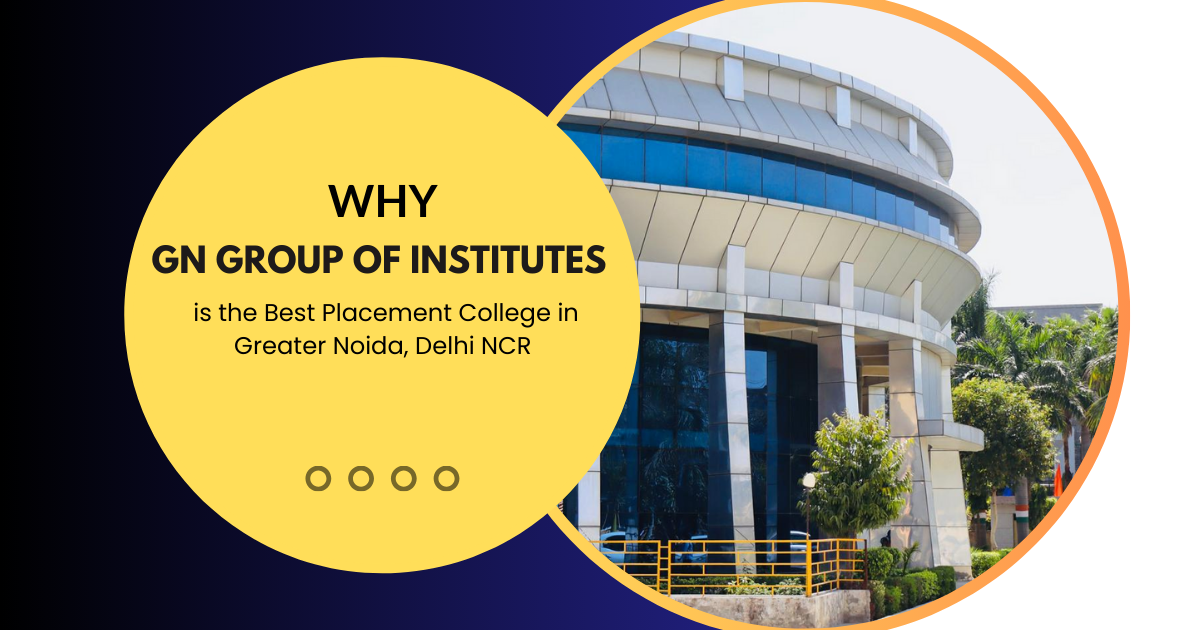
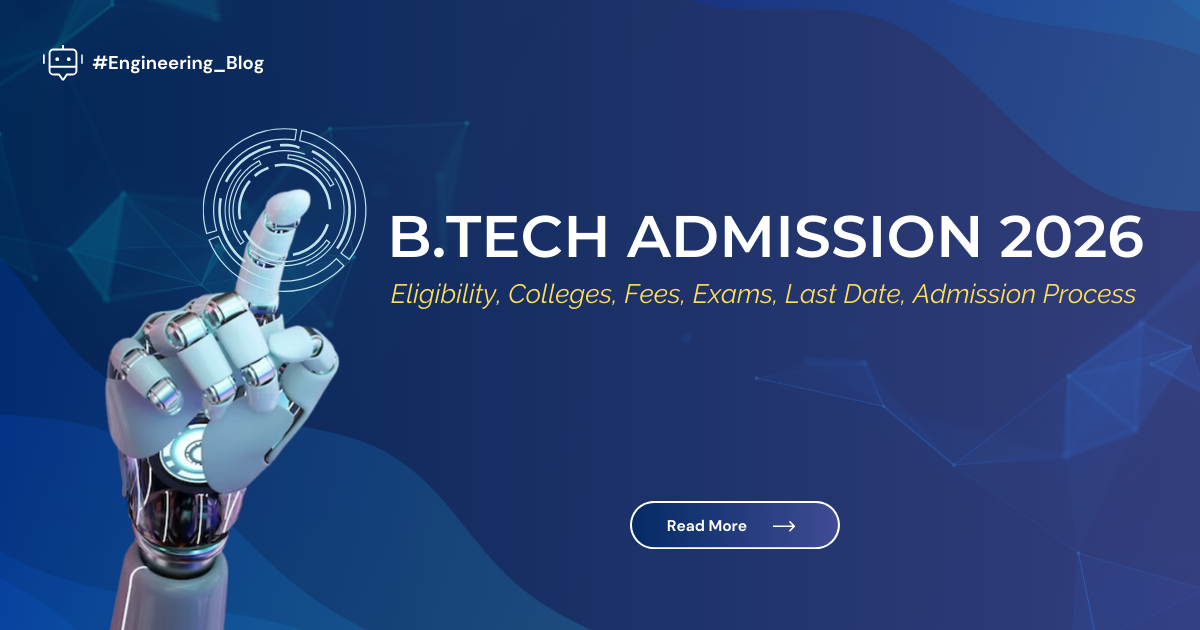

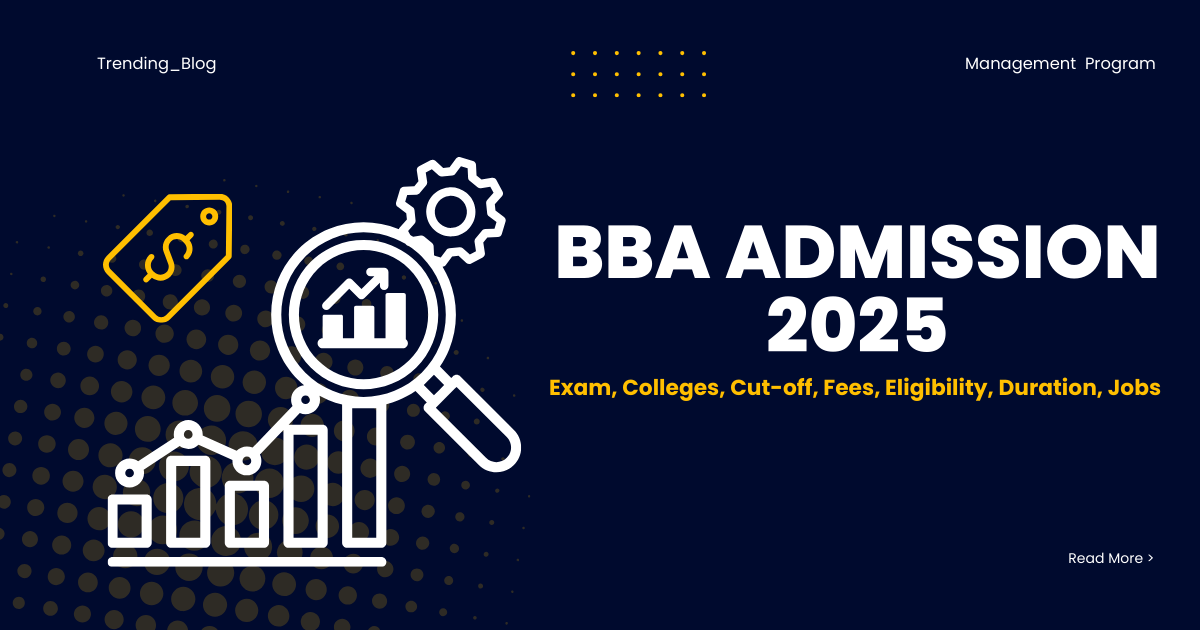
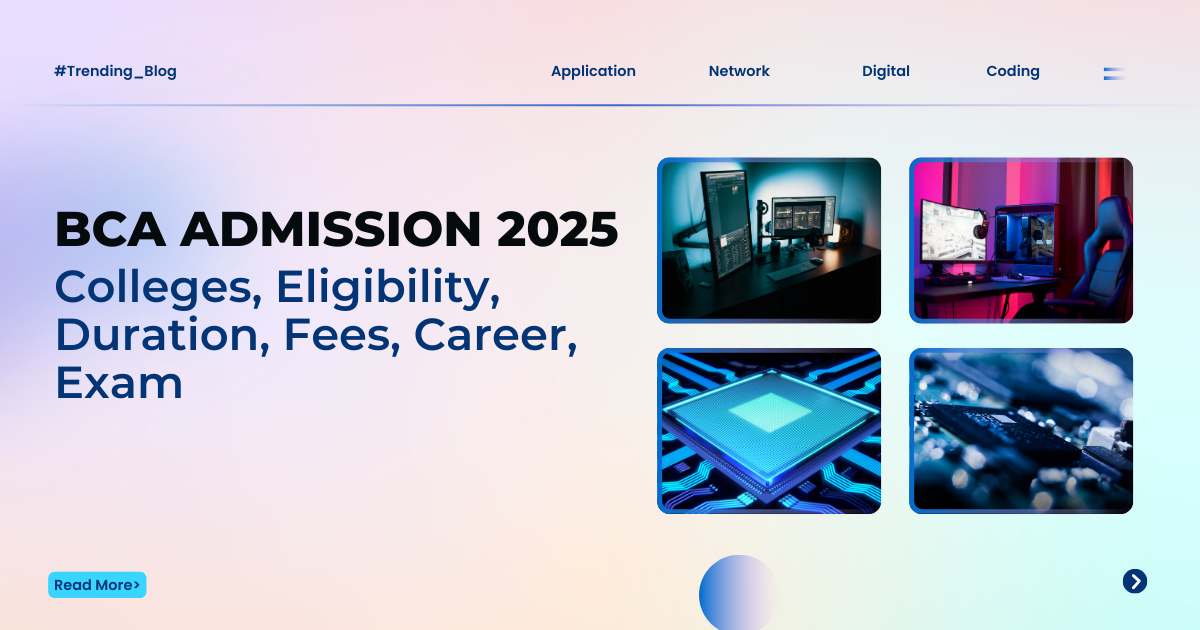
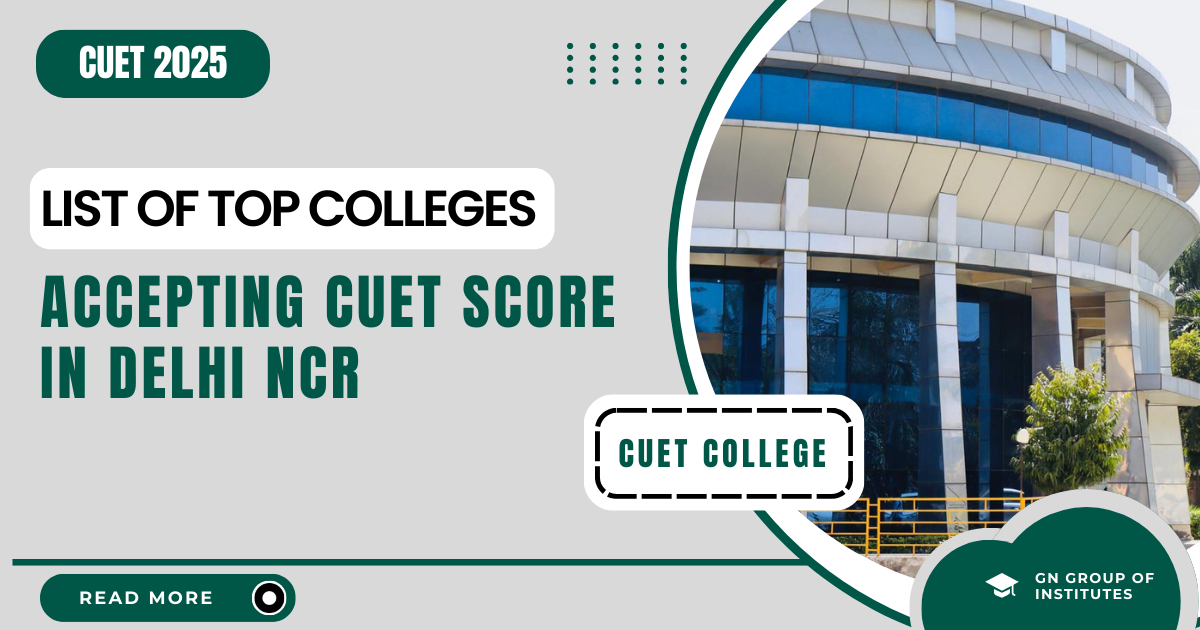
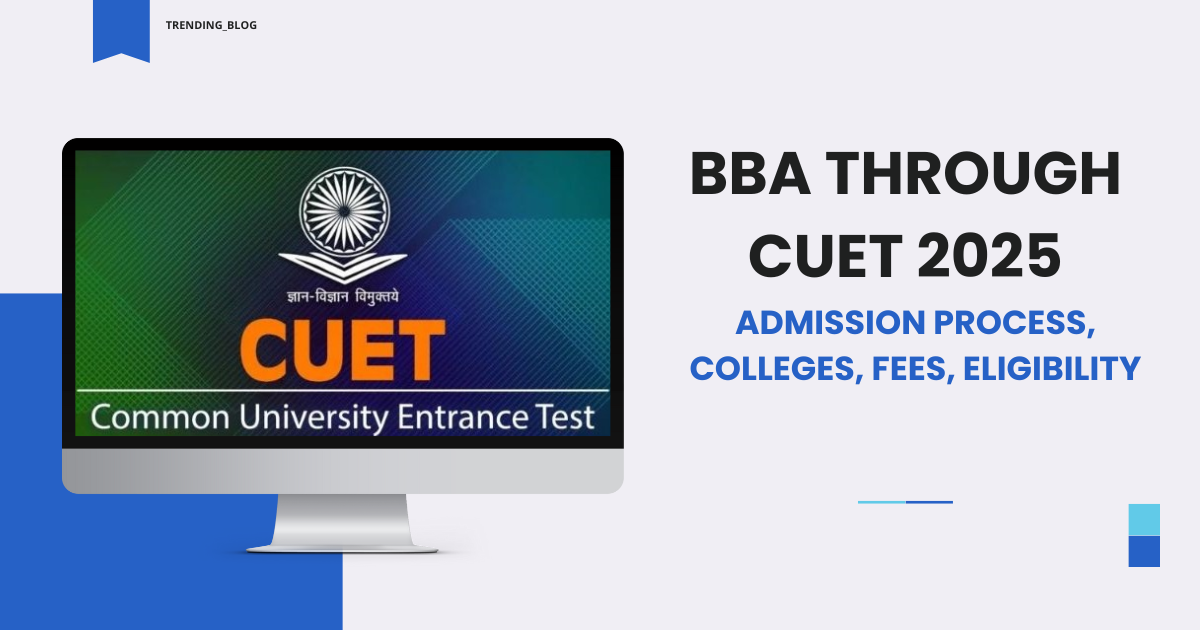

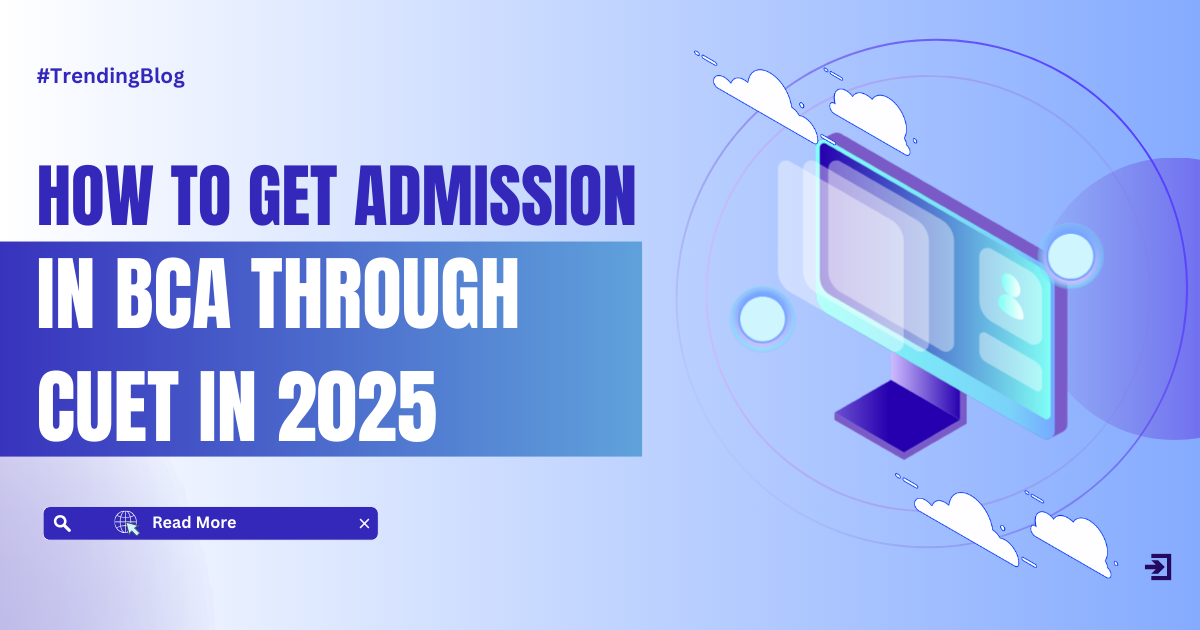



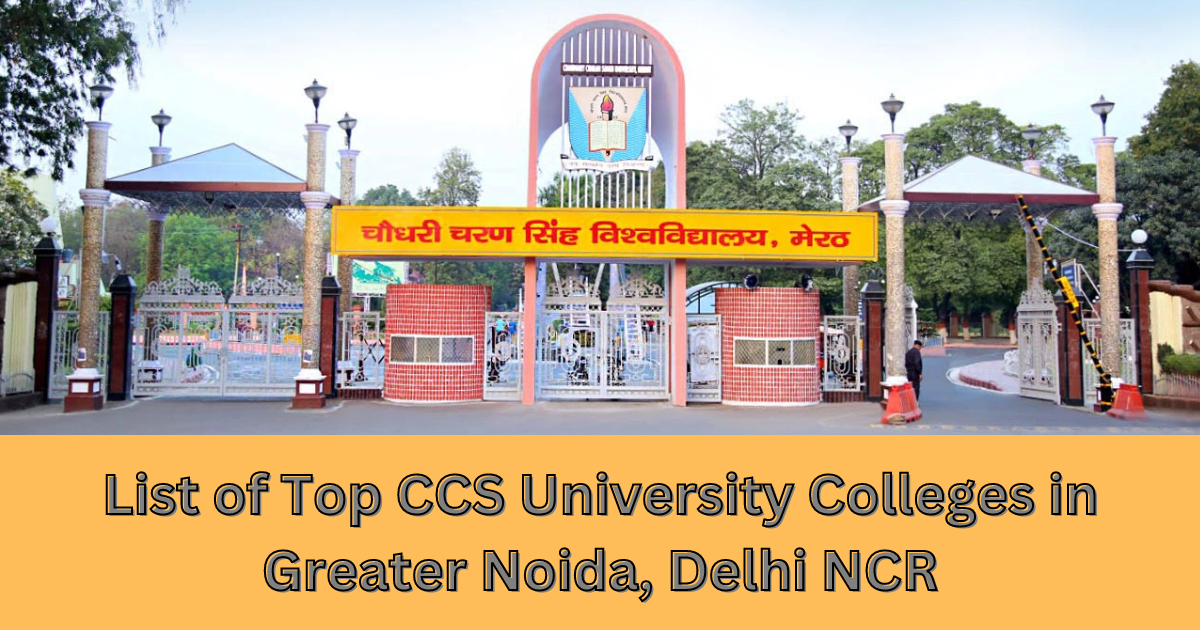
.png)
